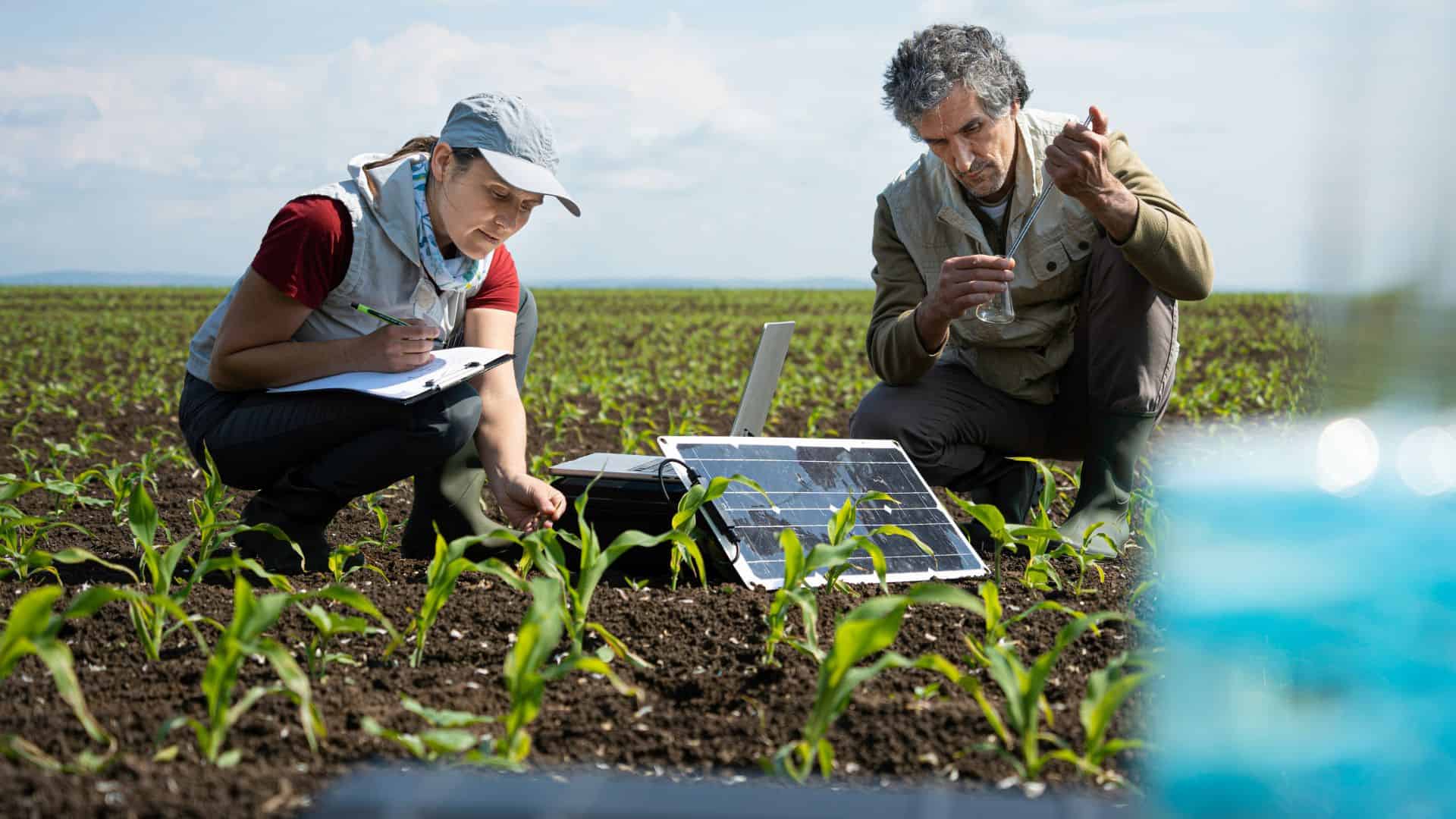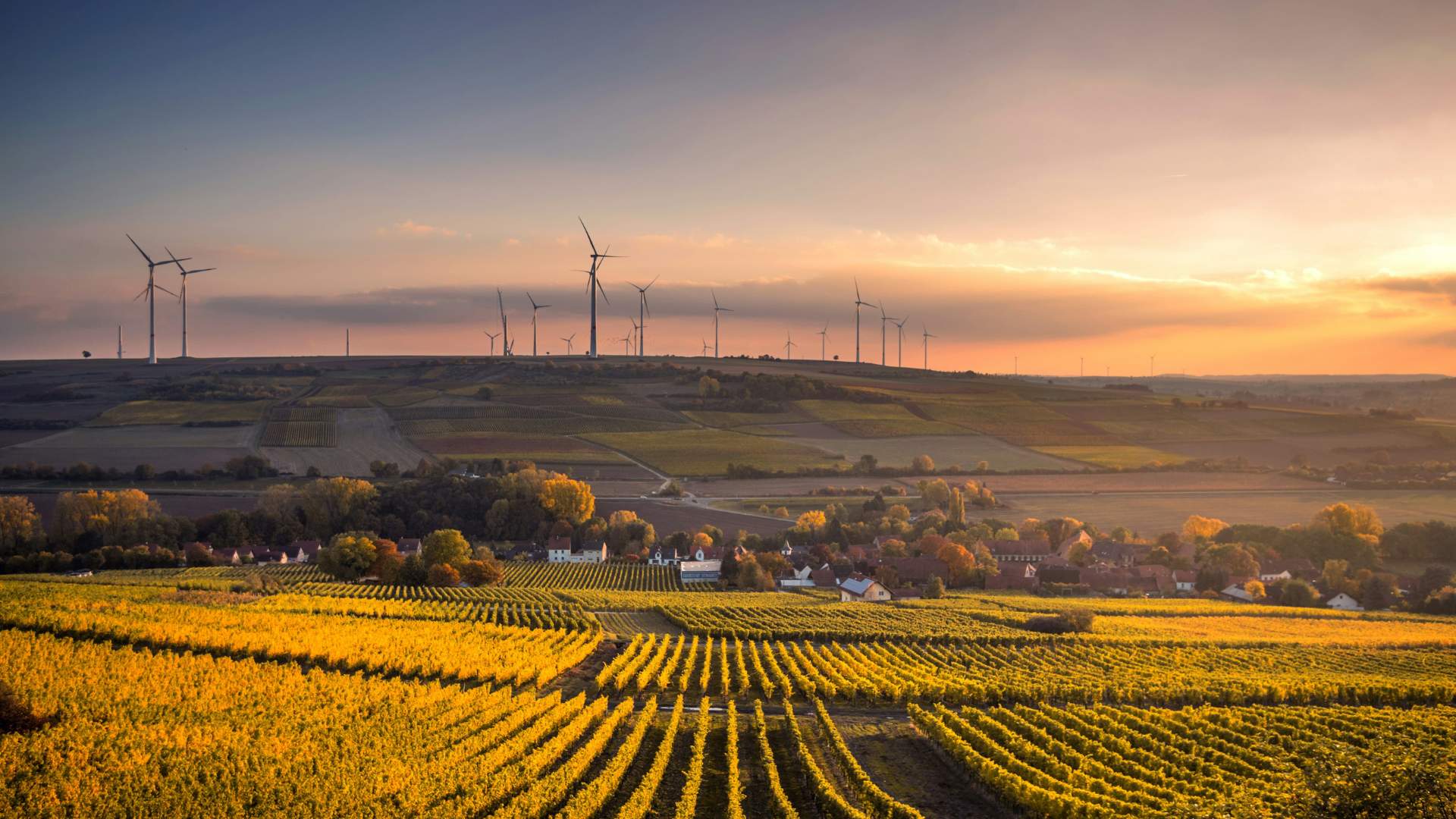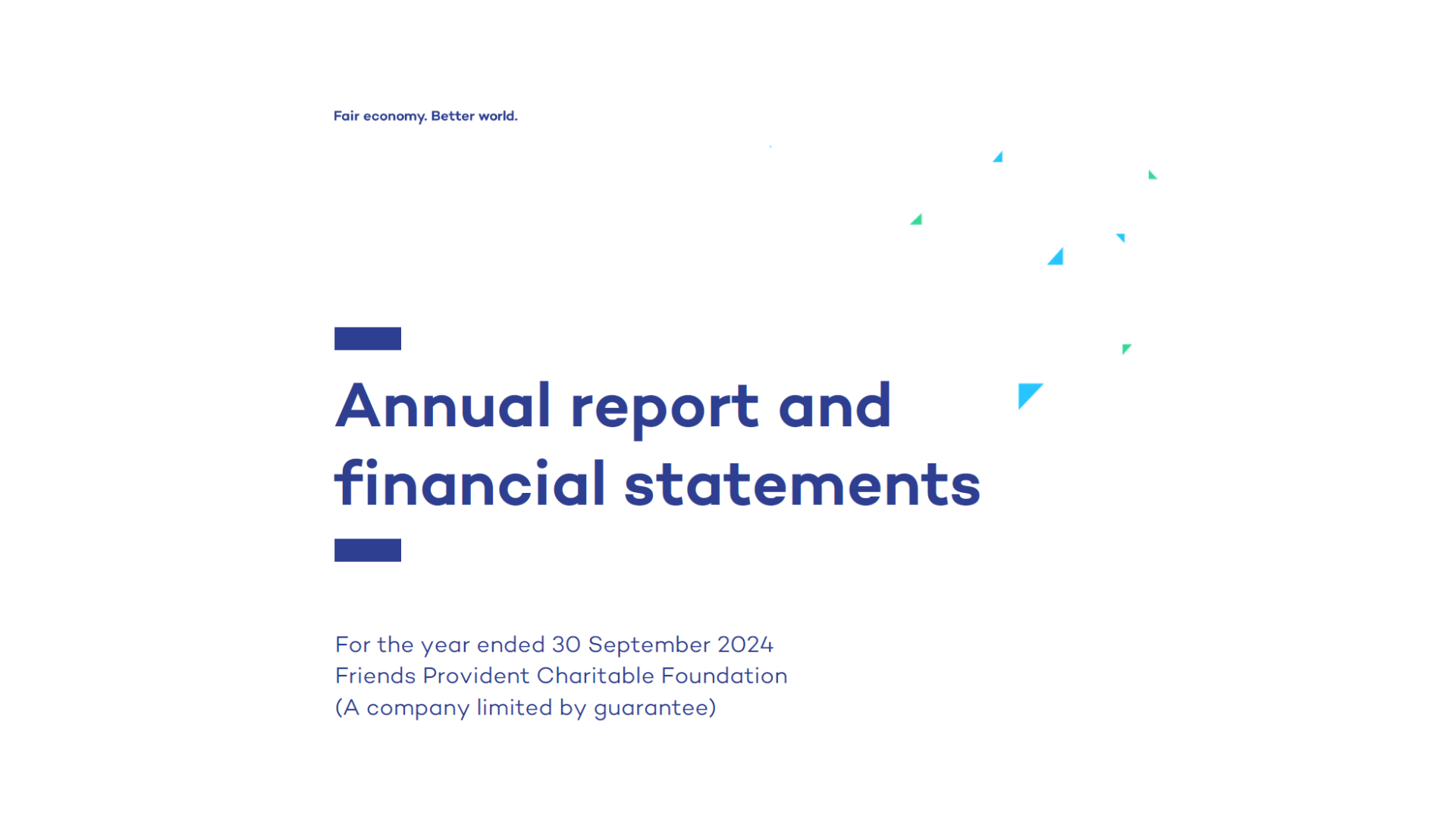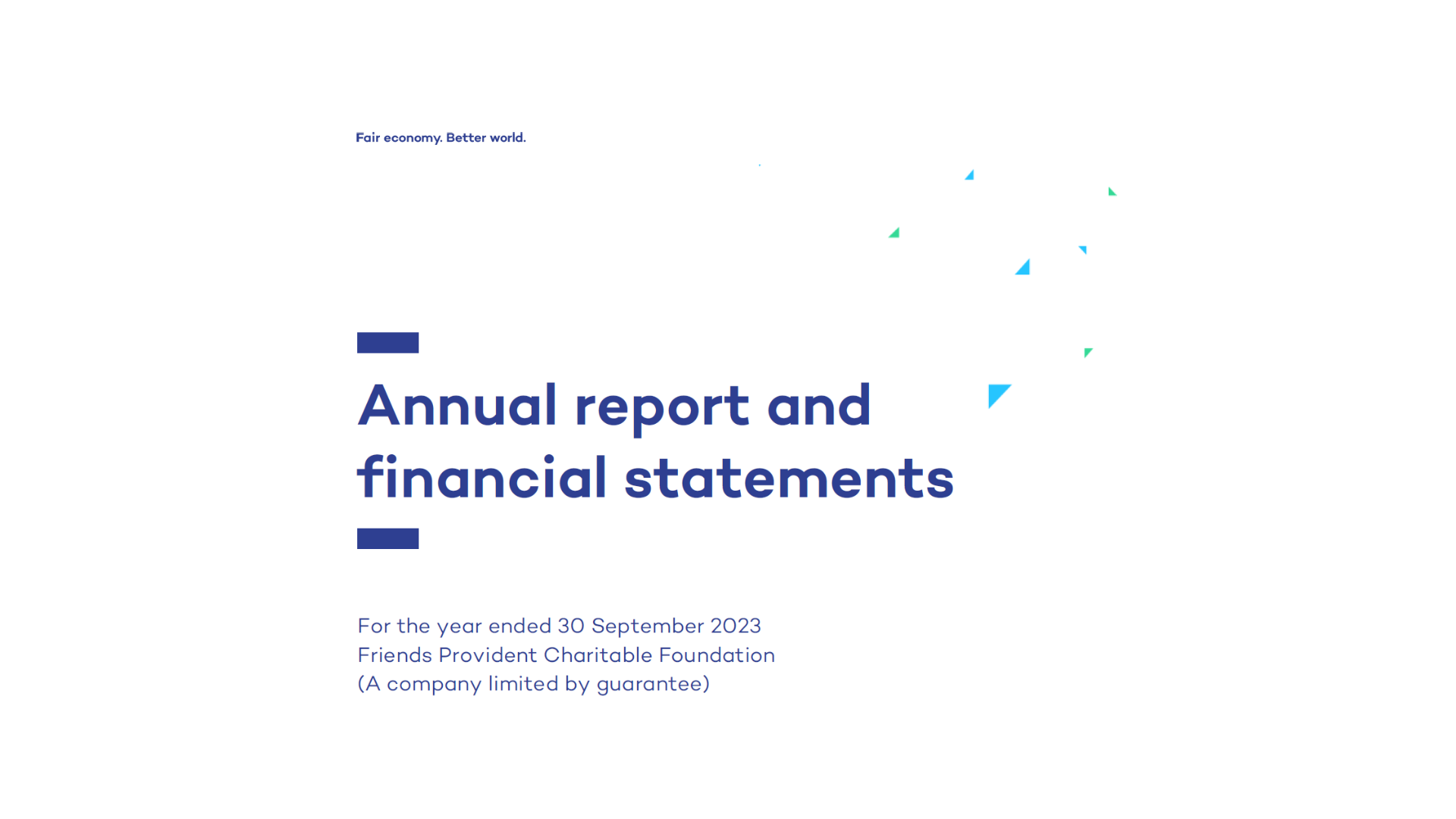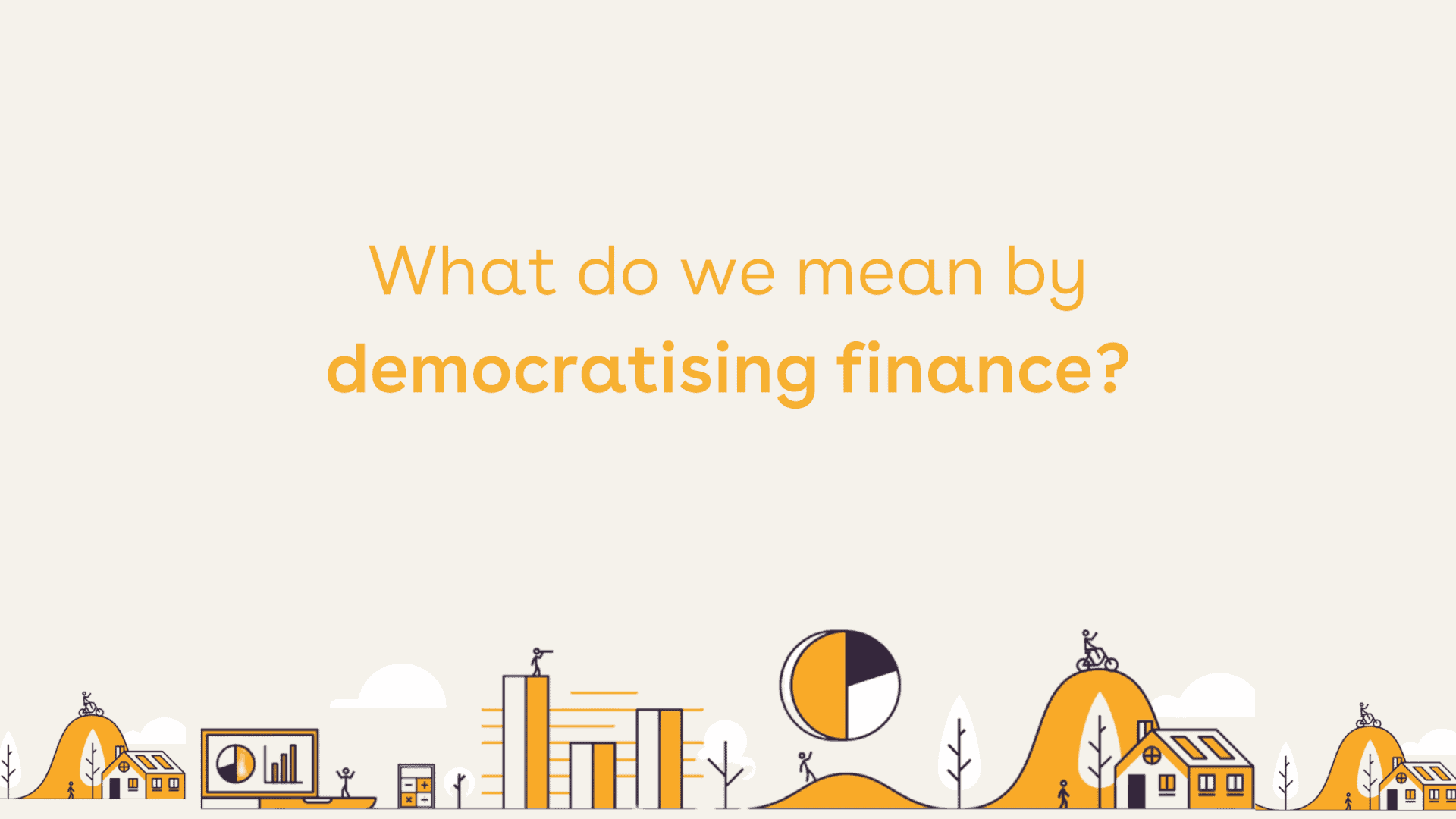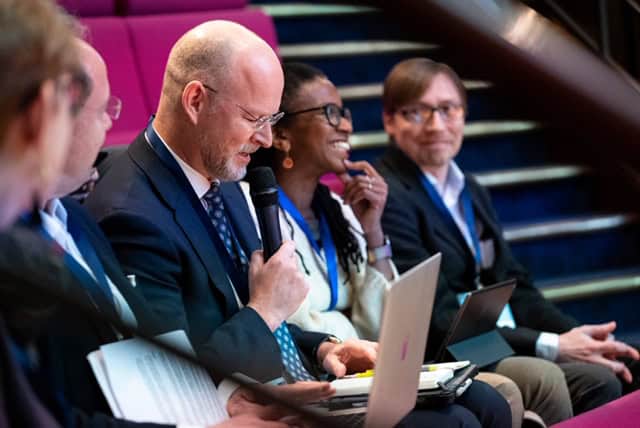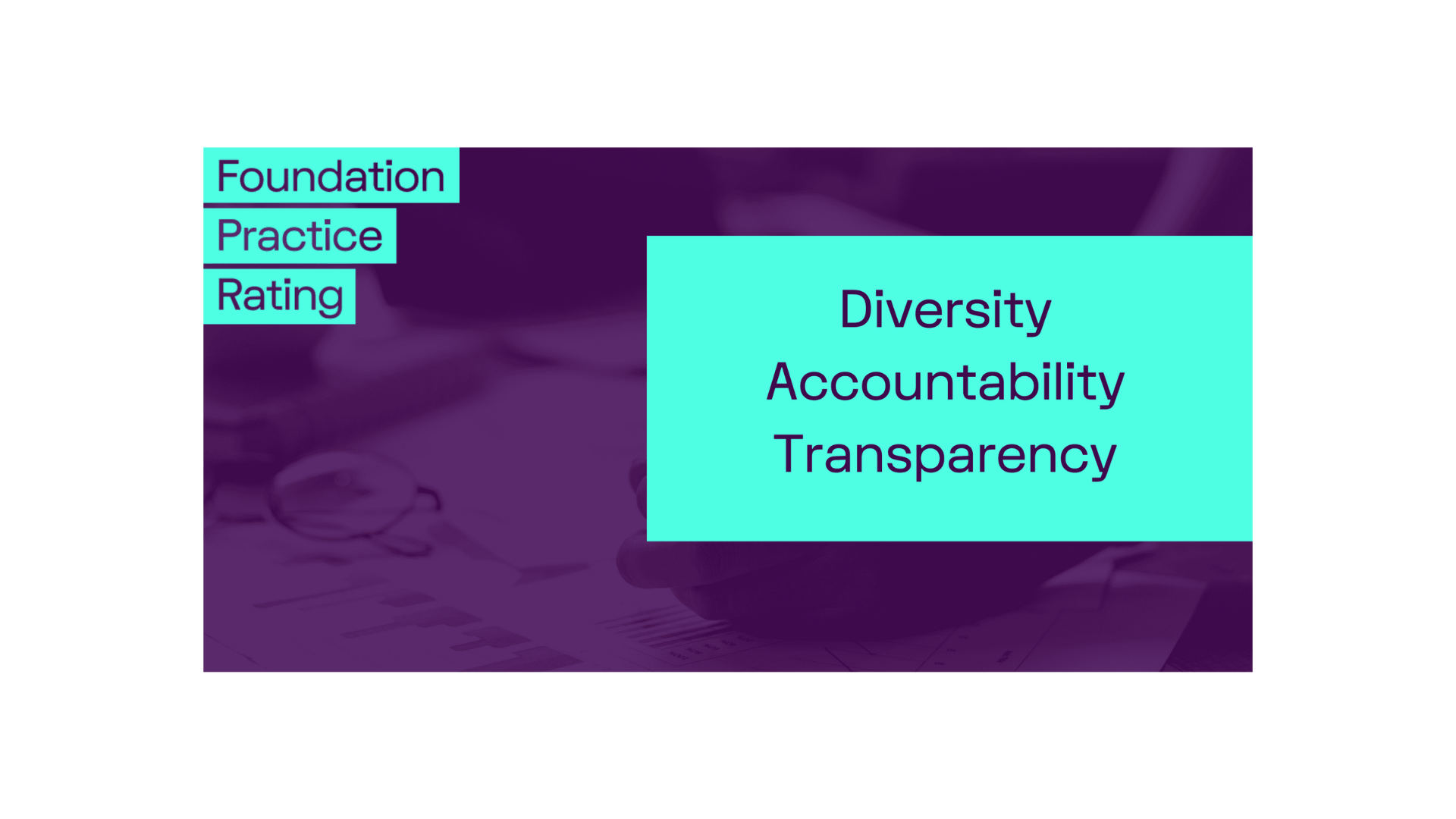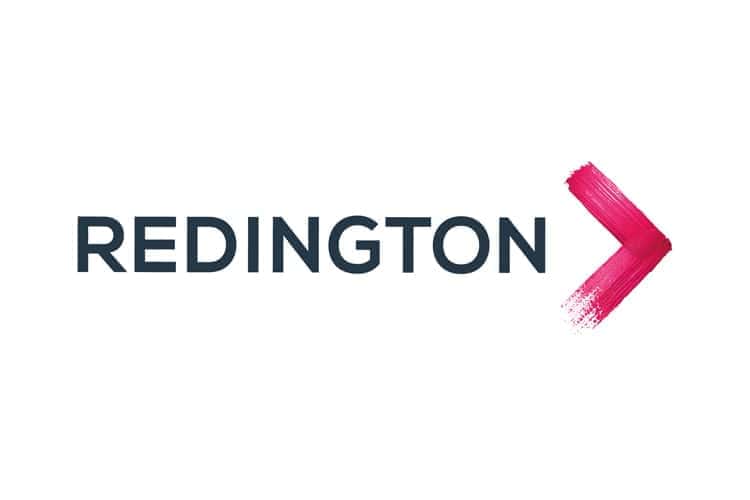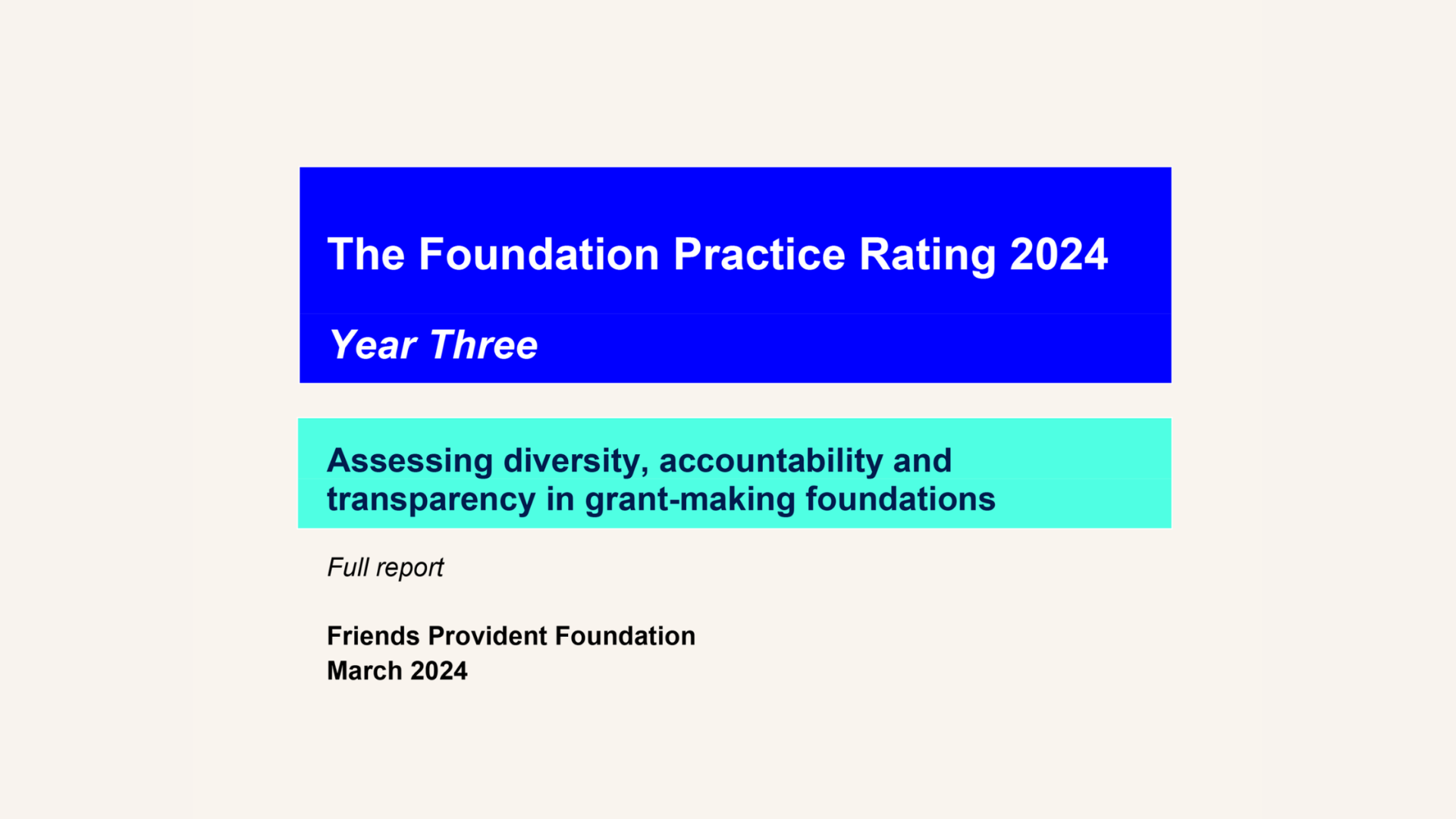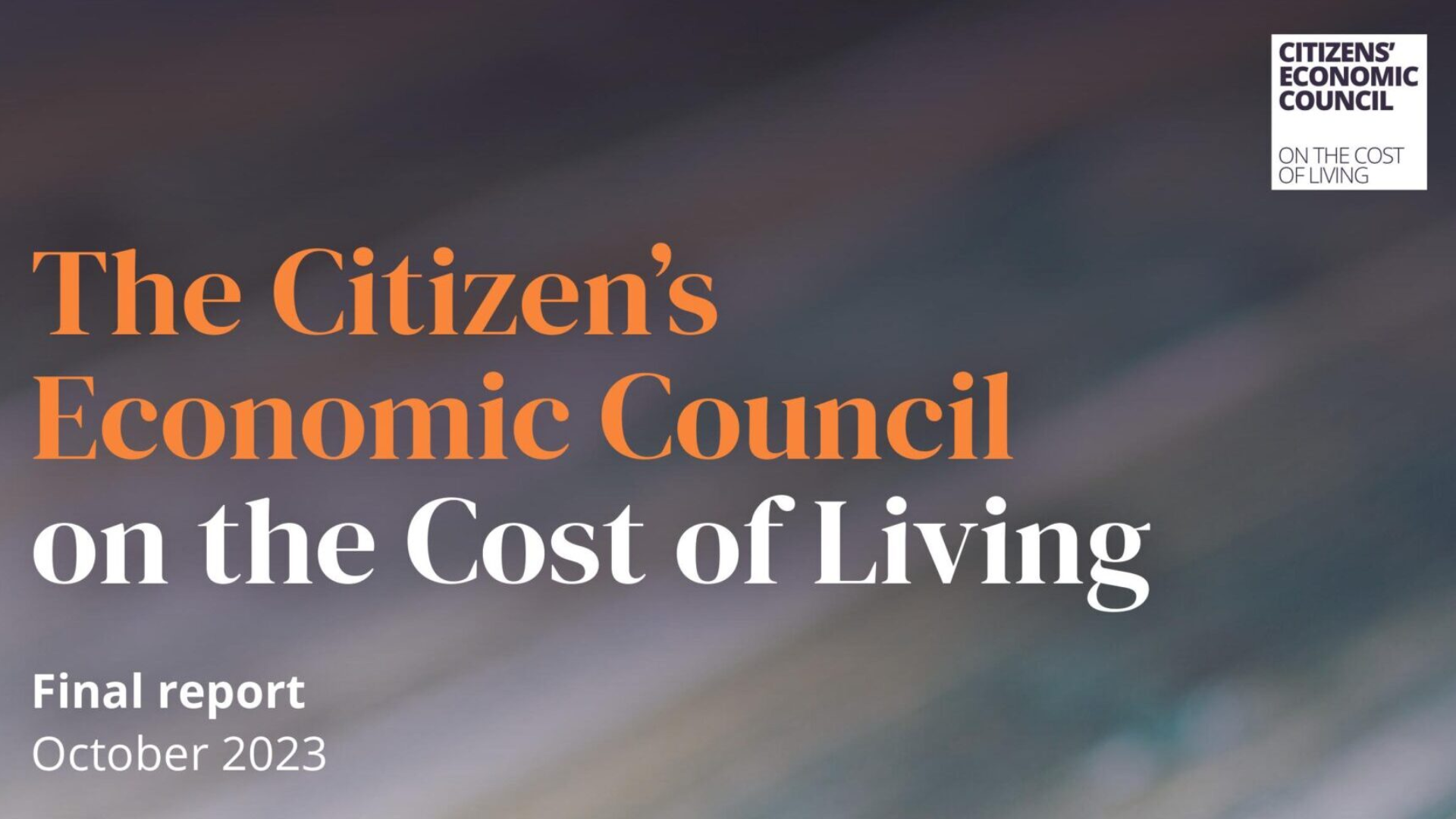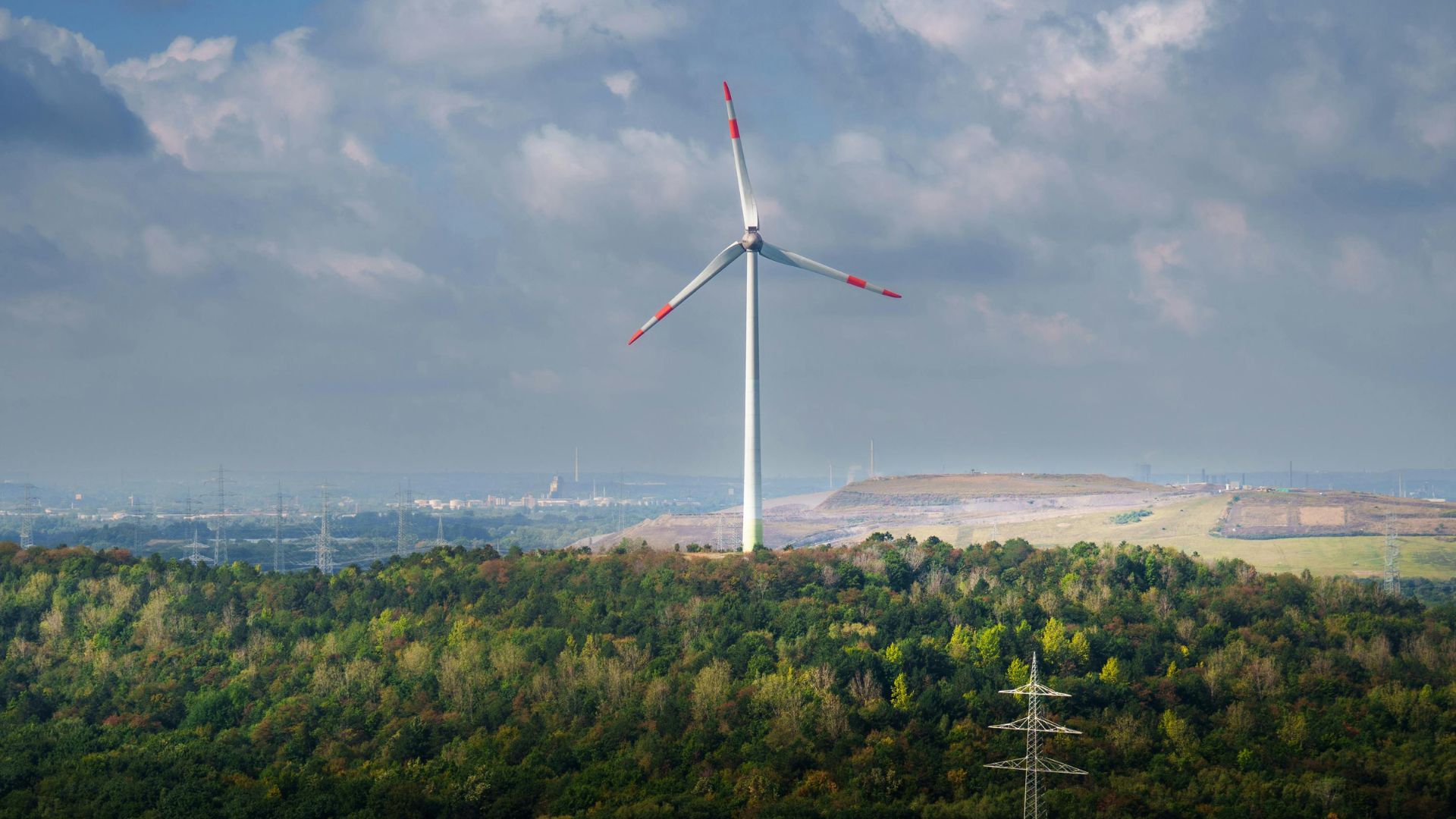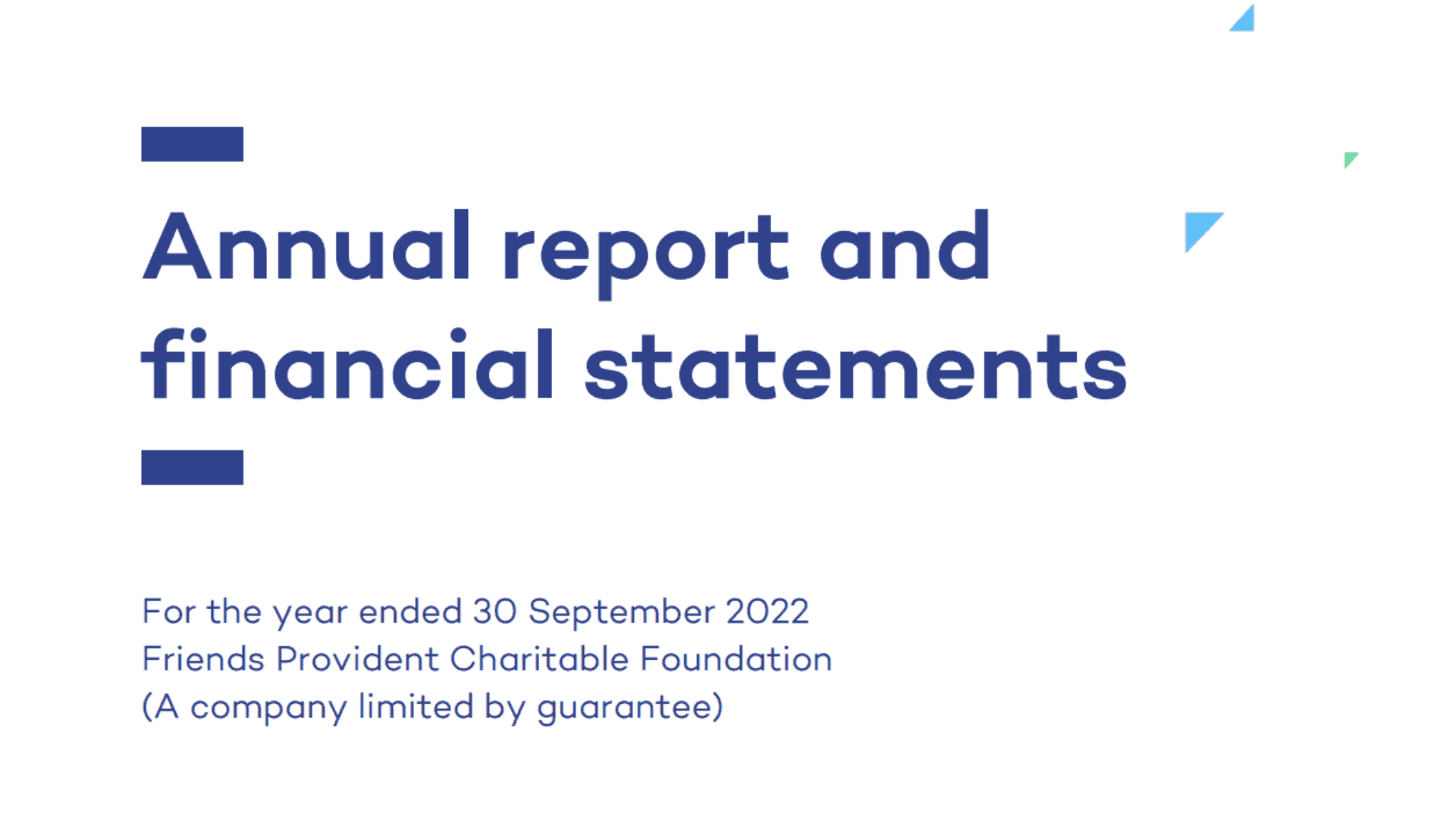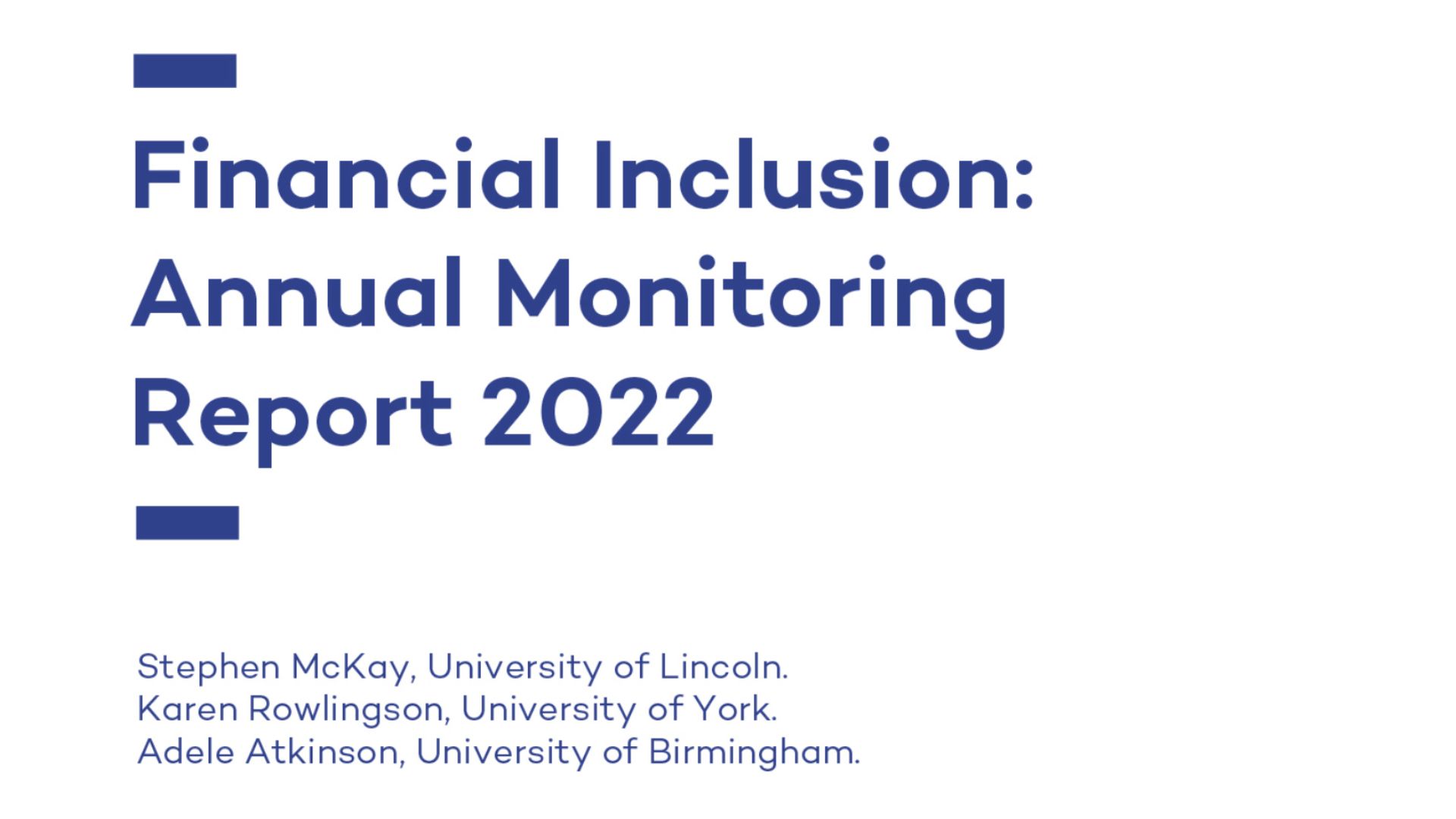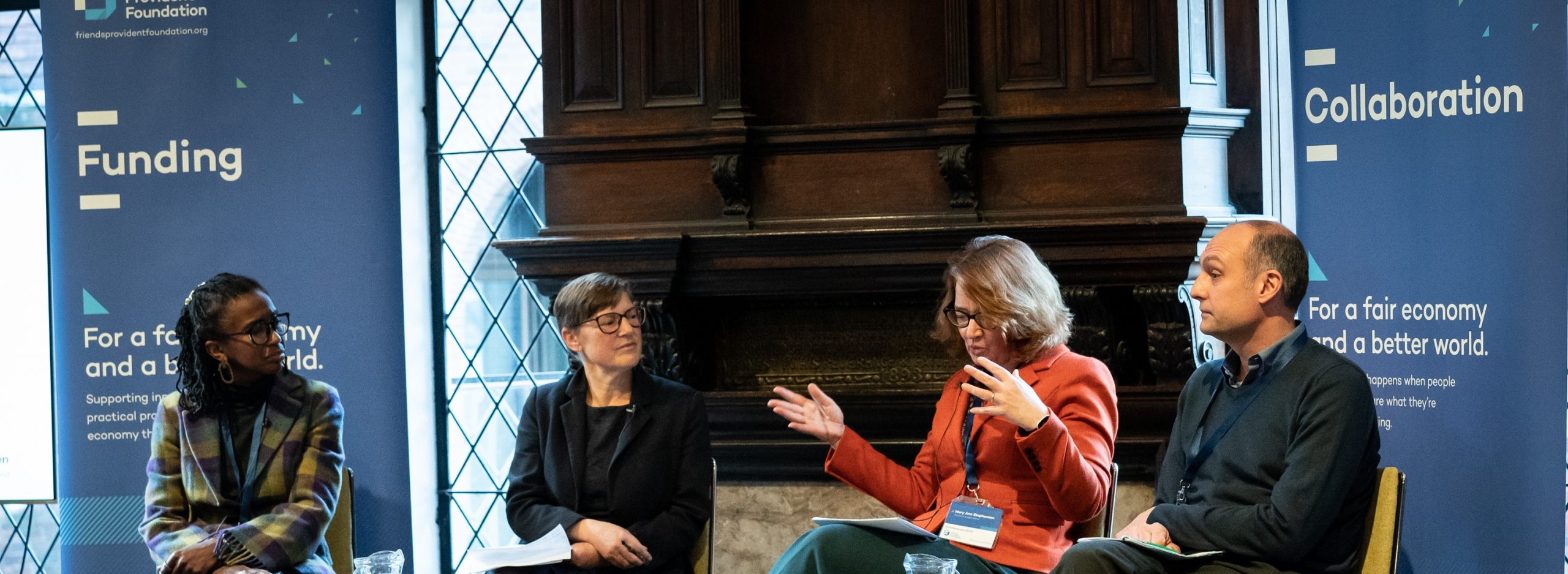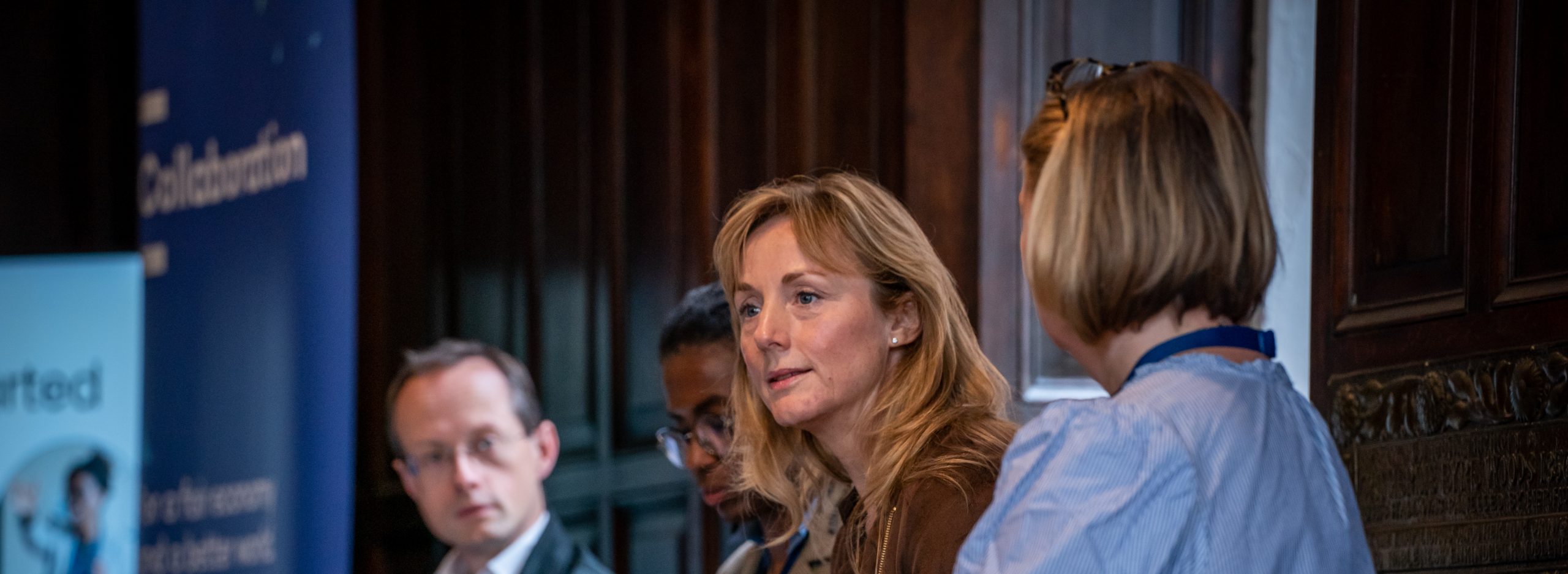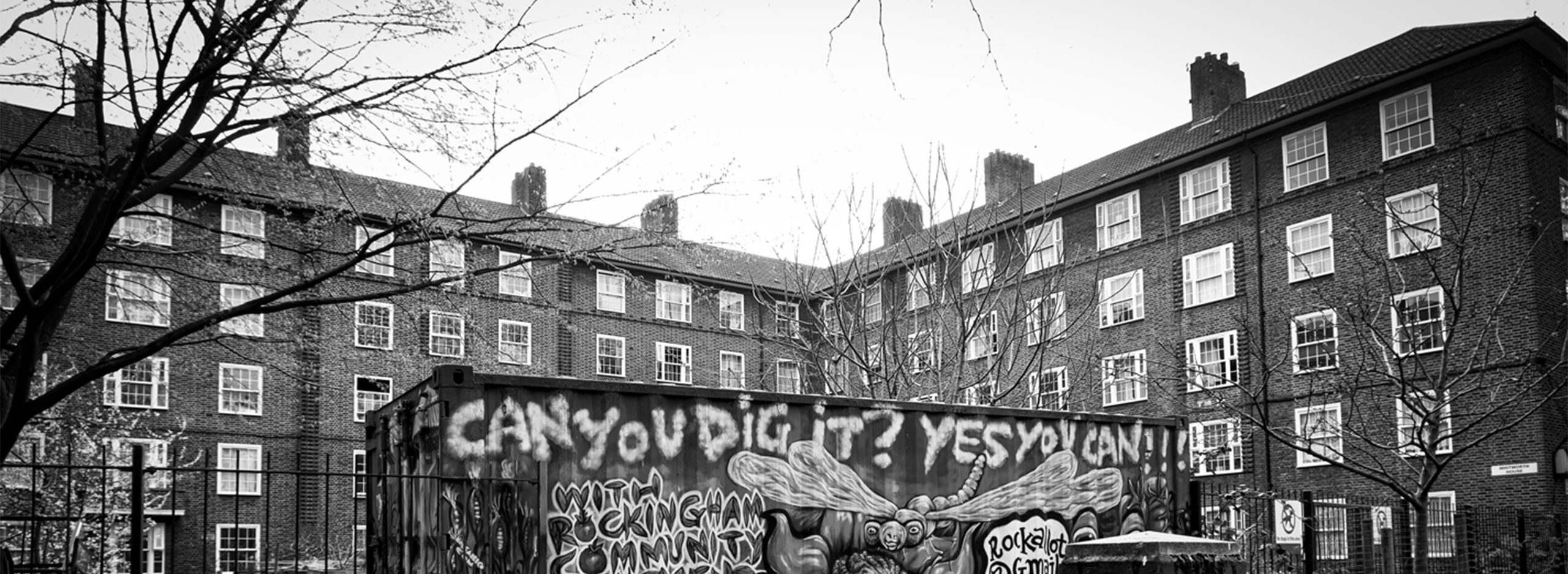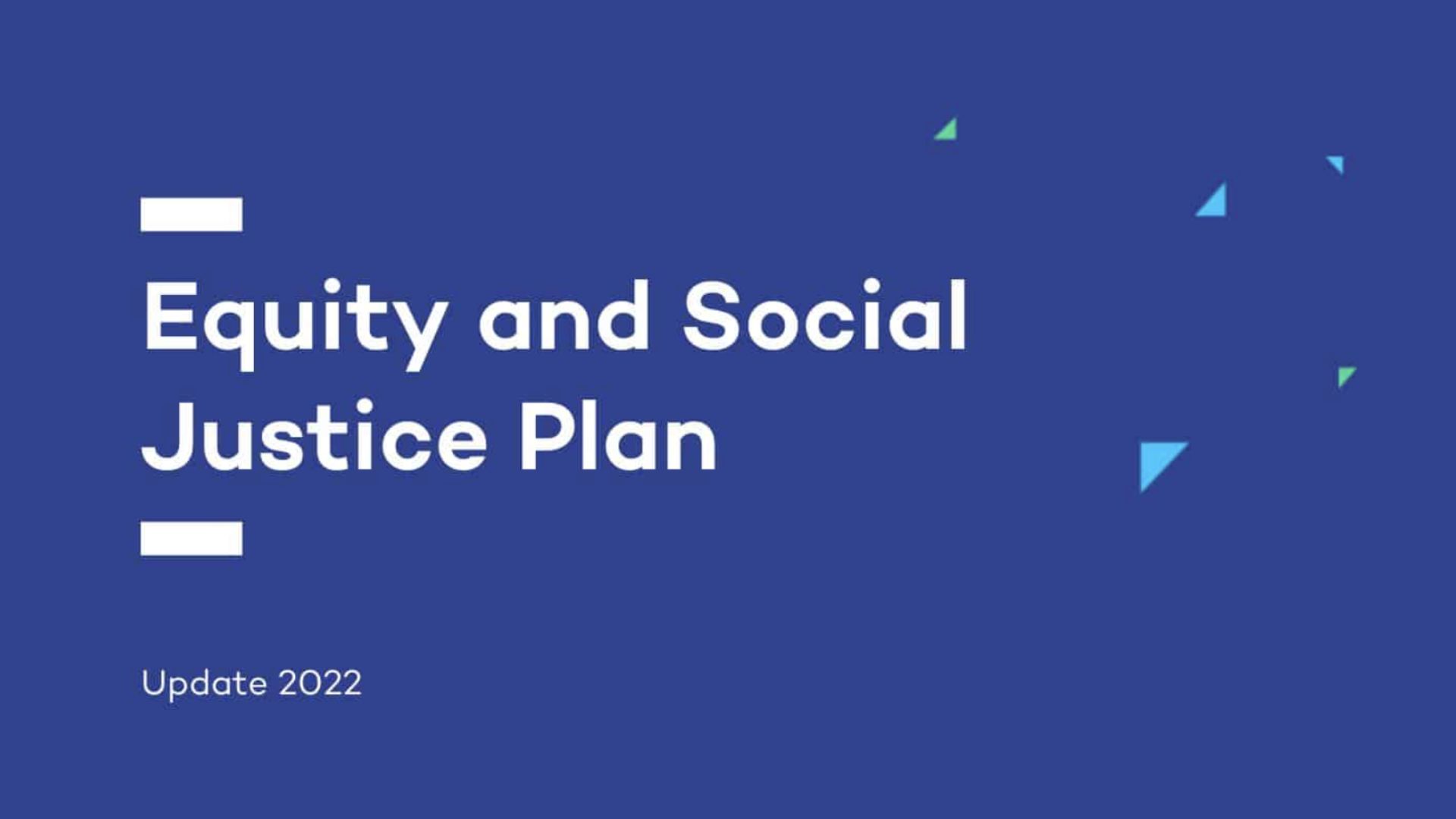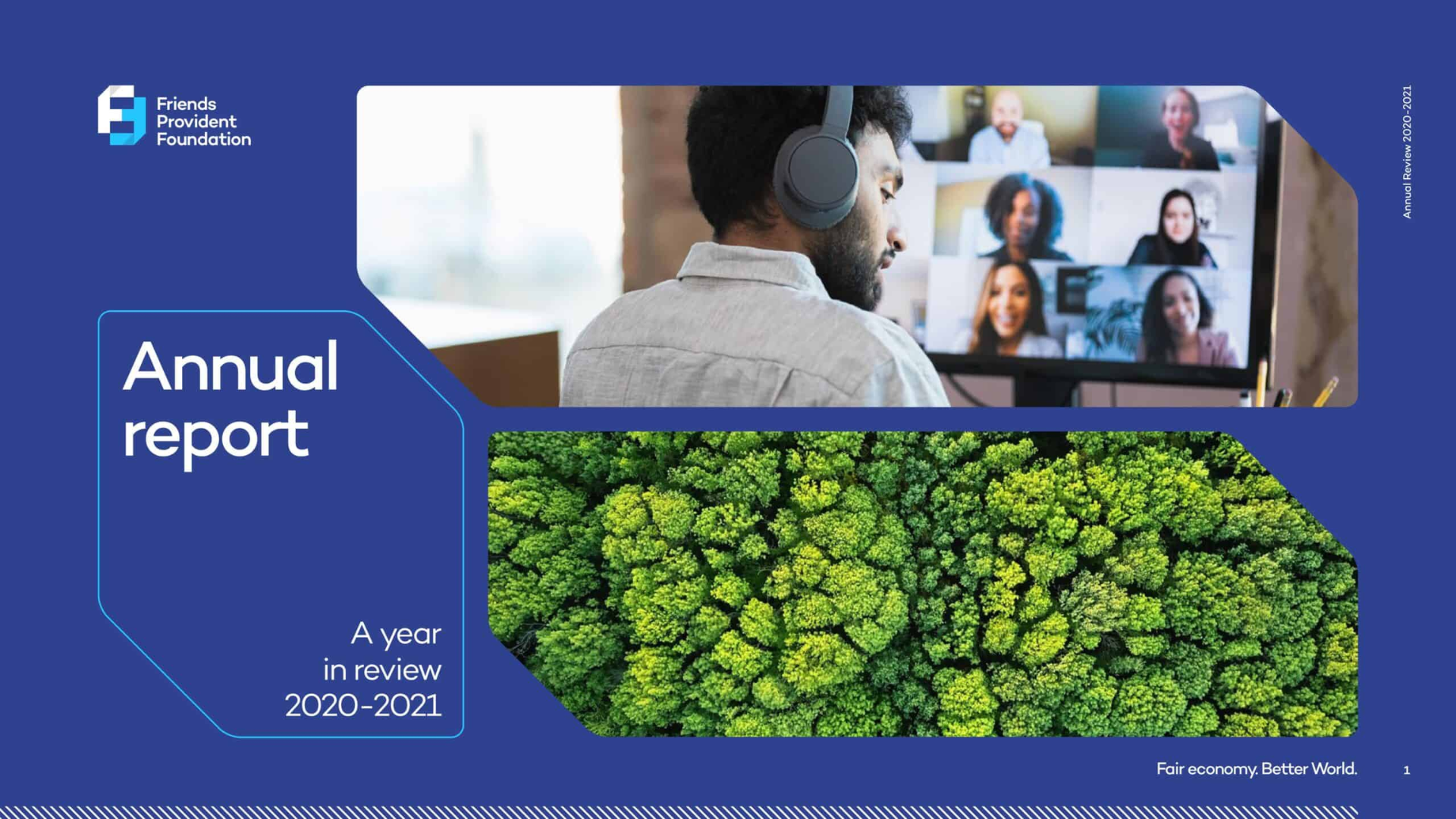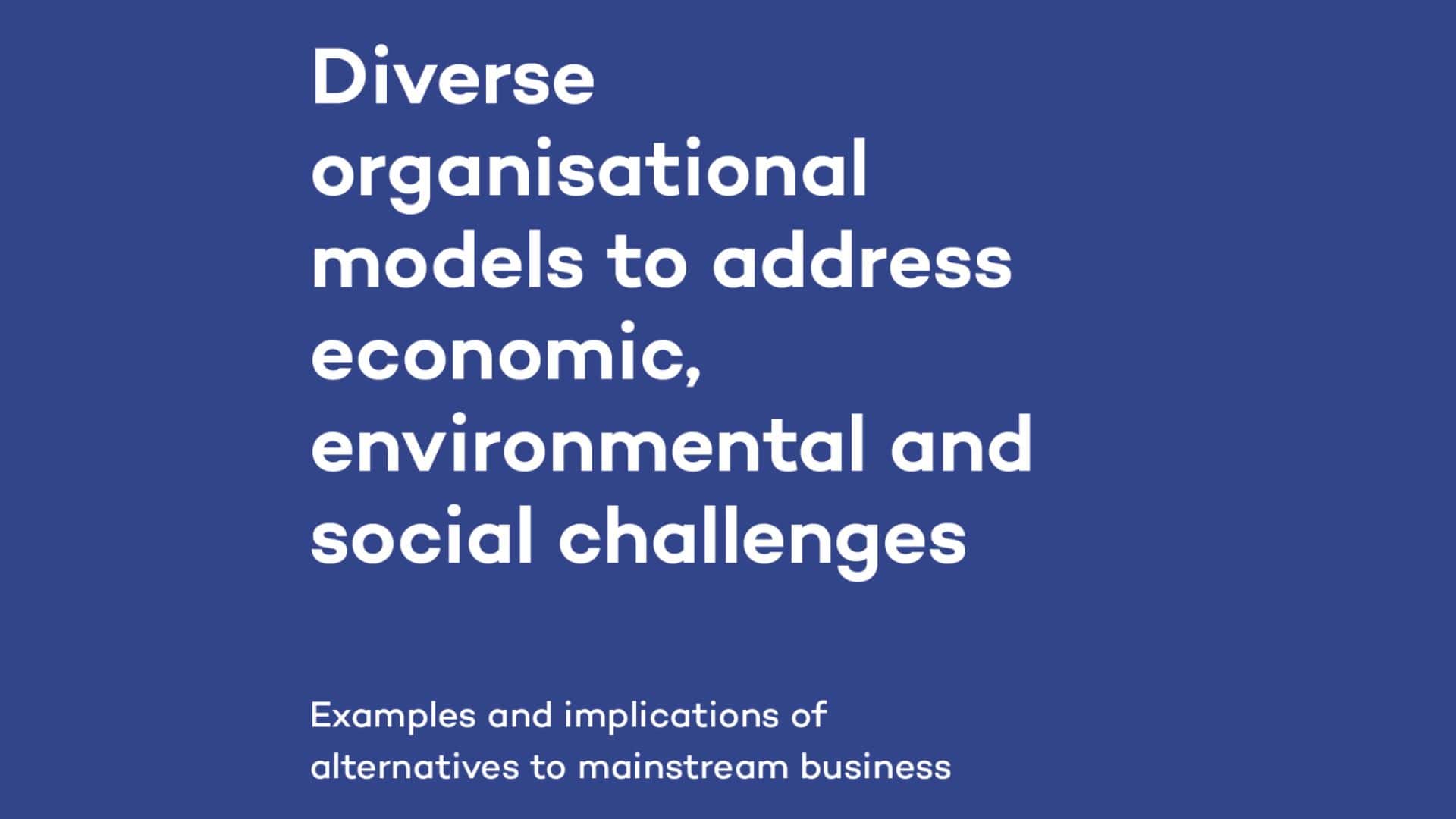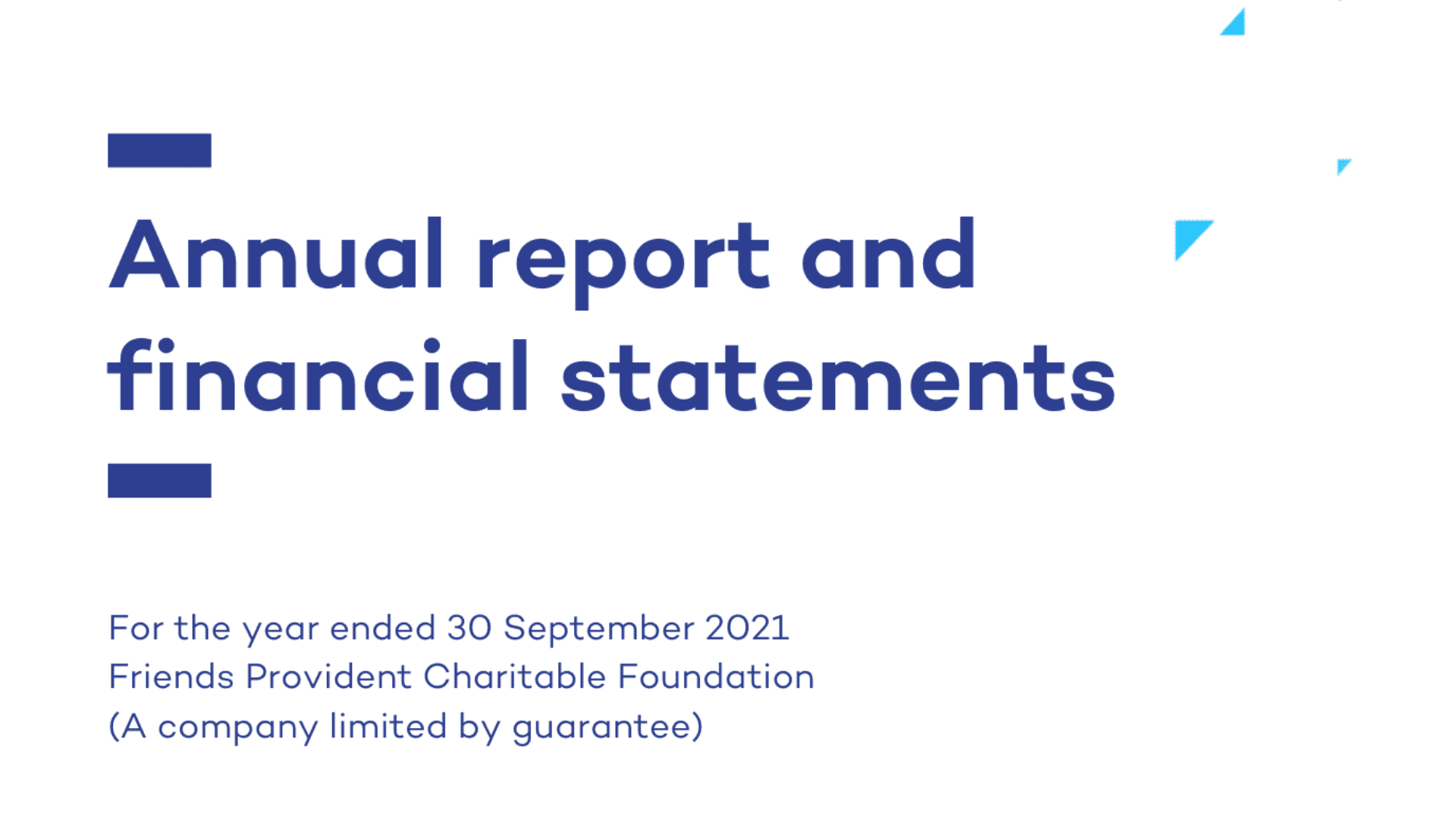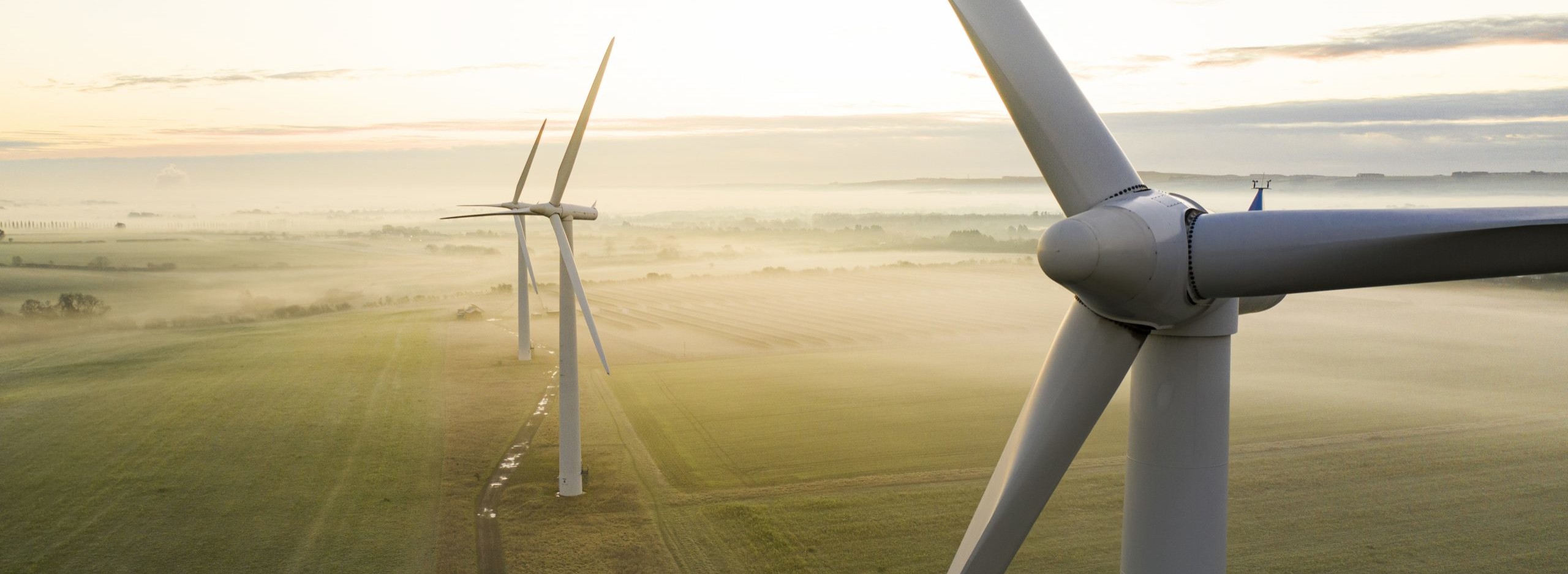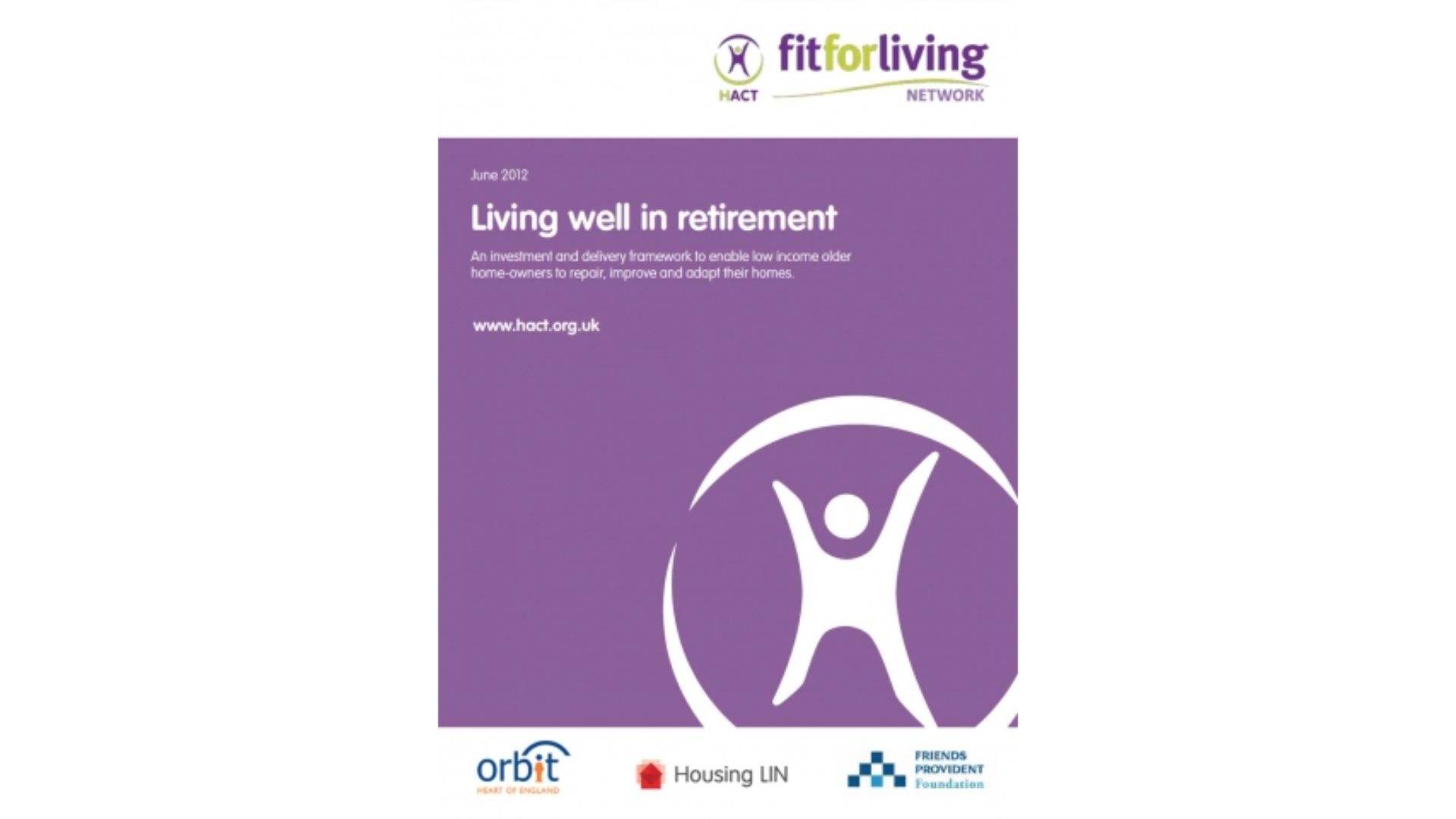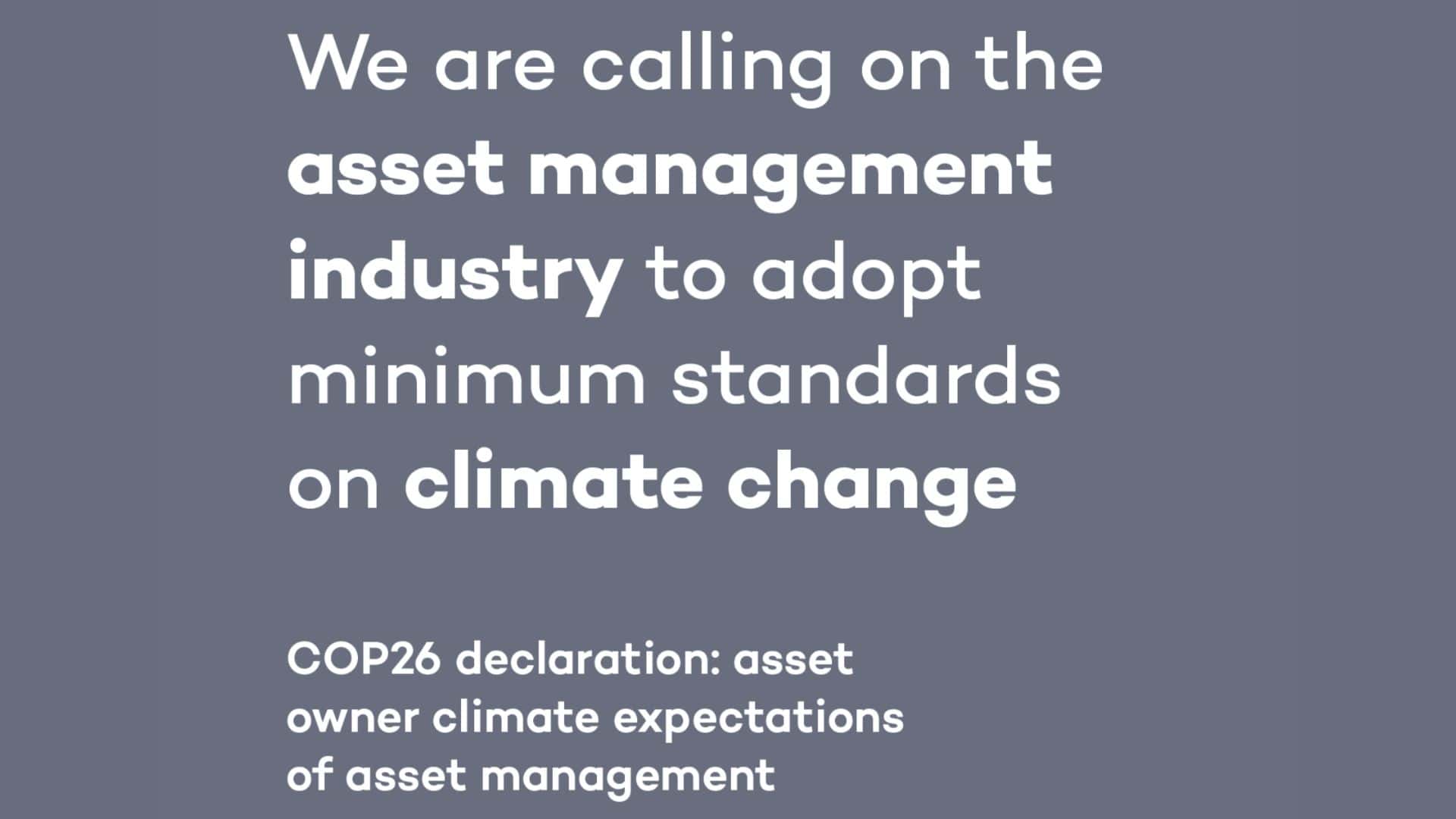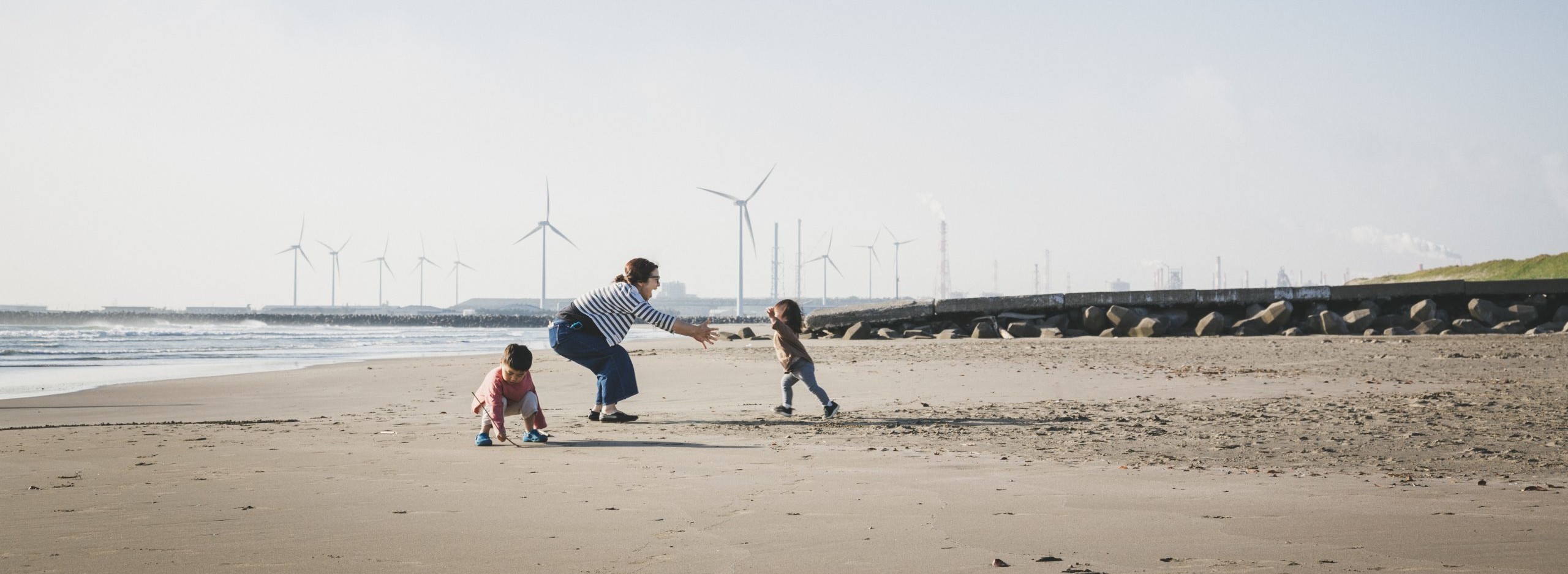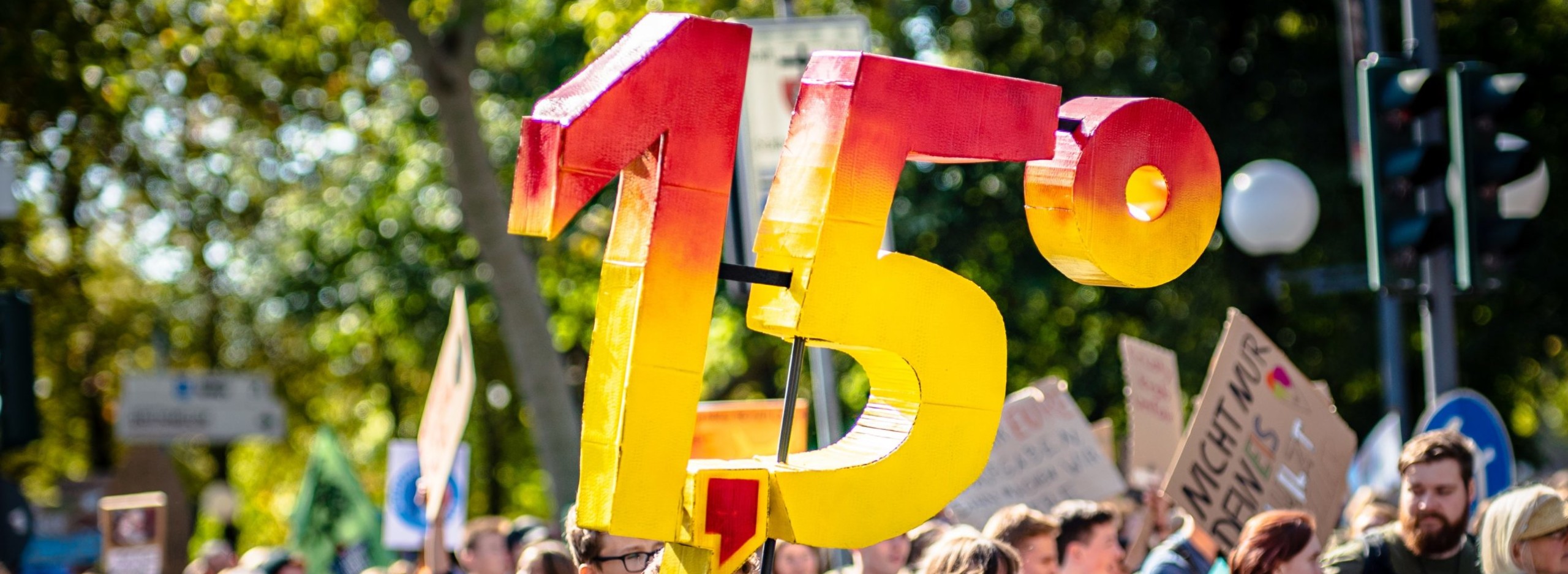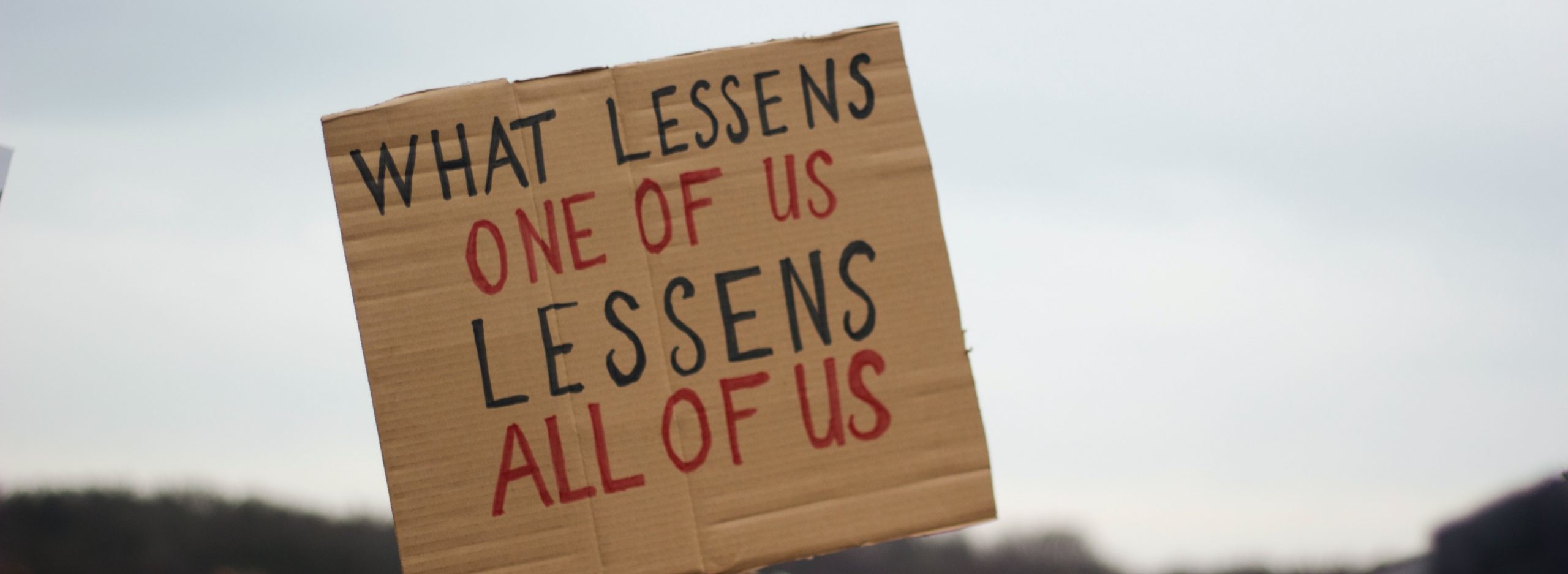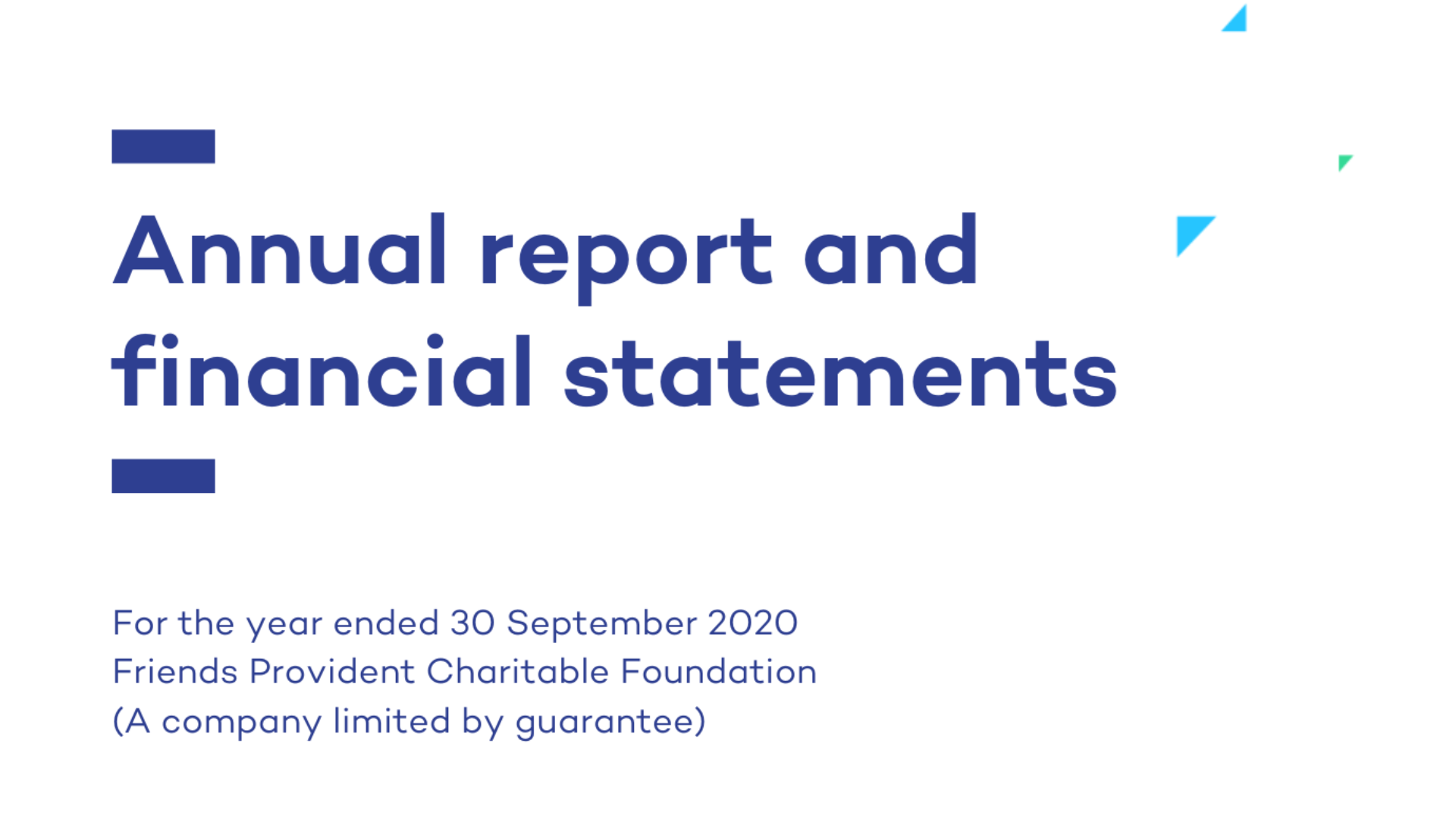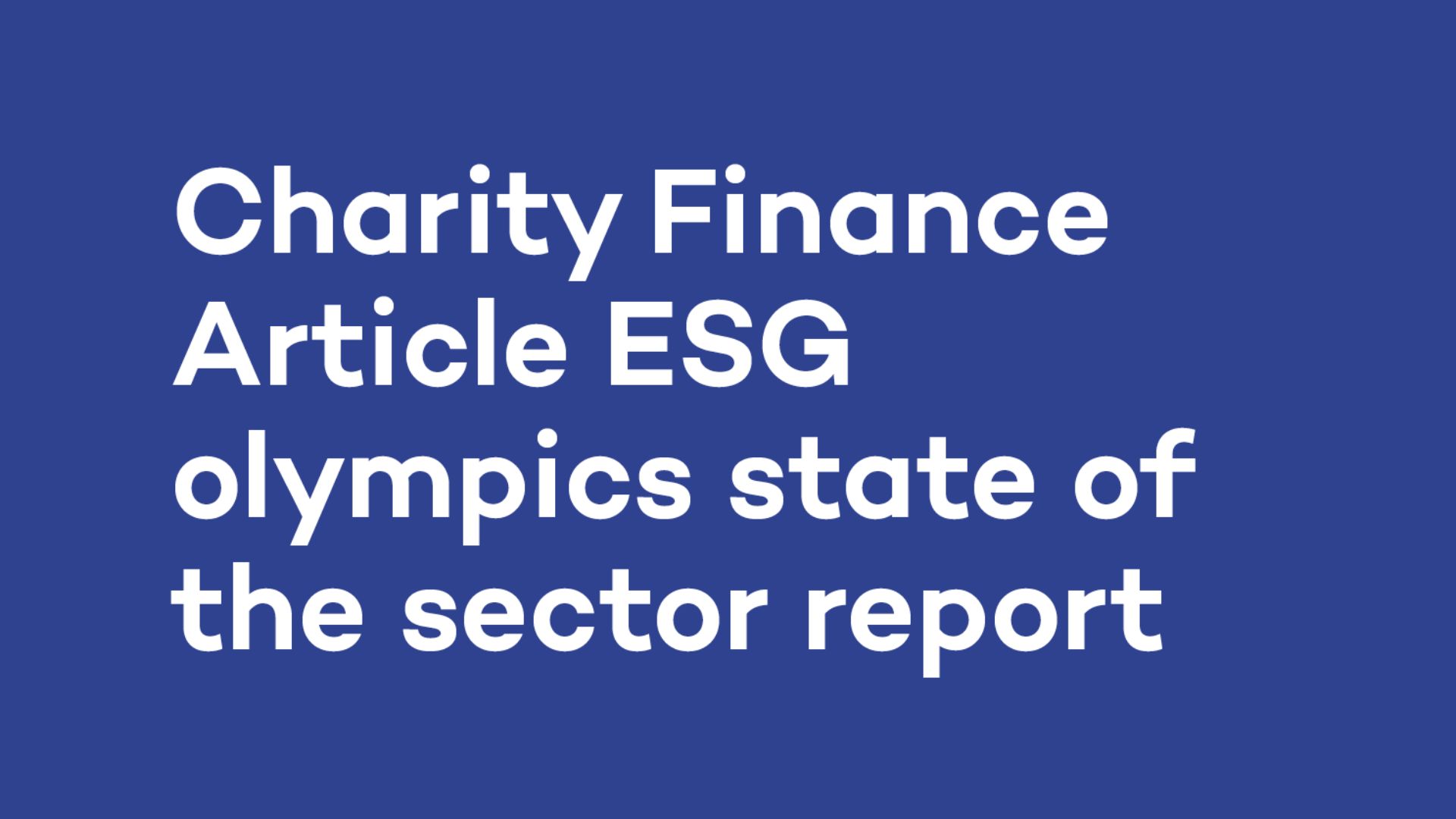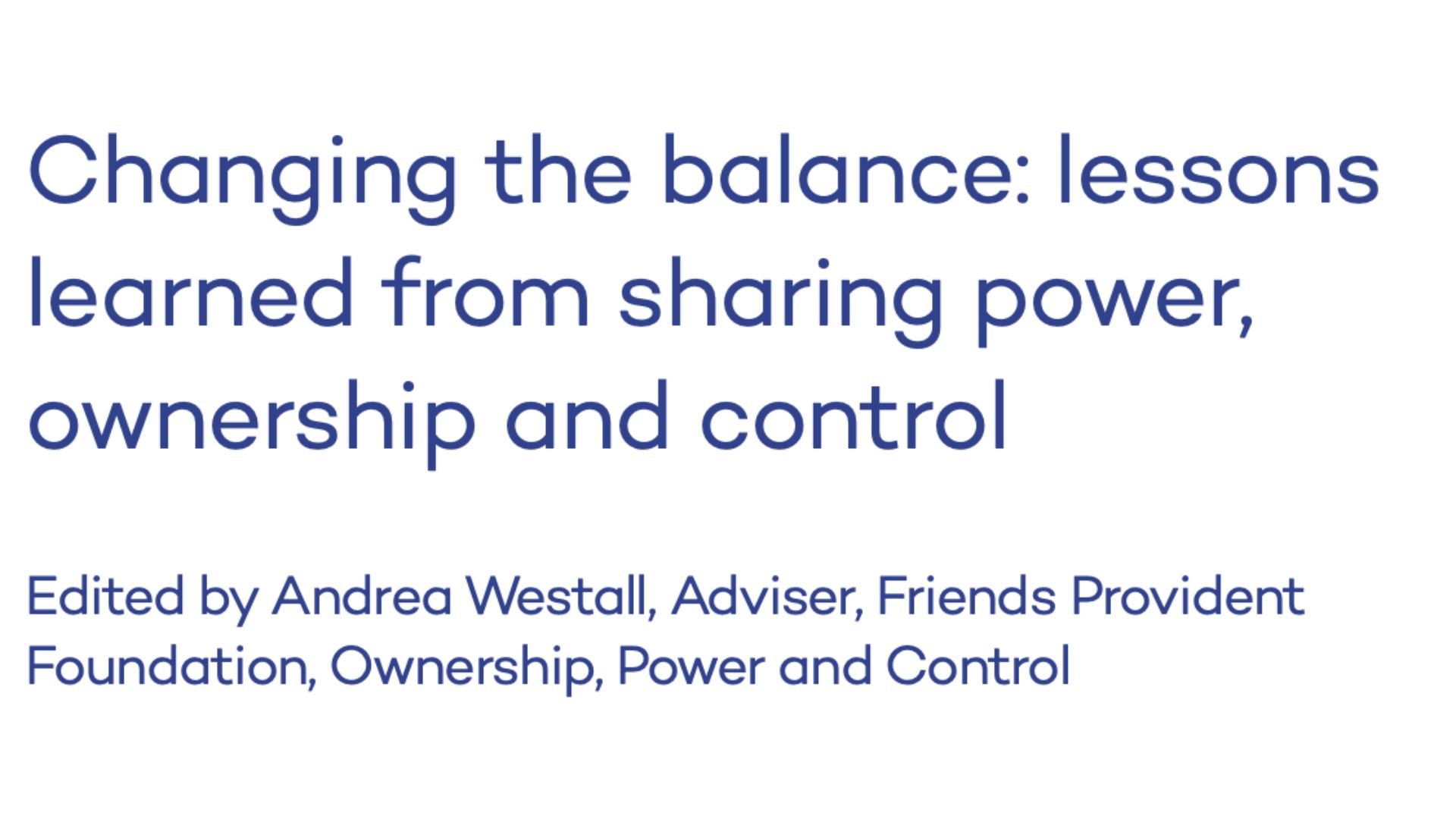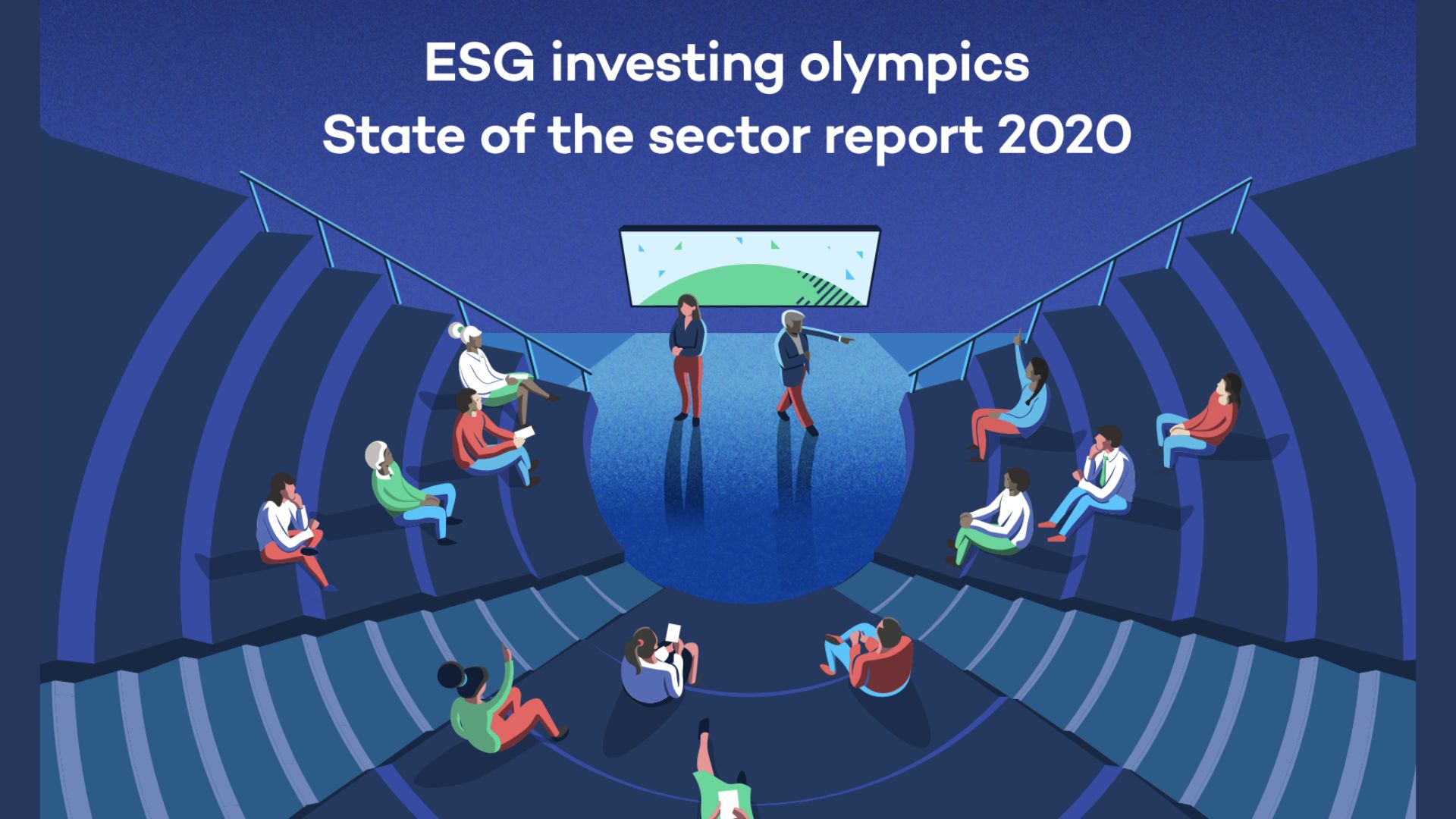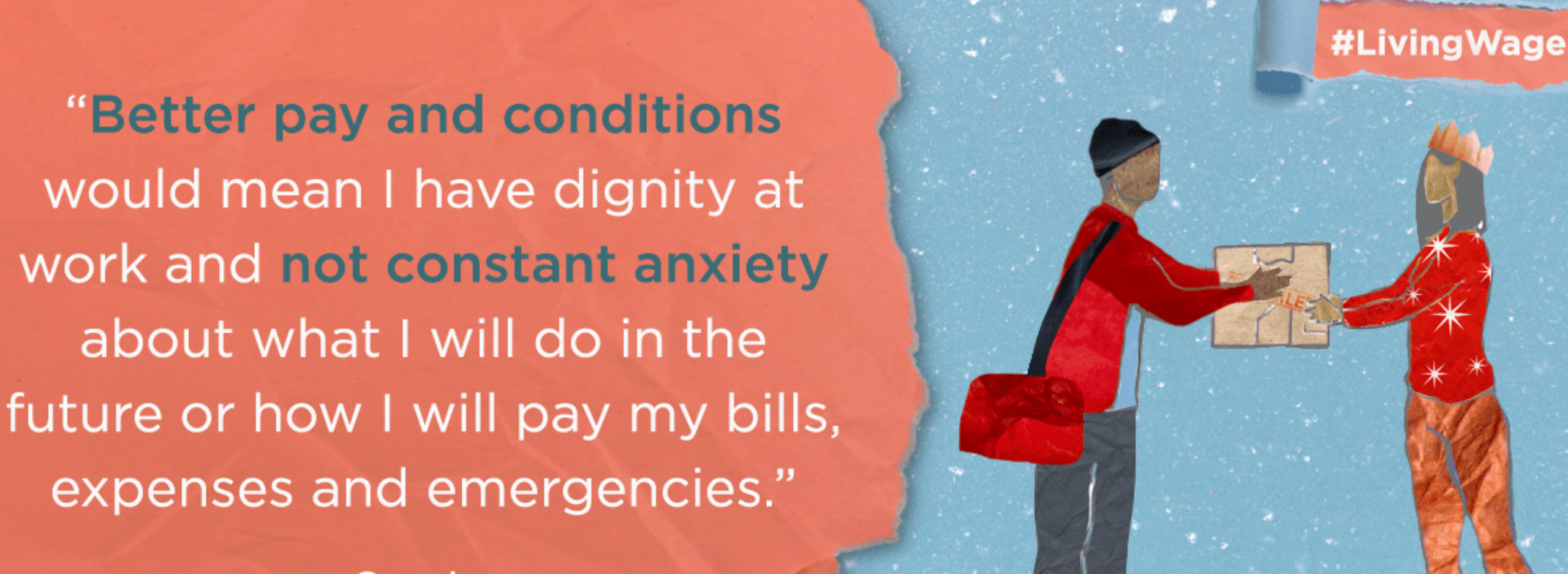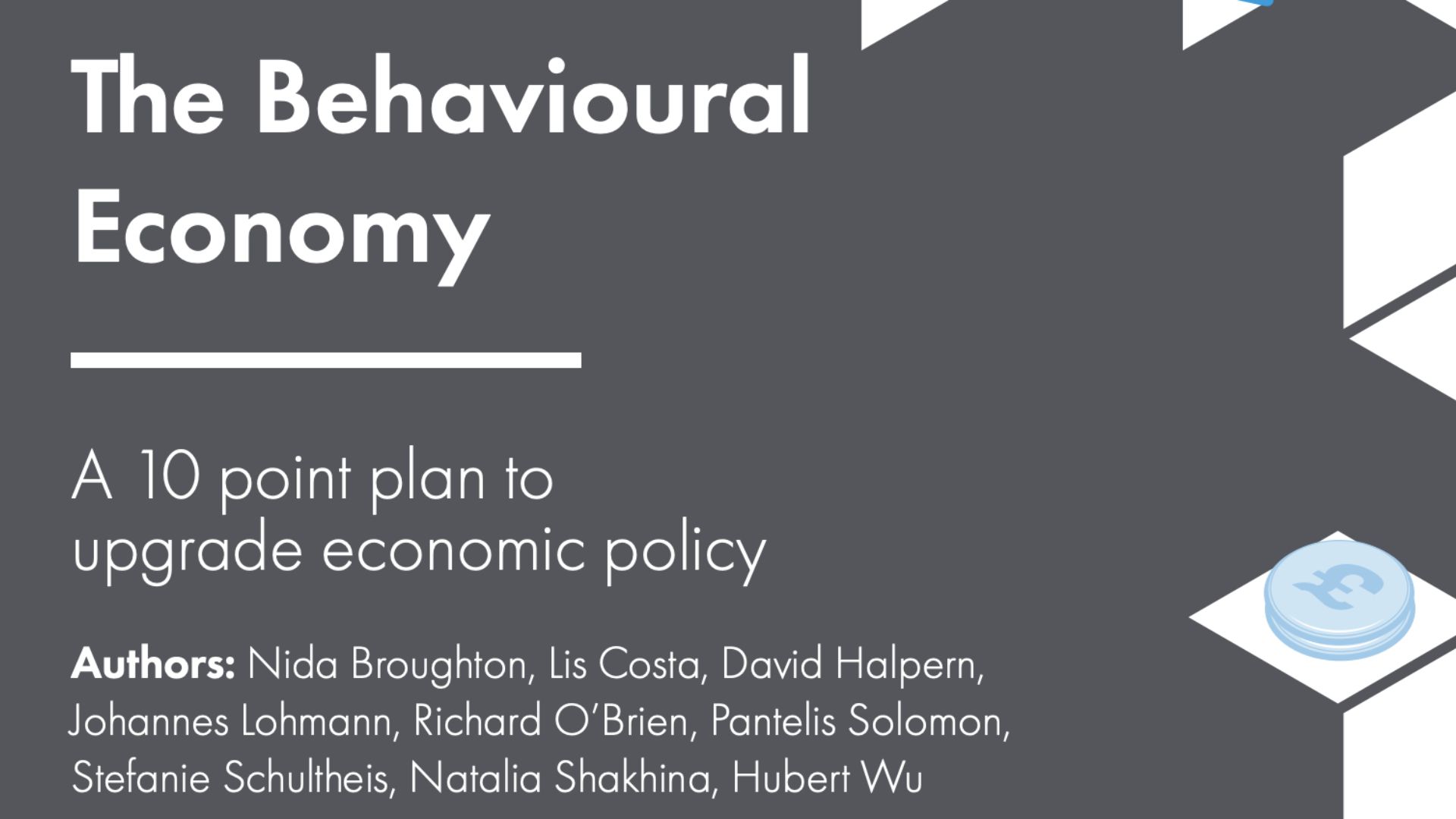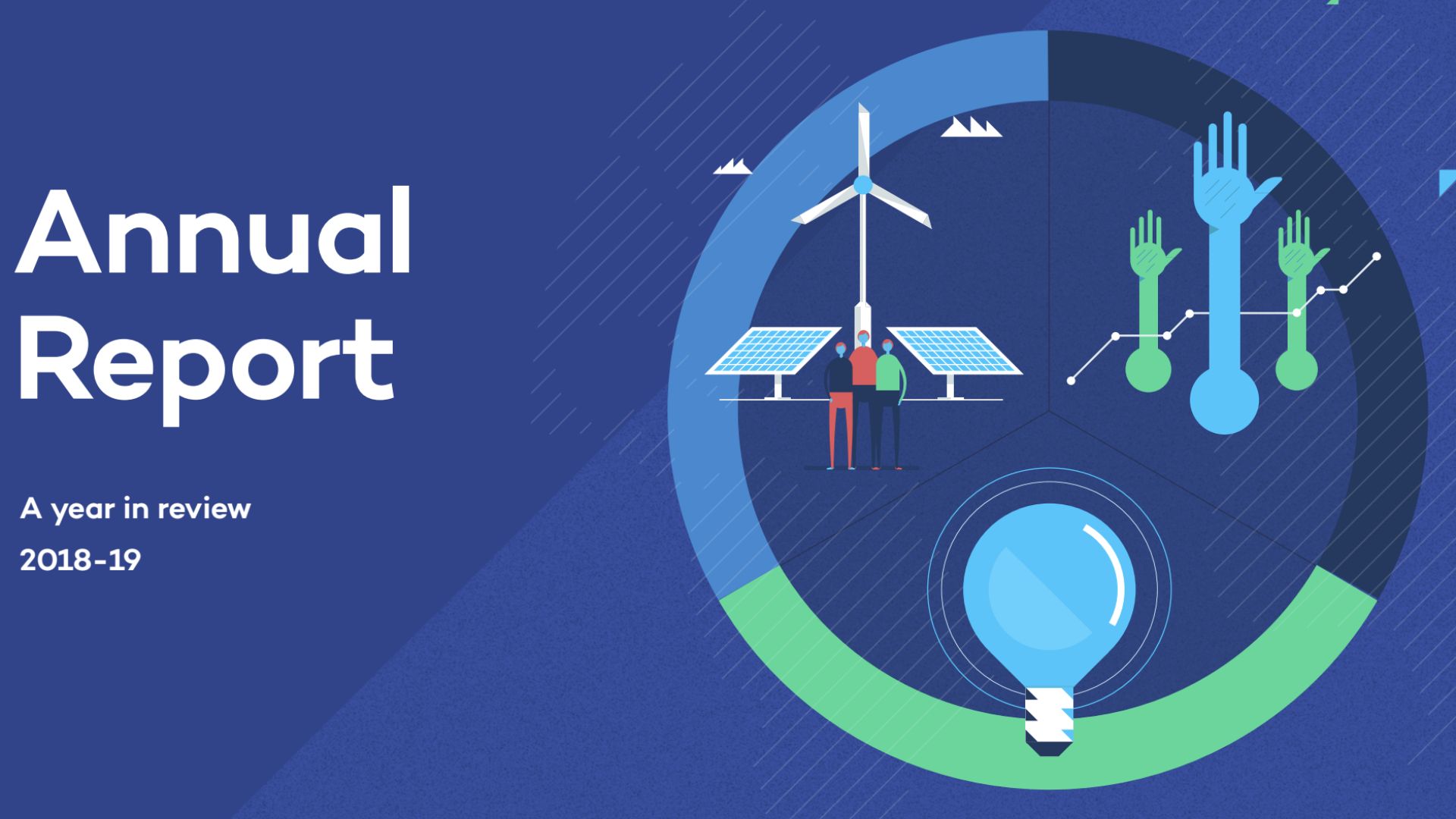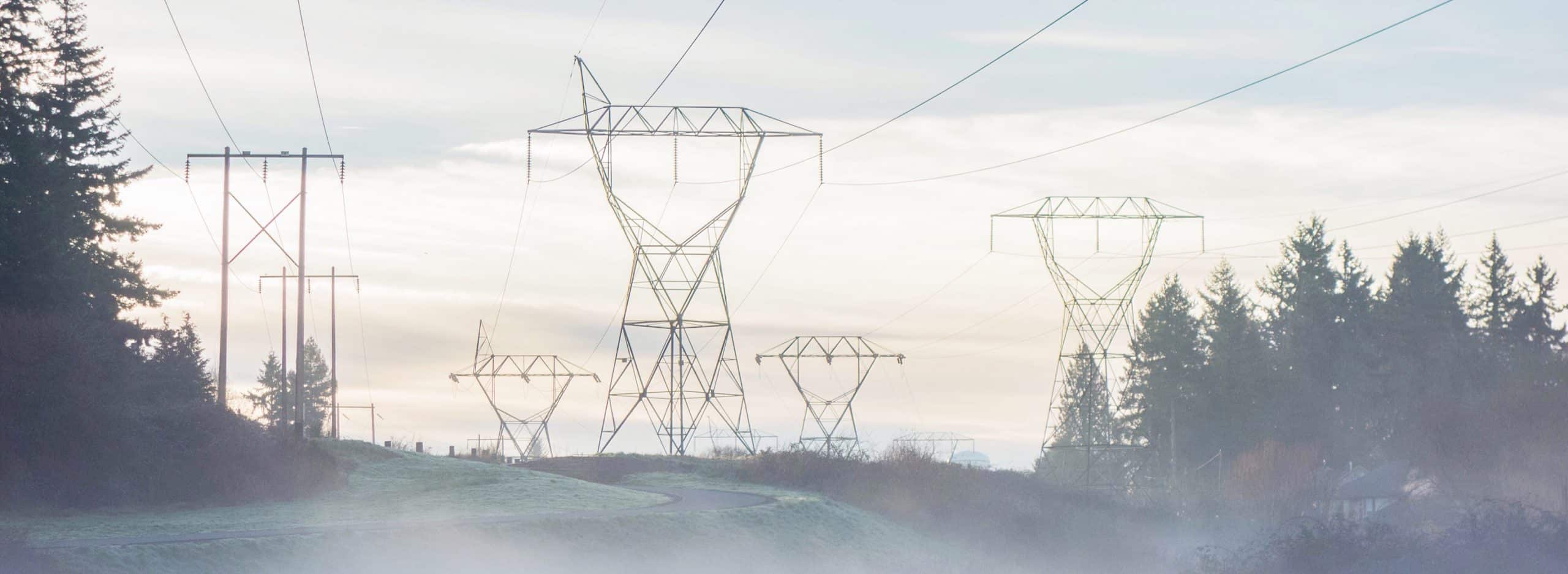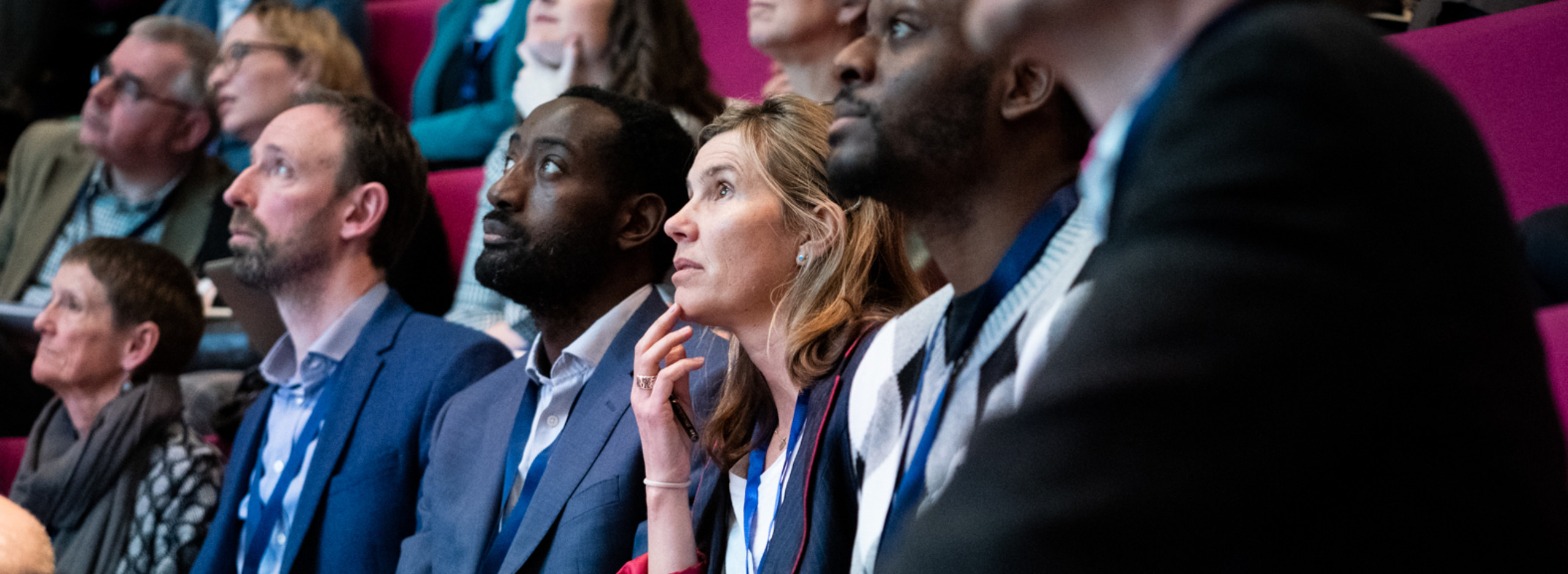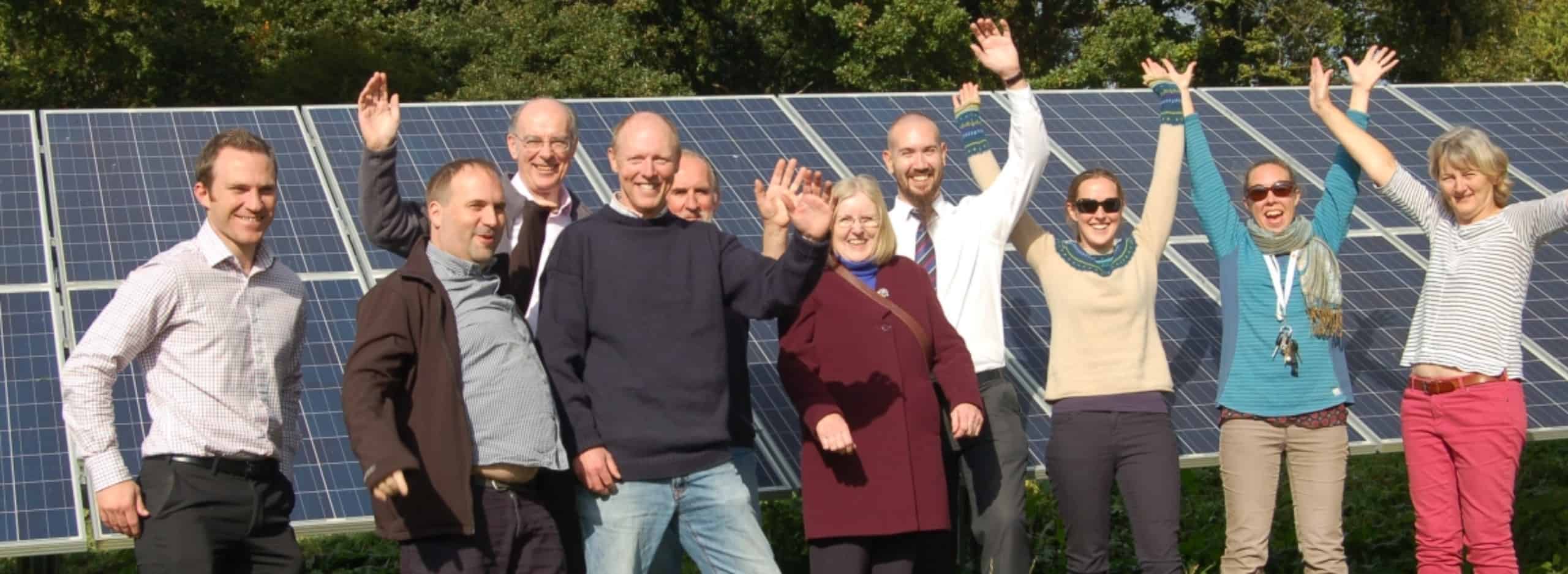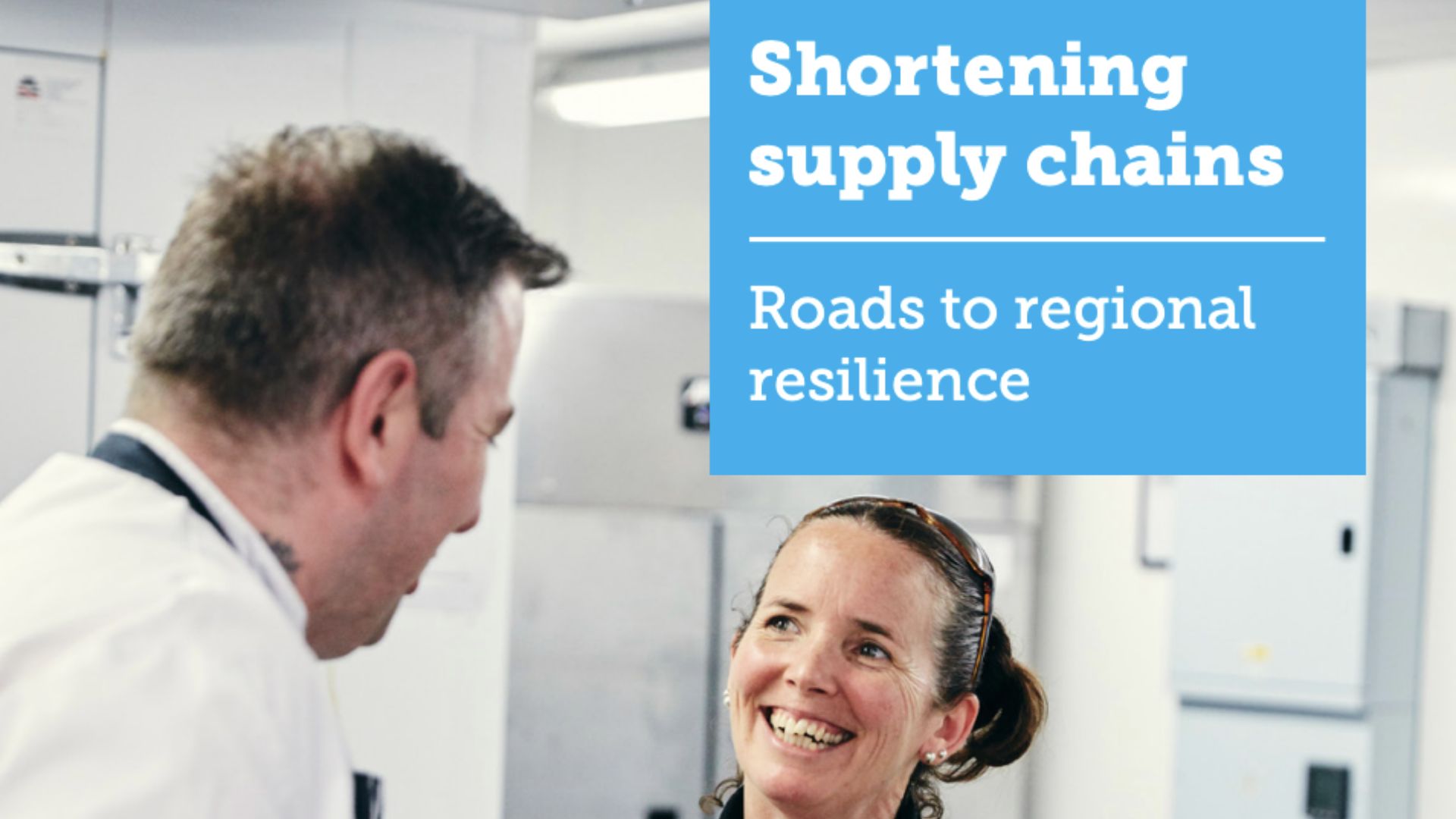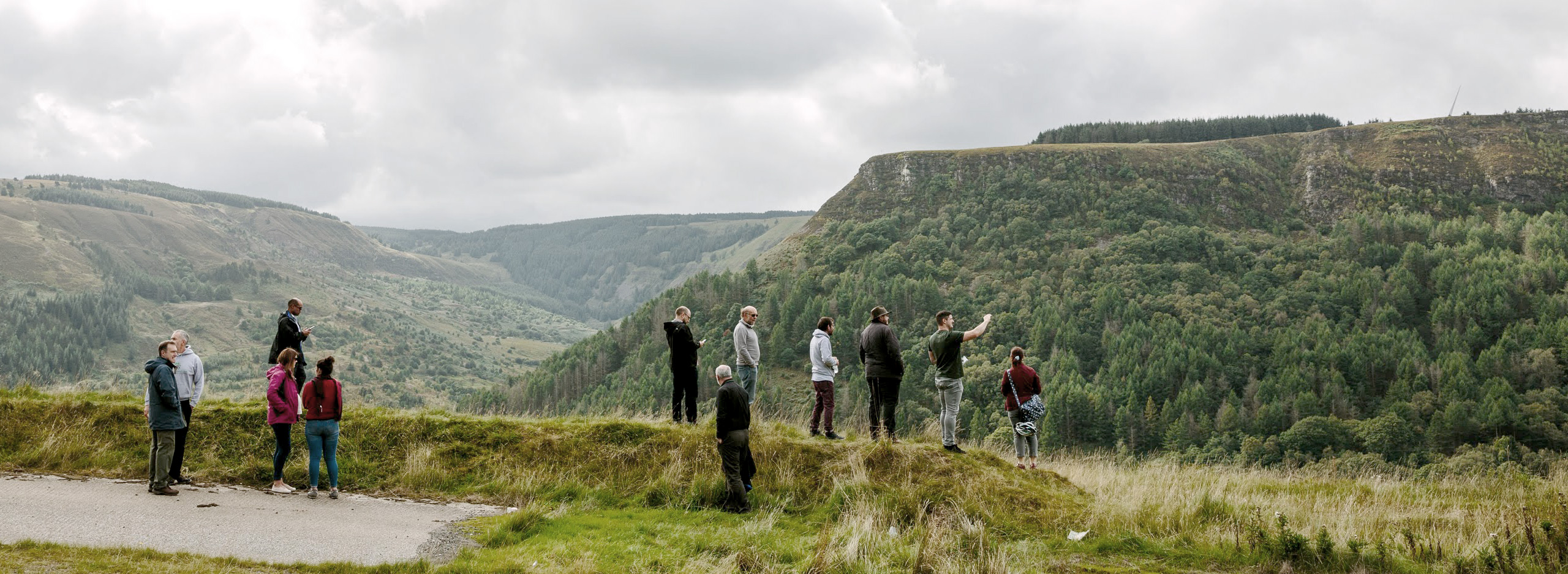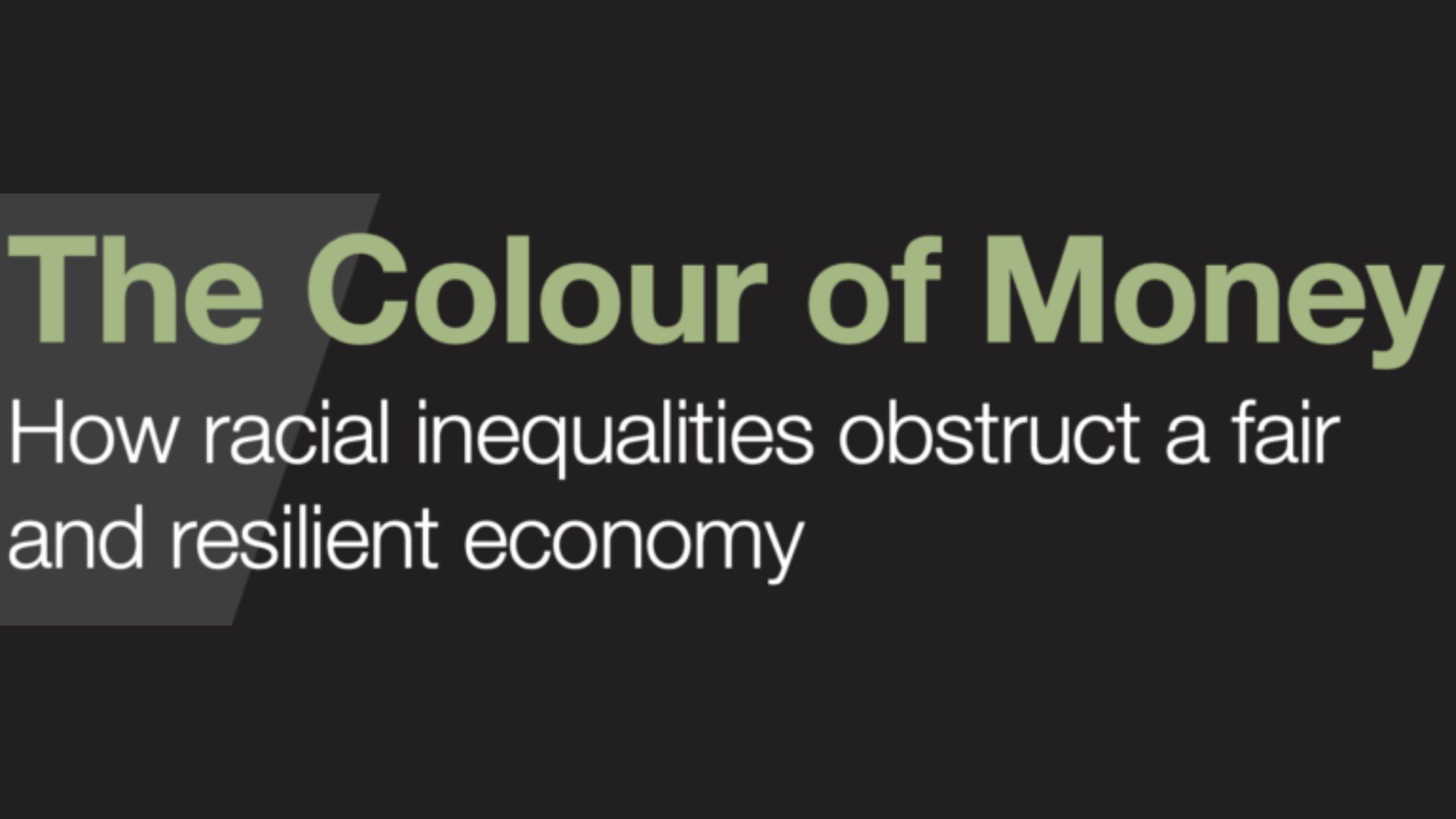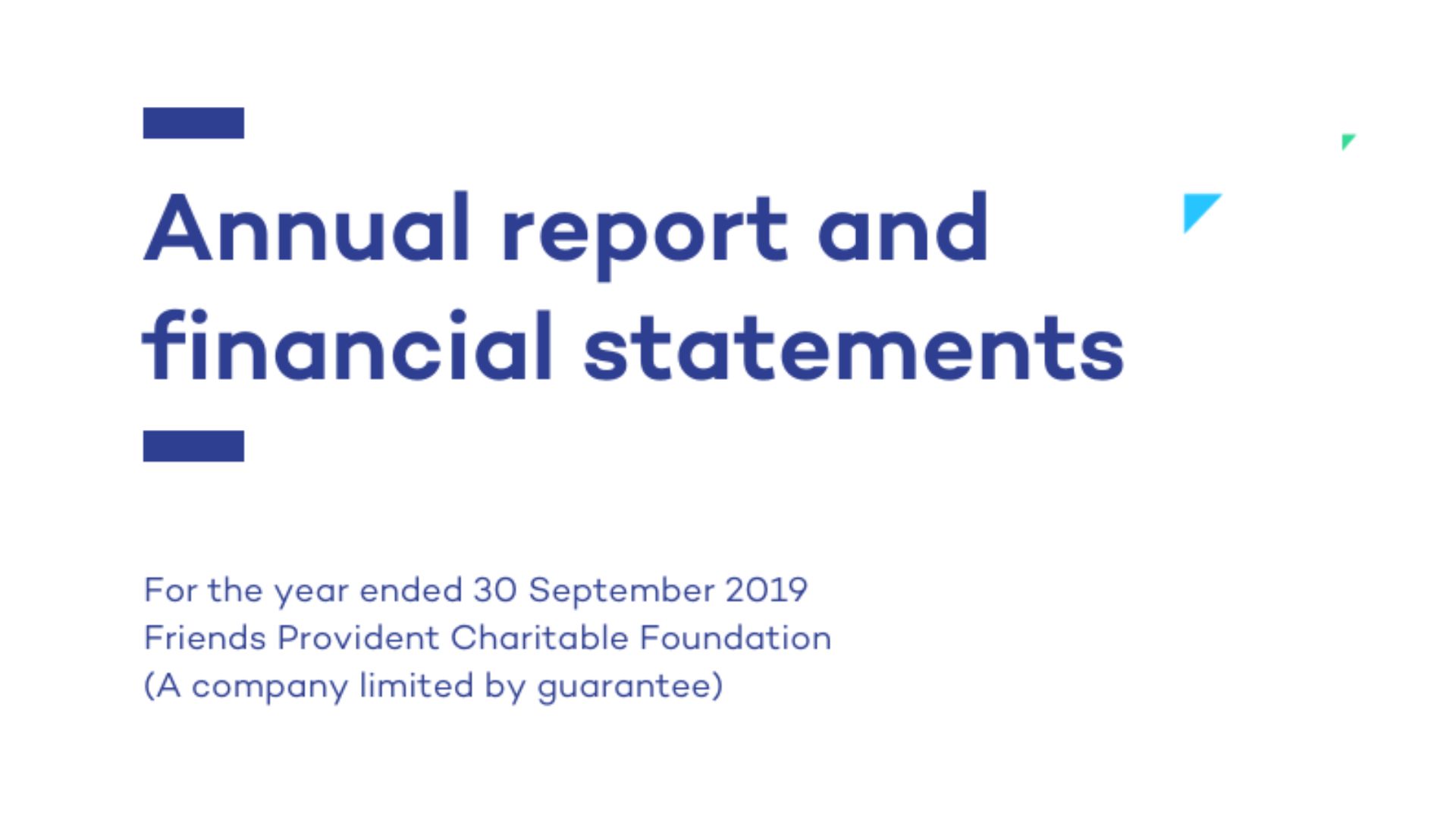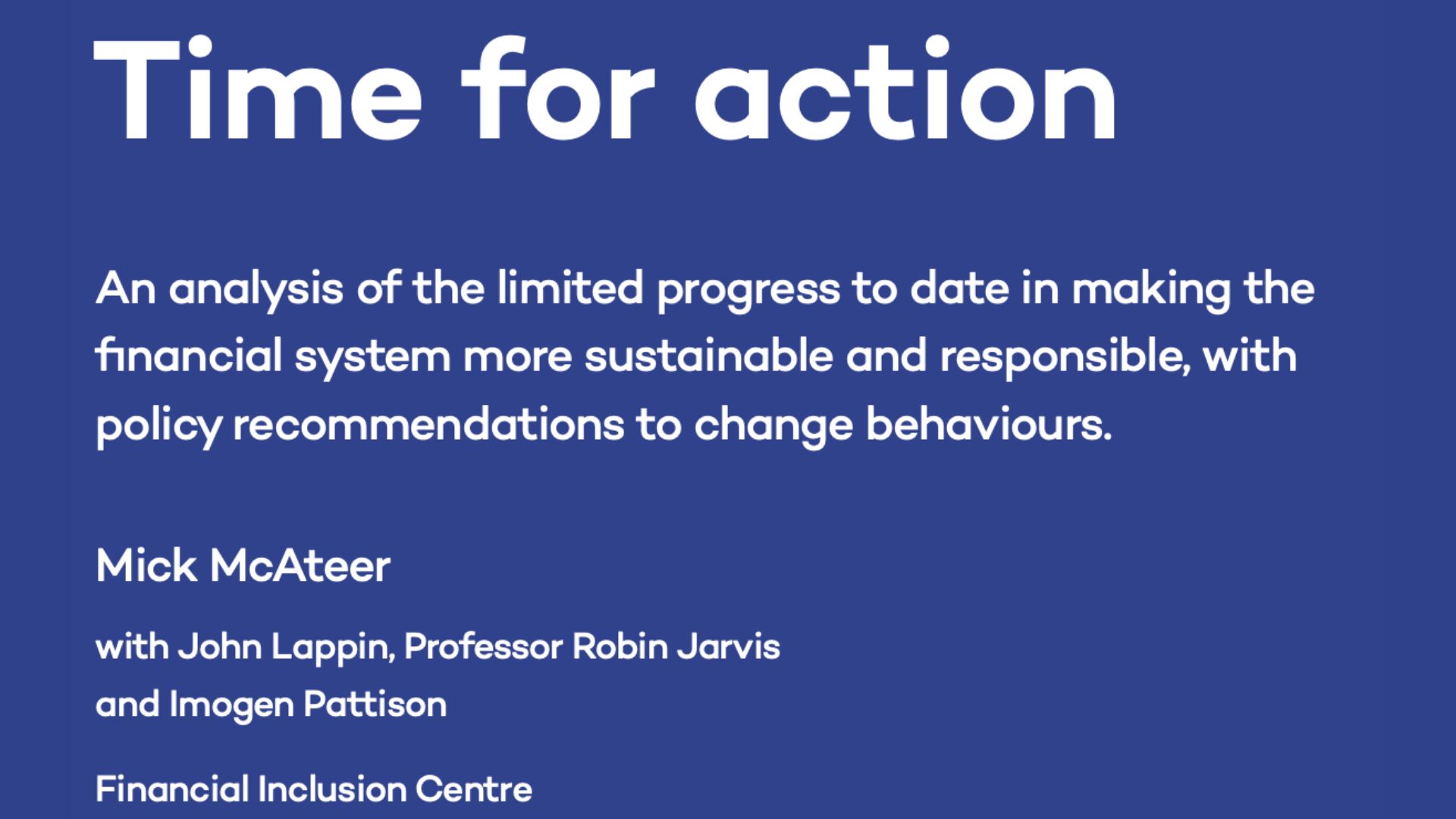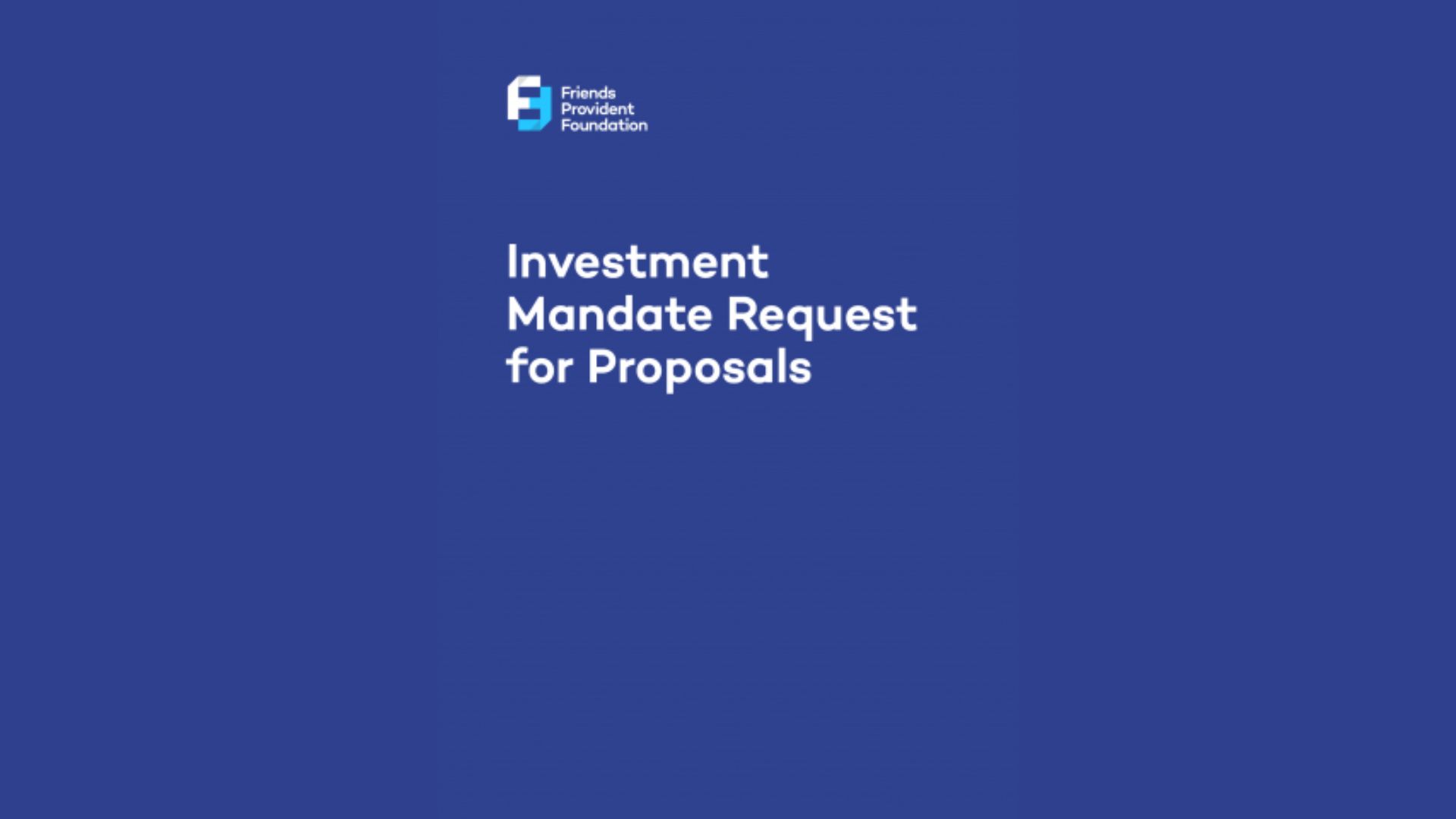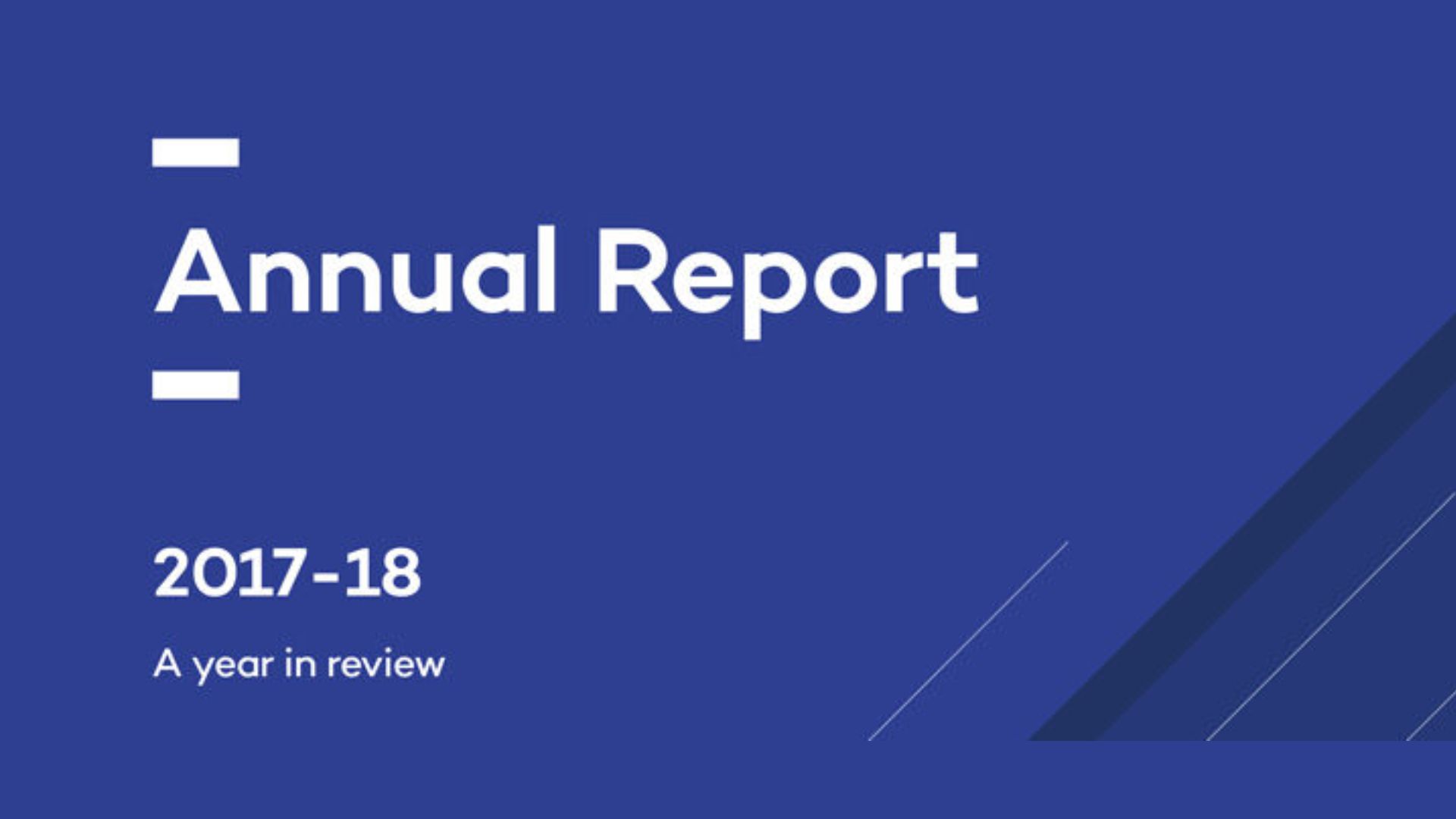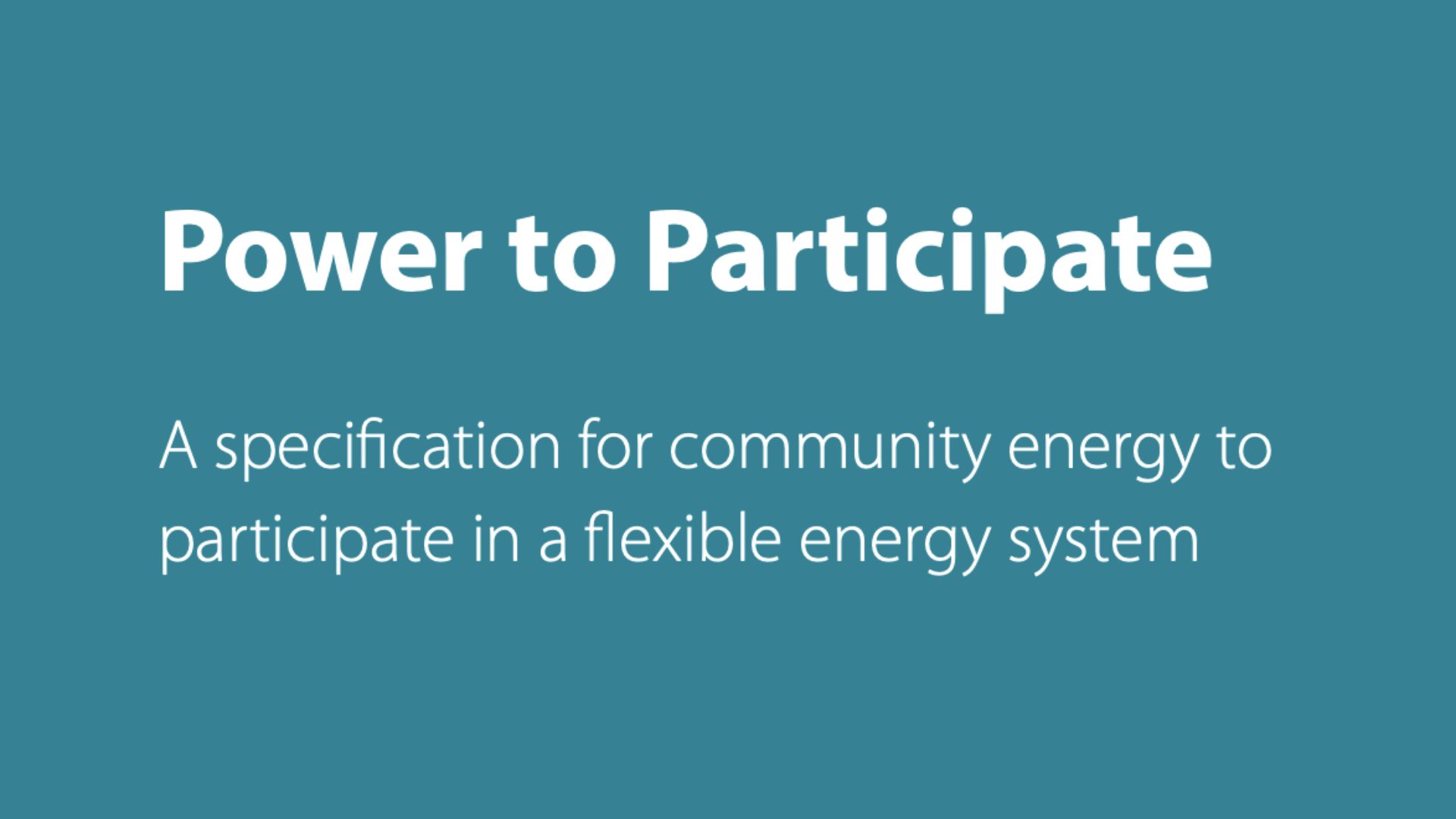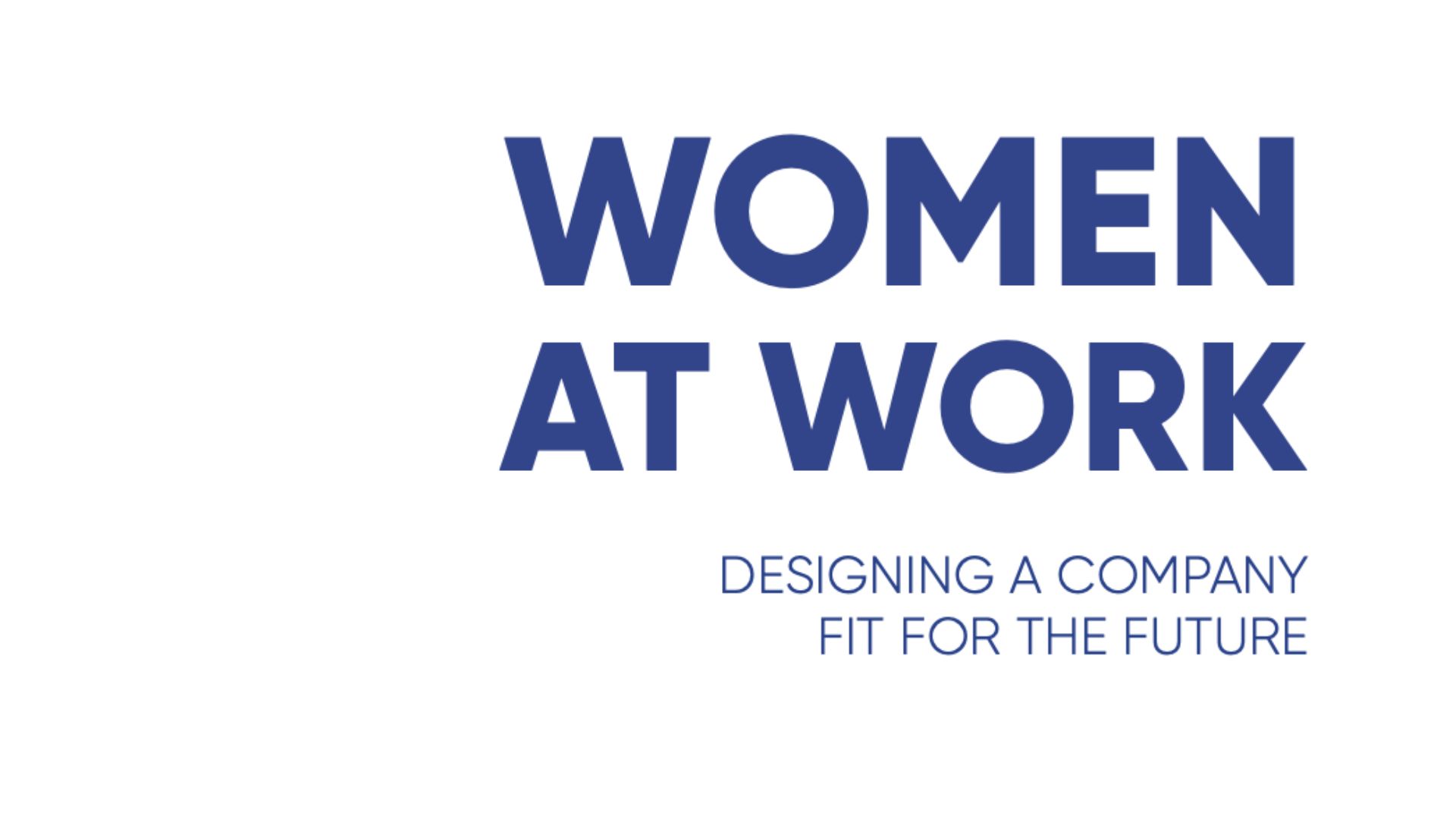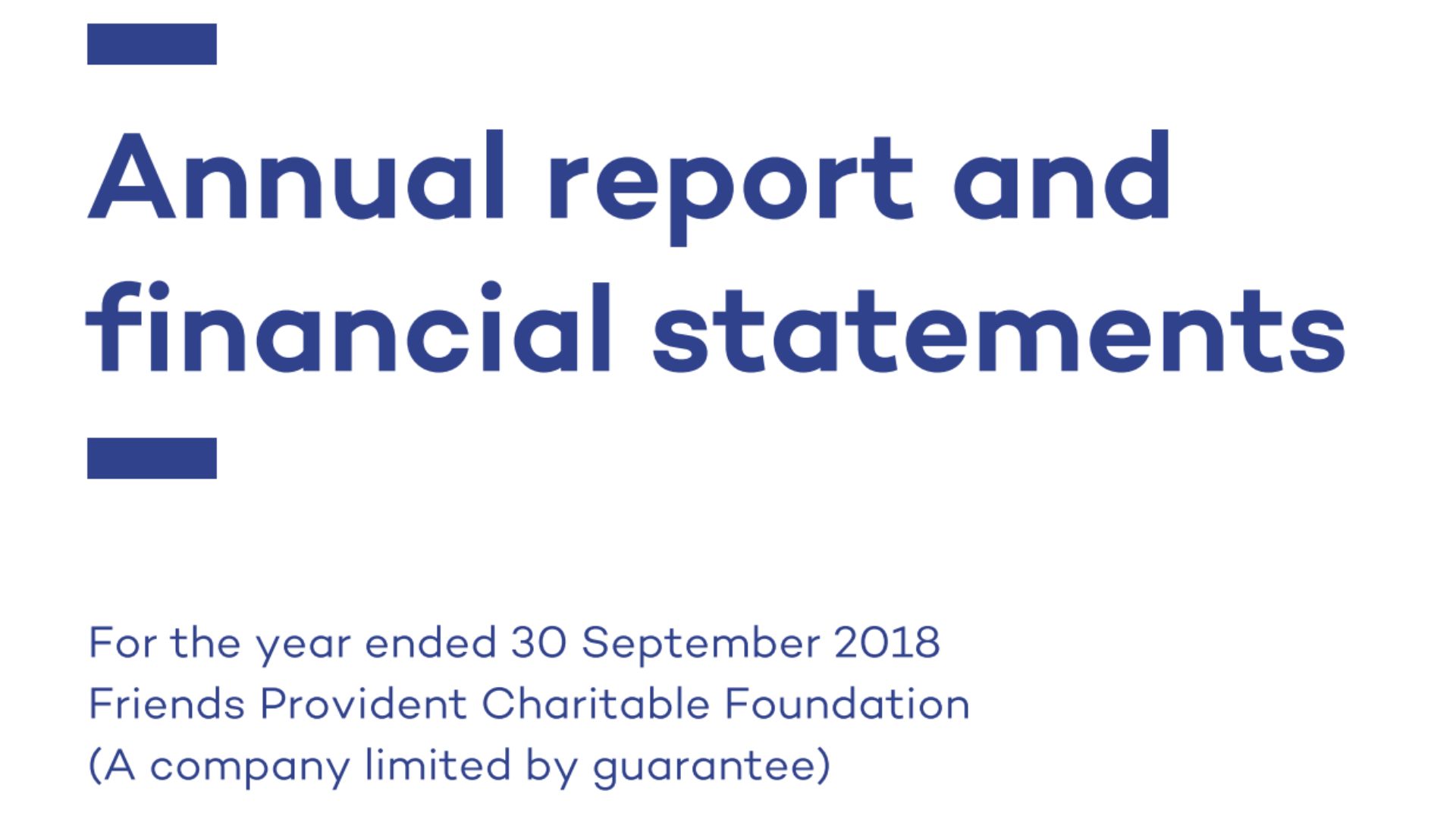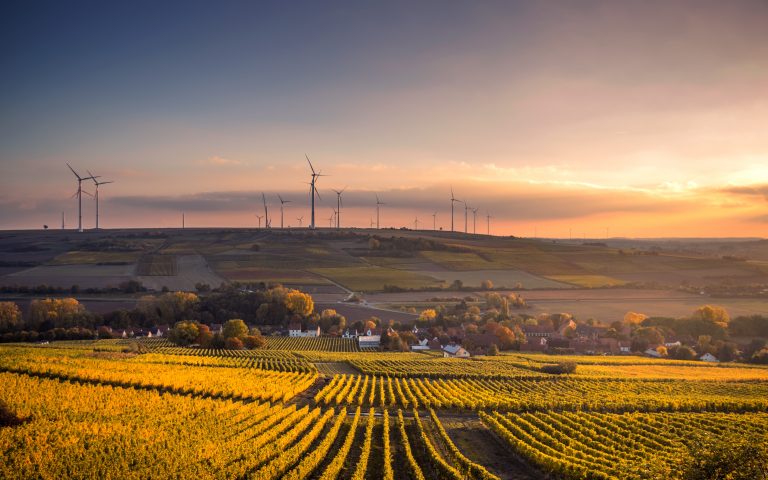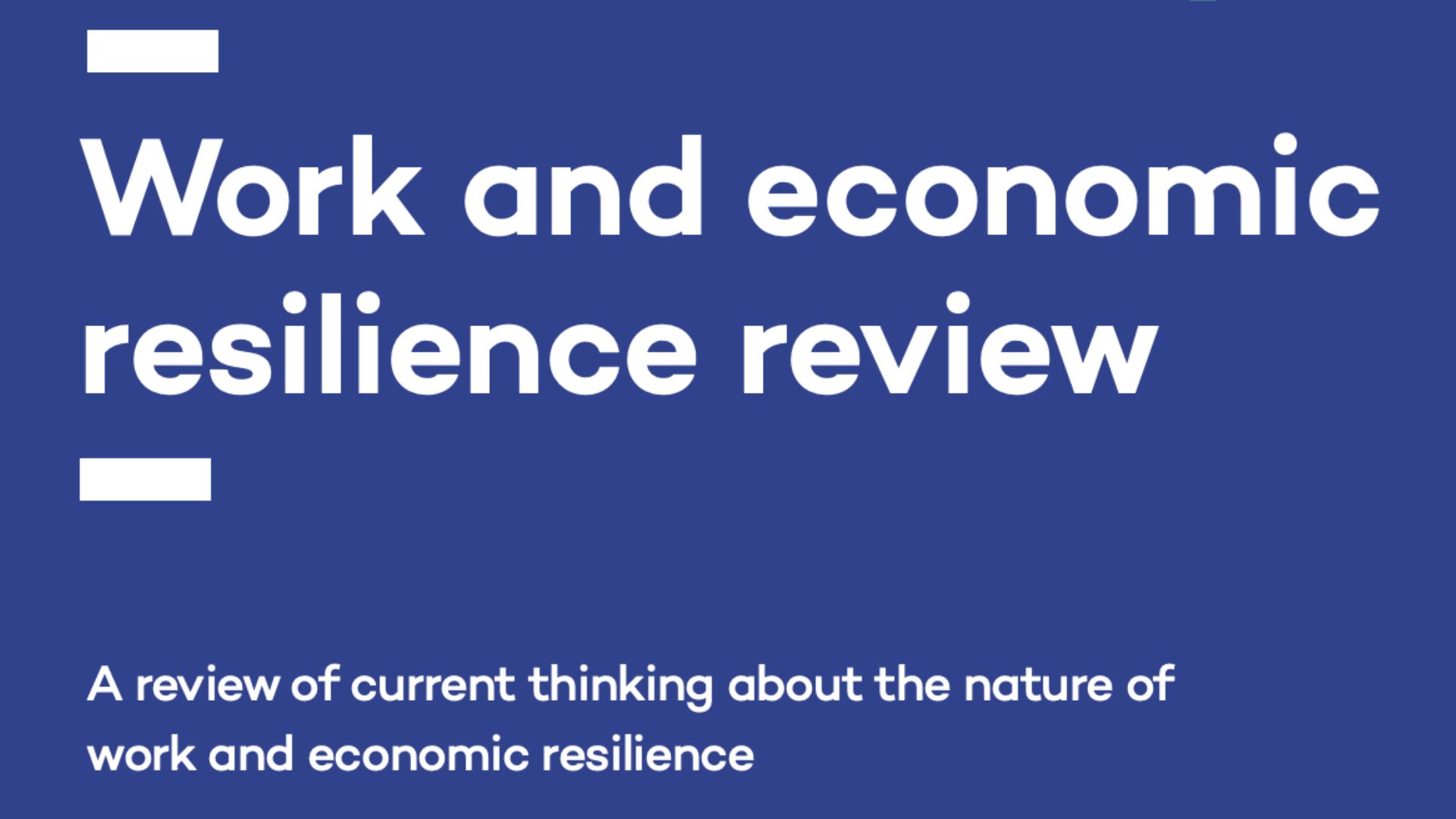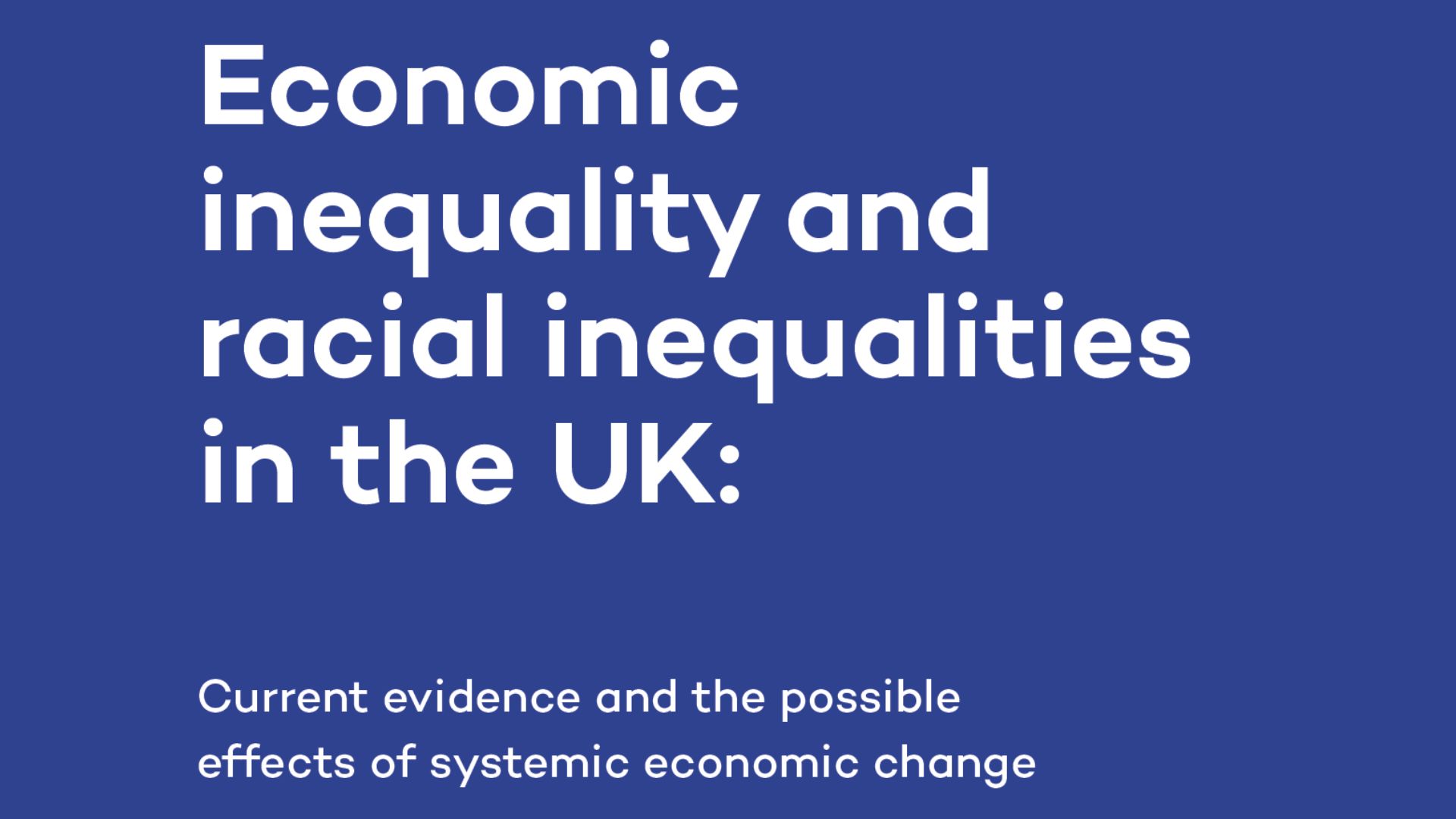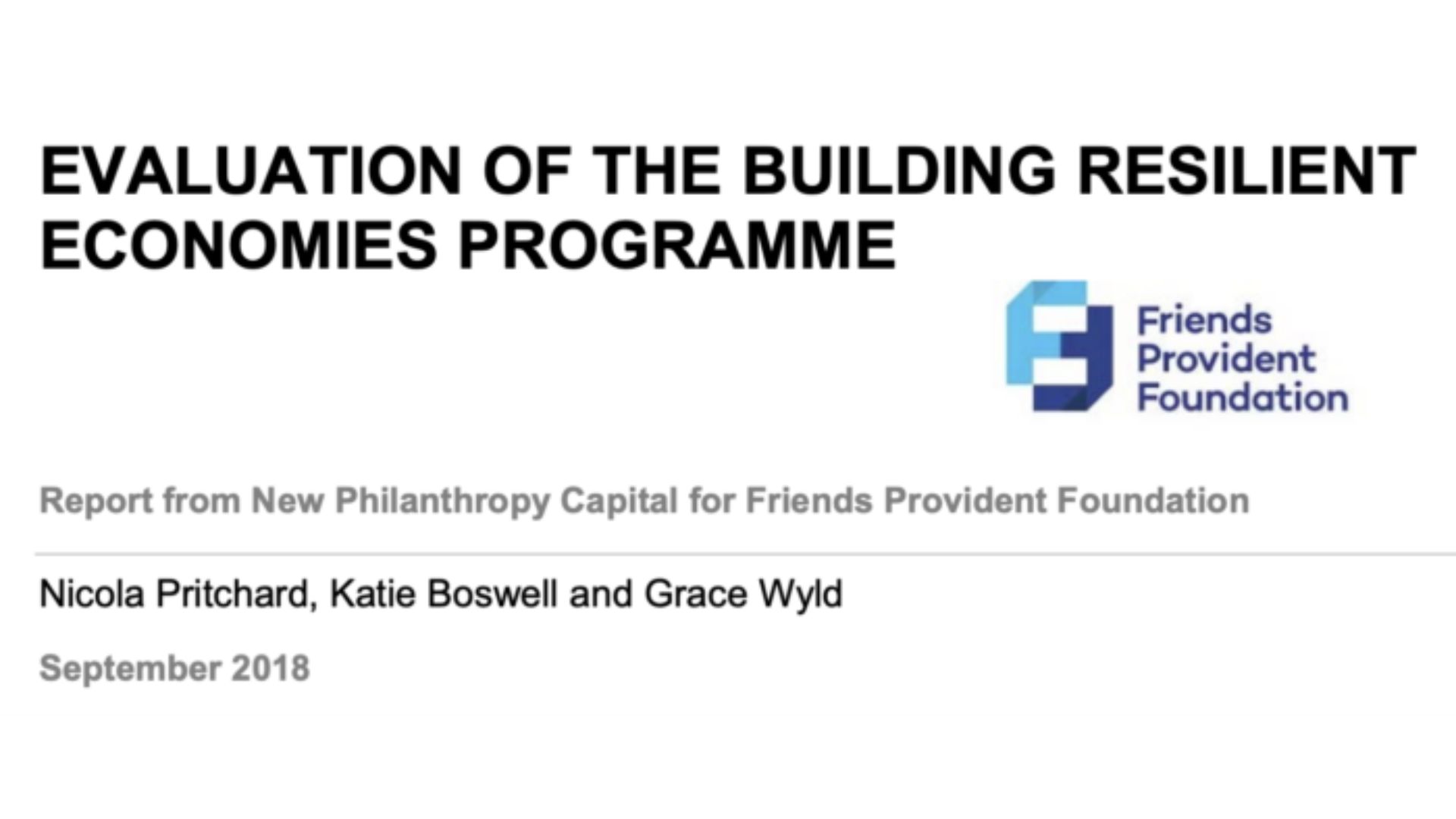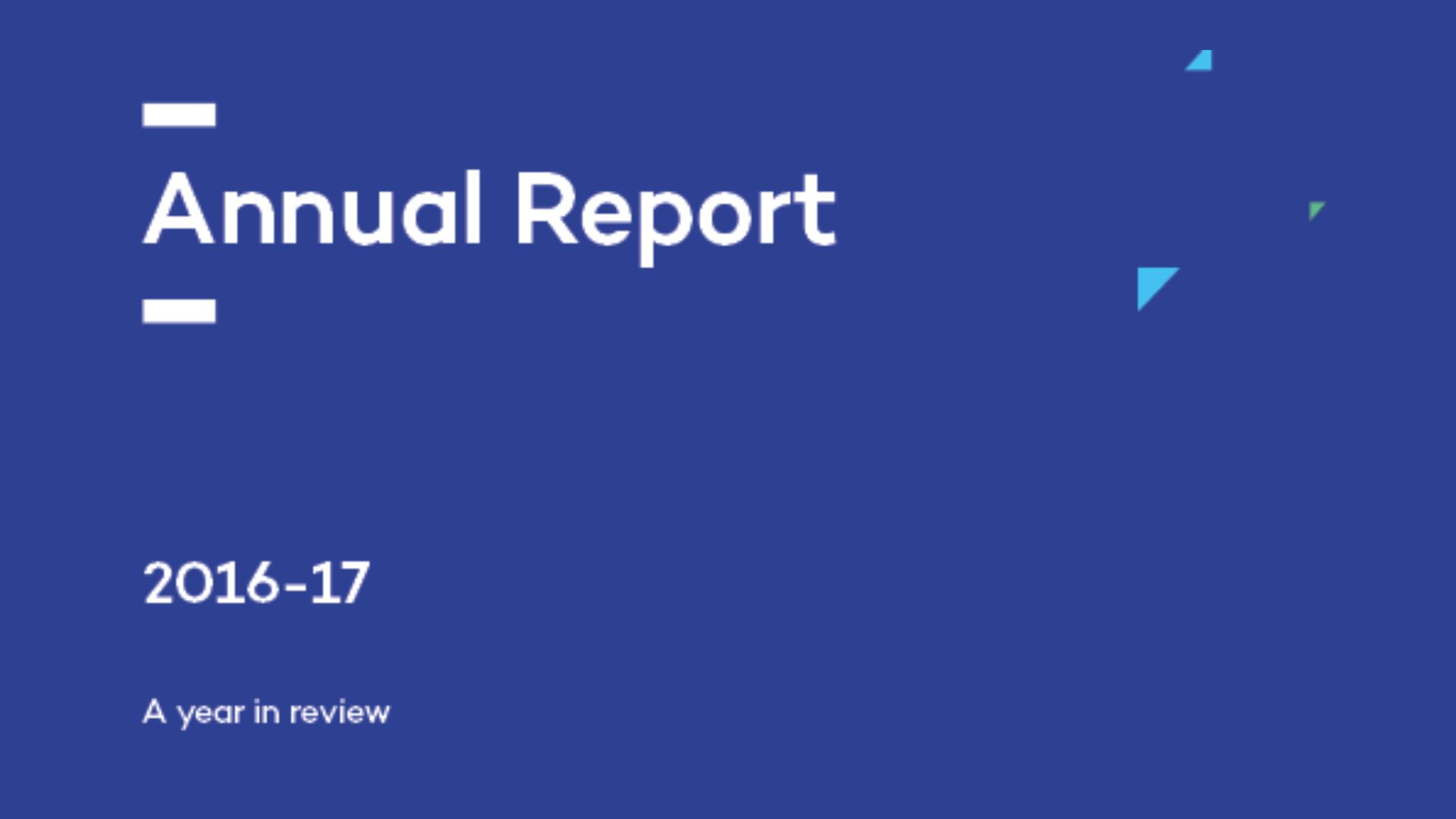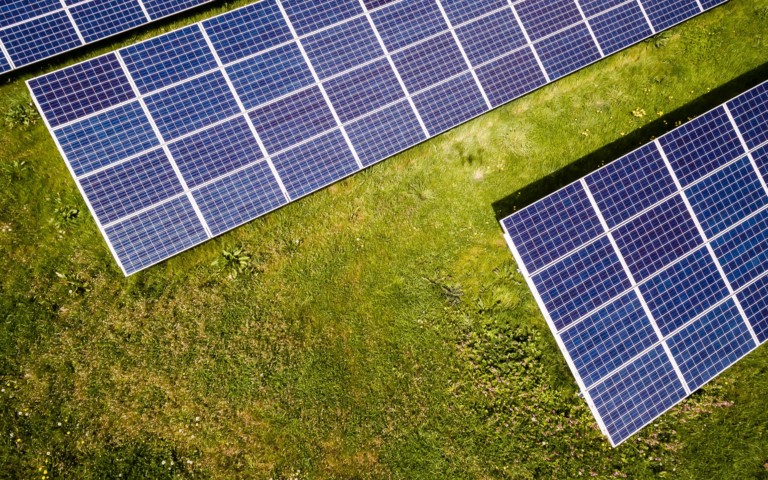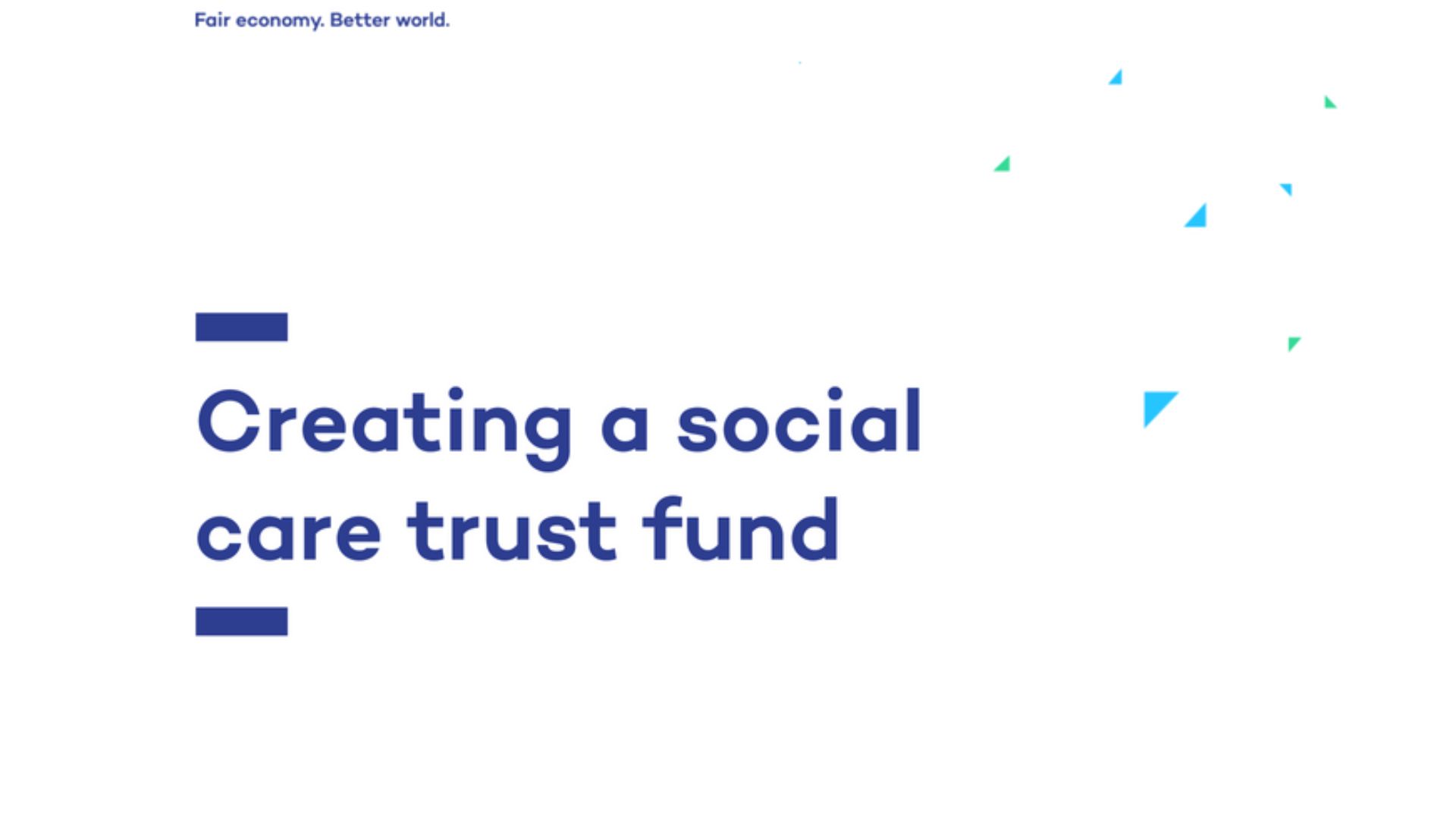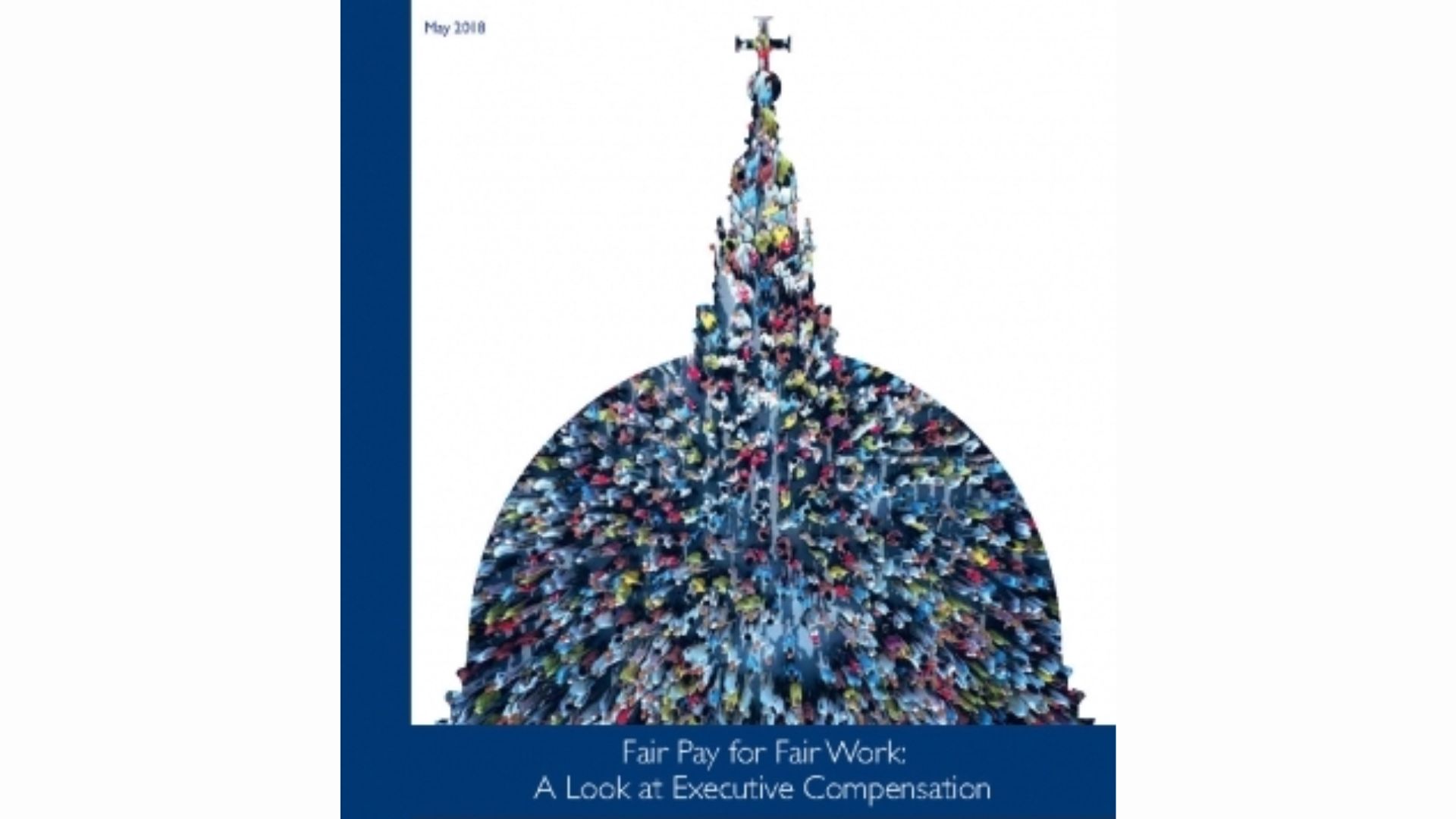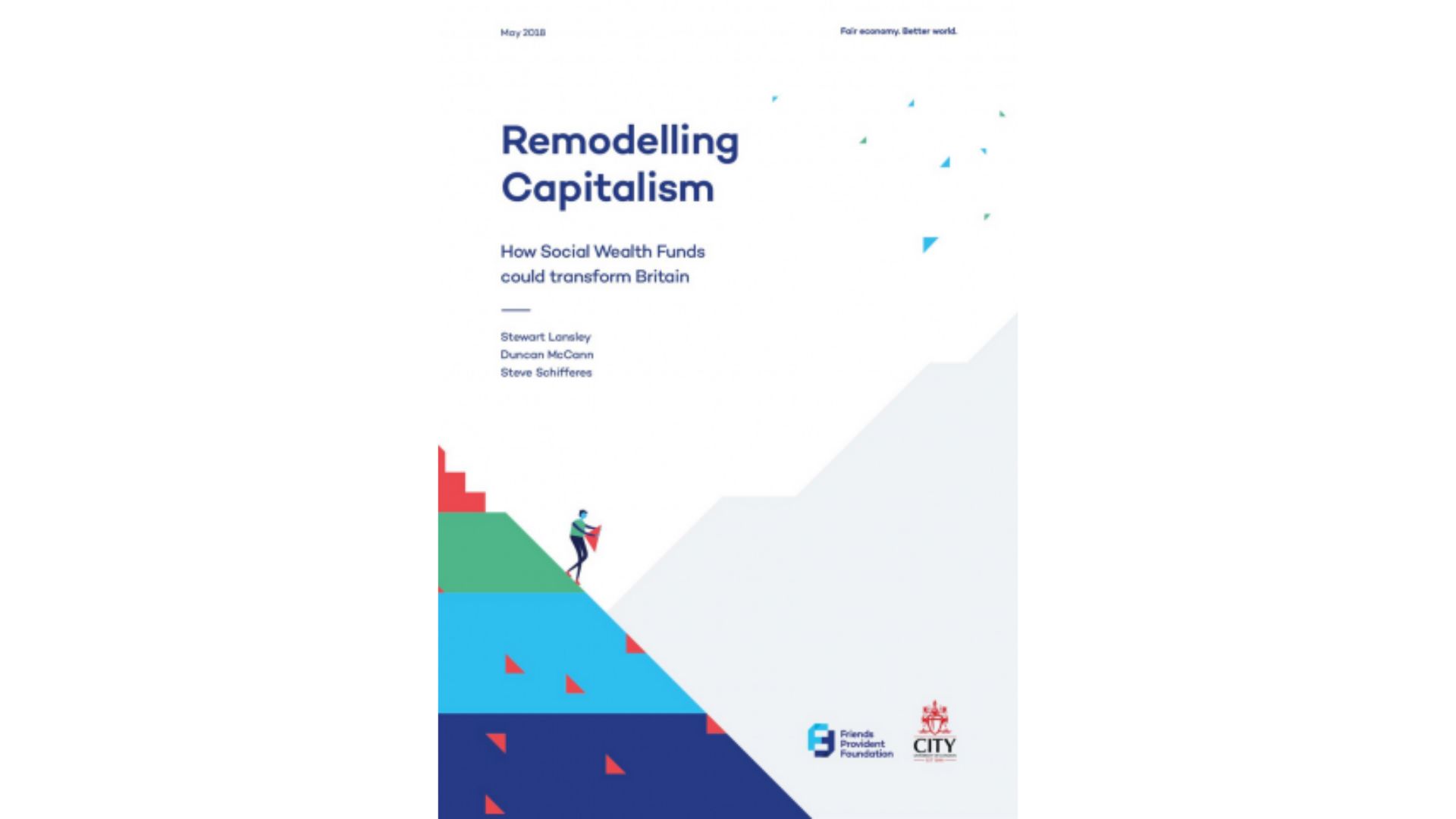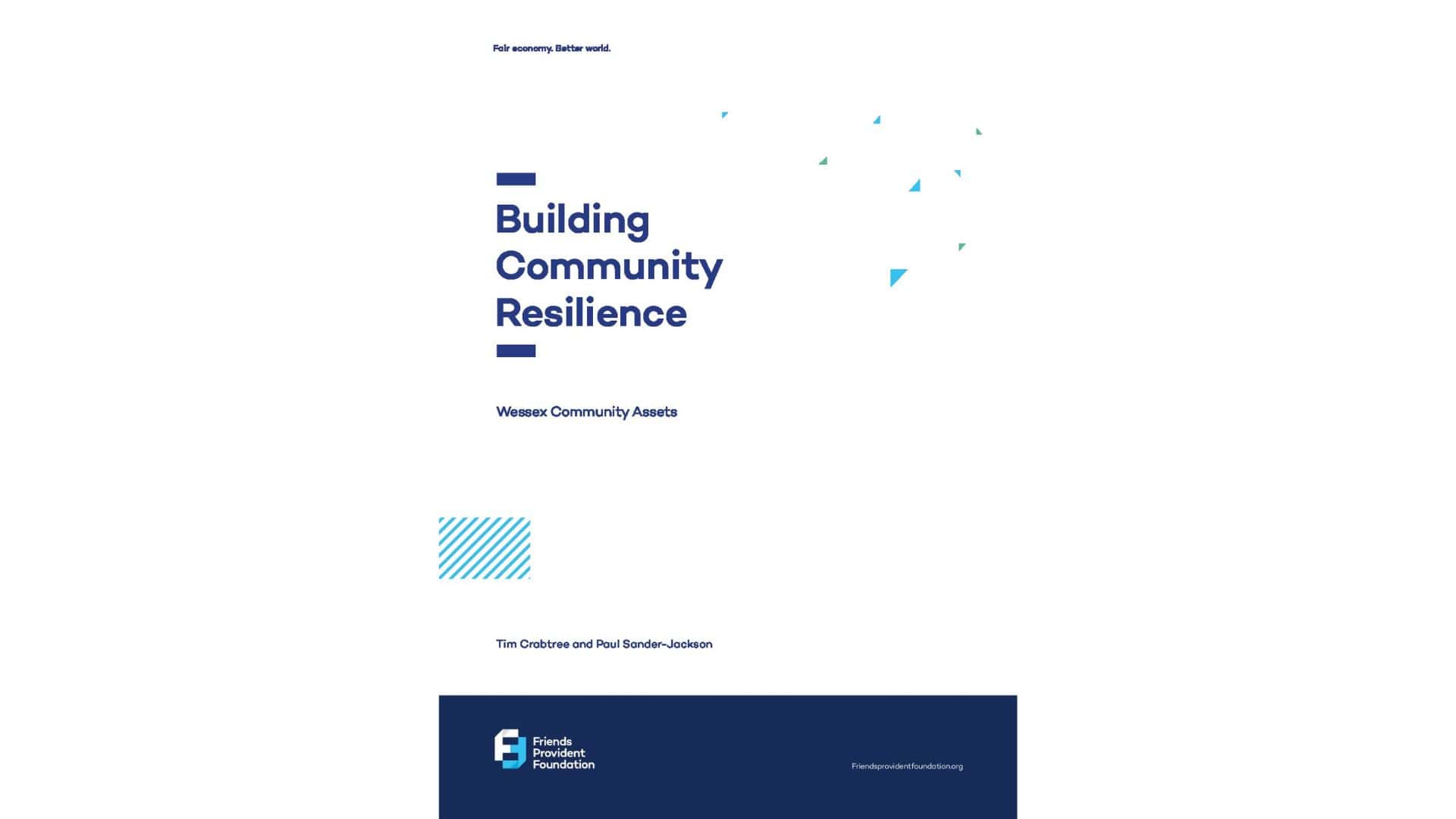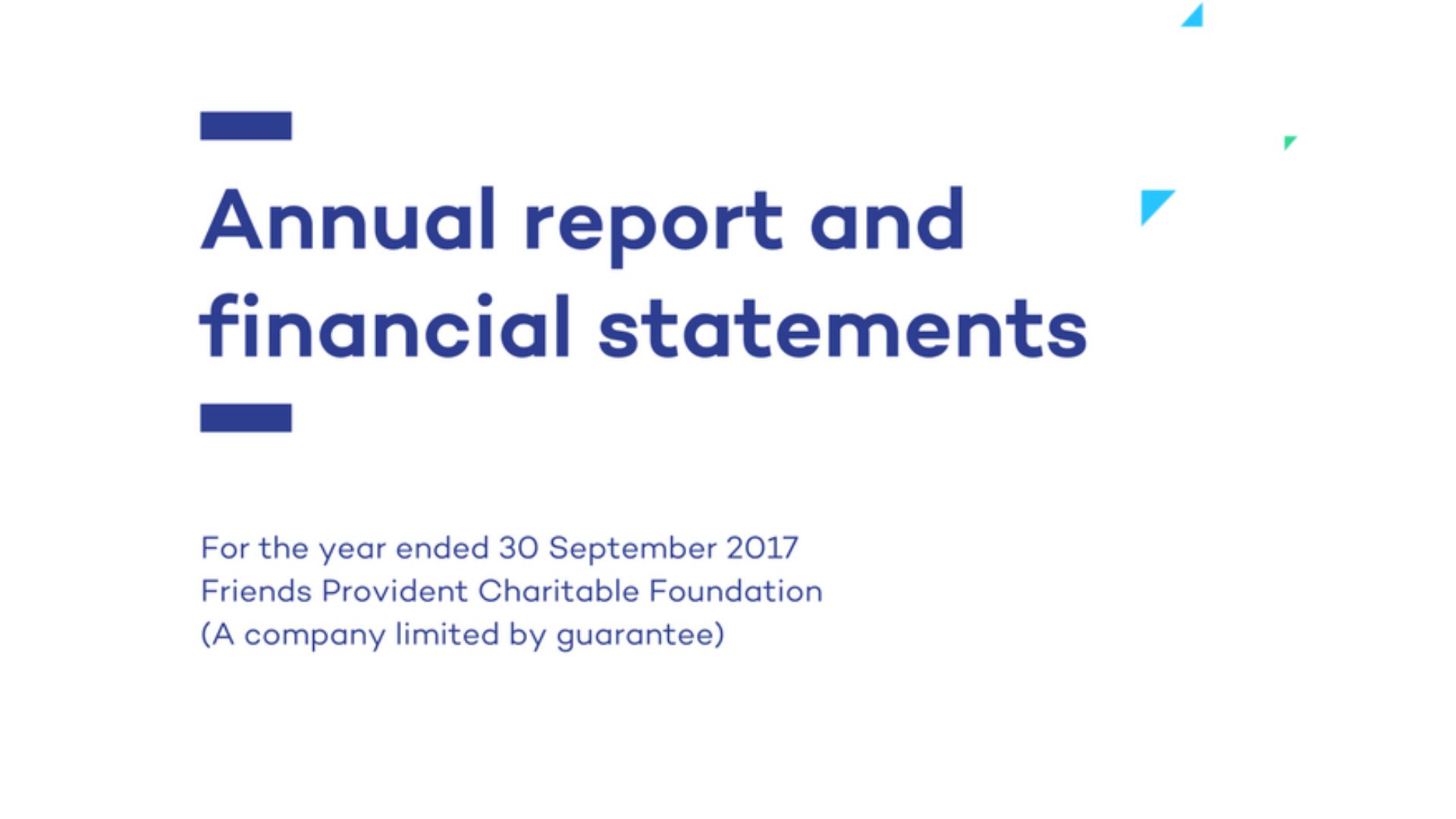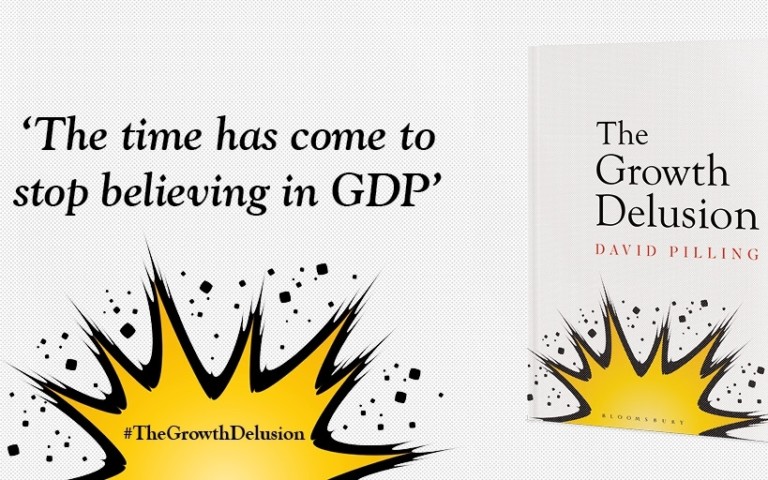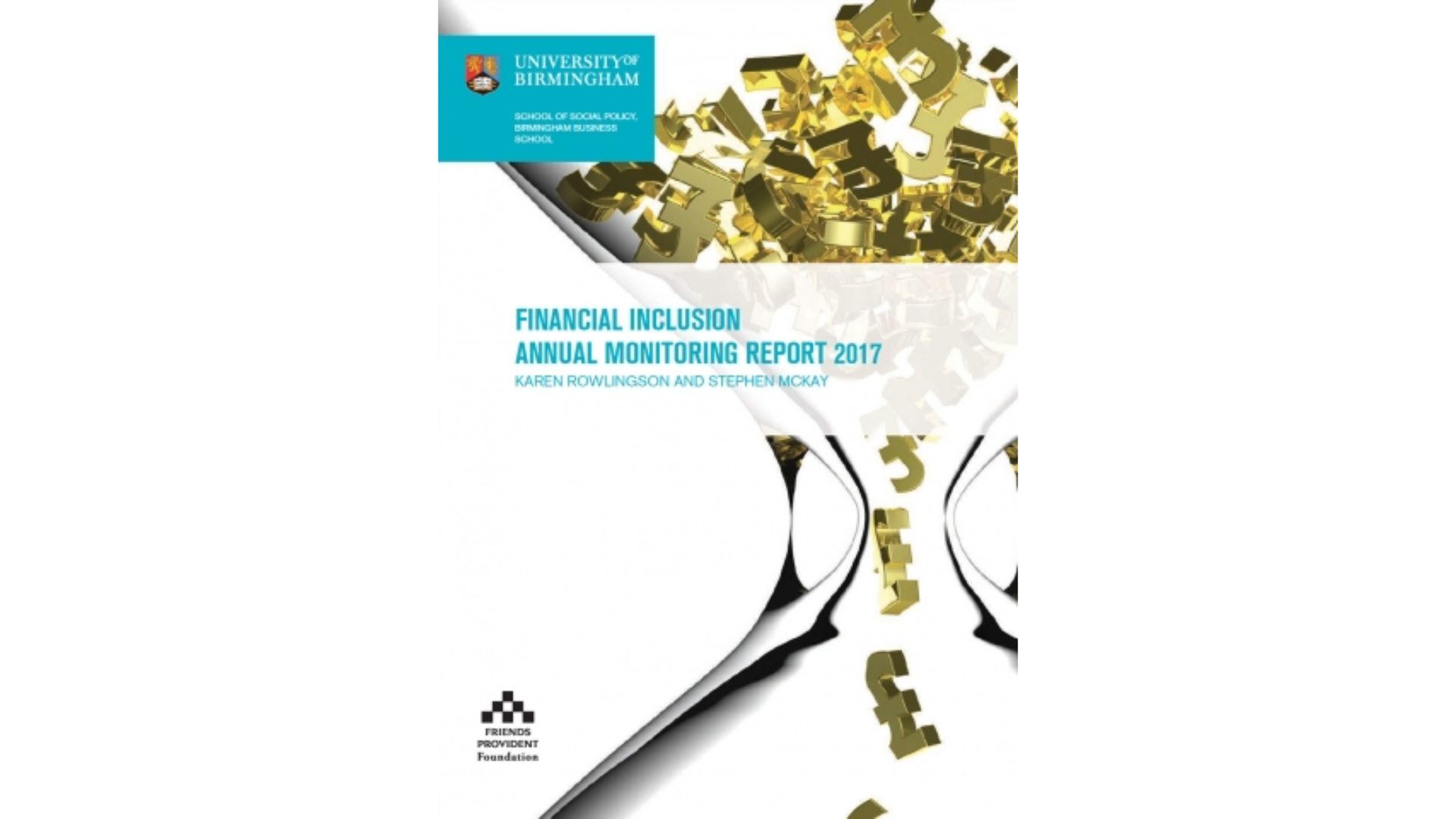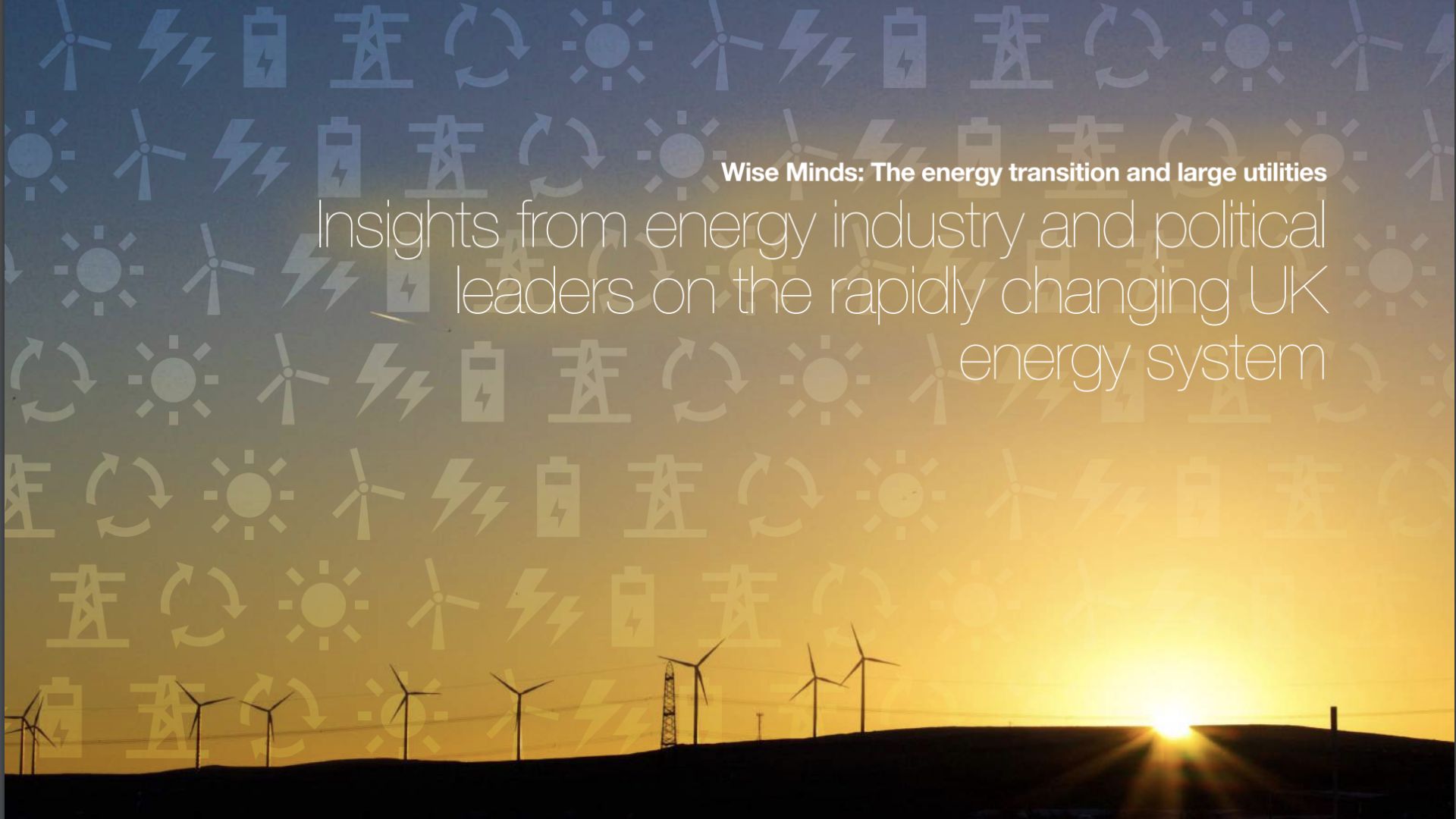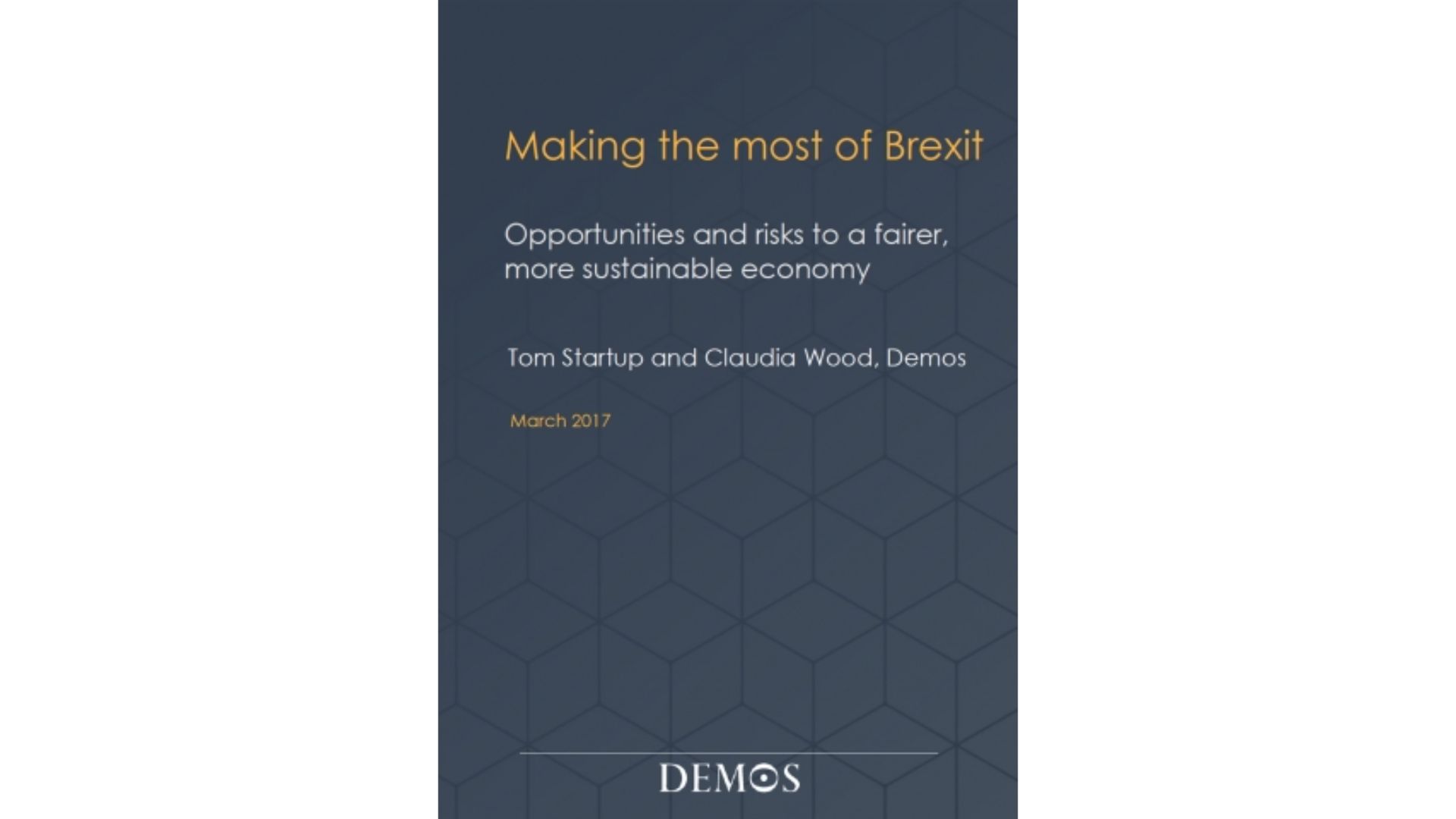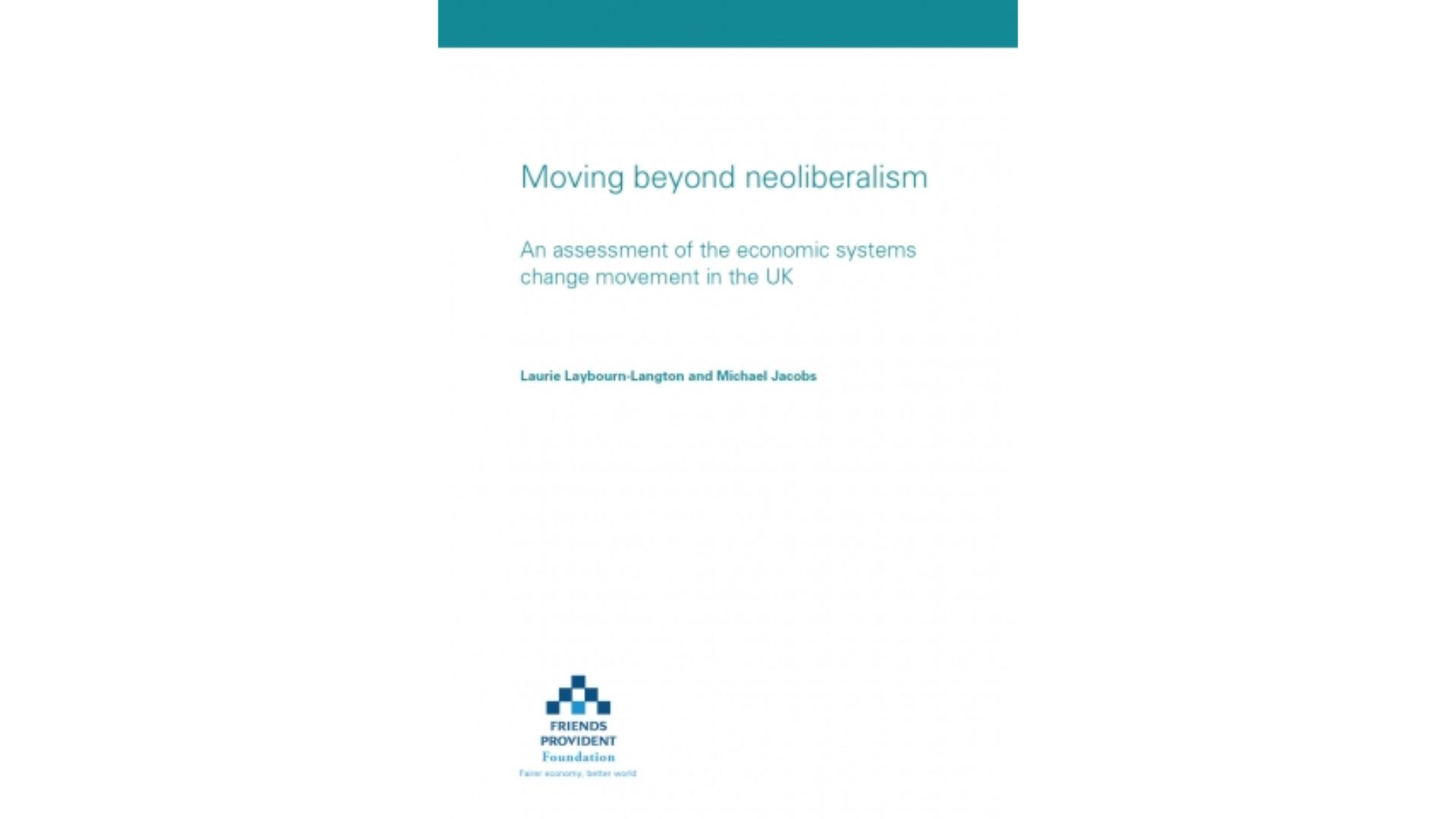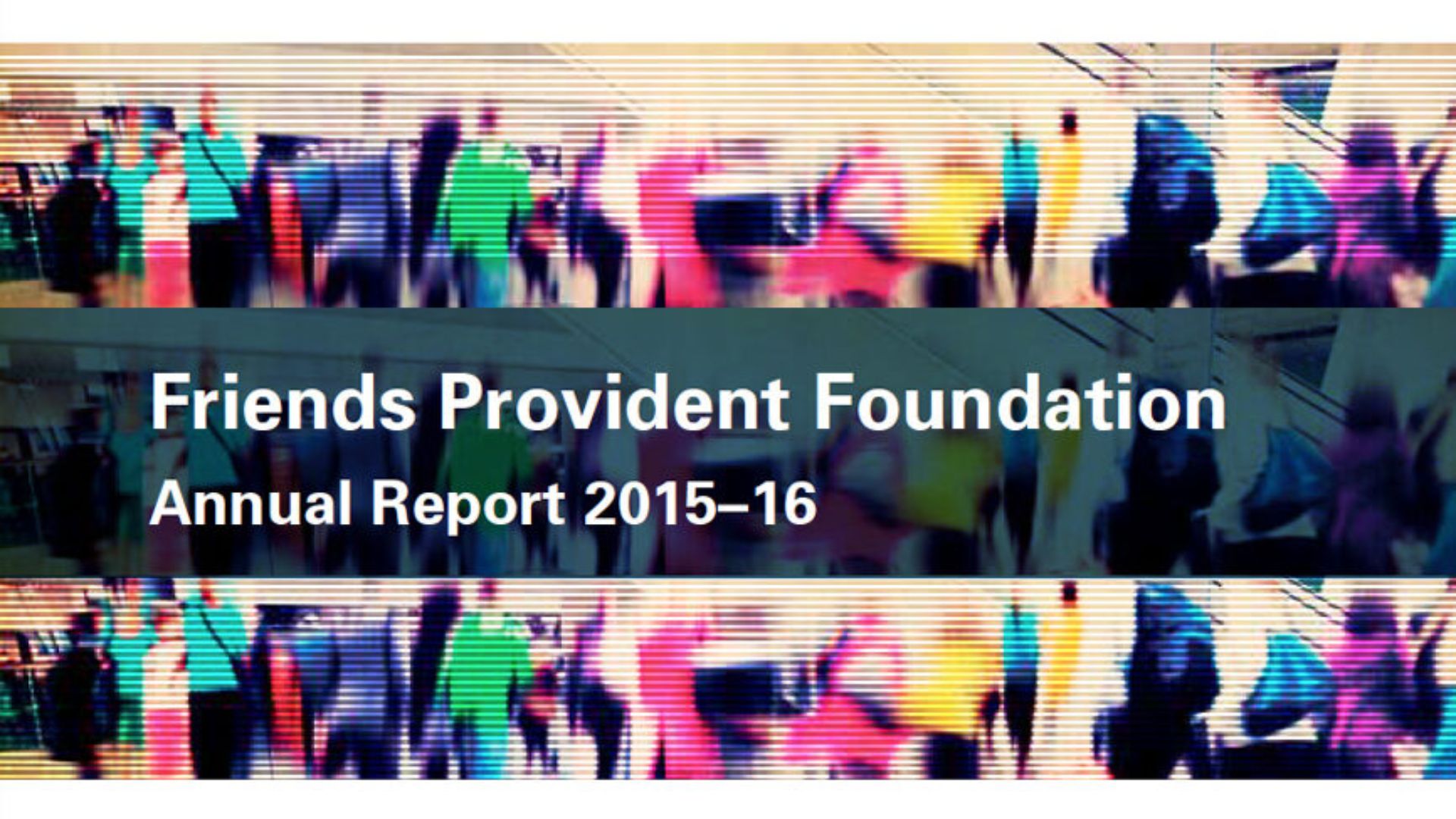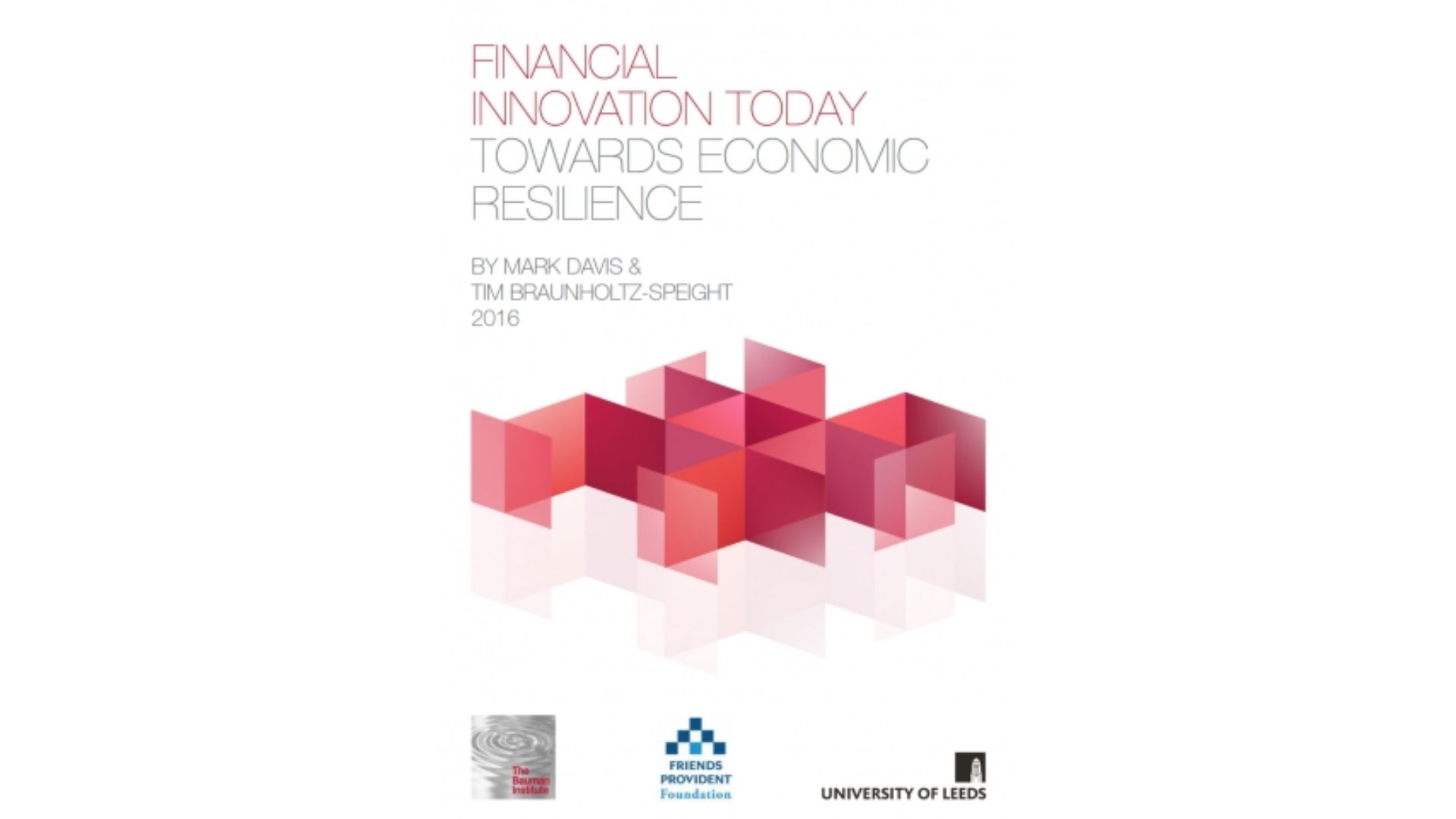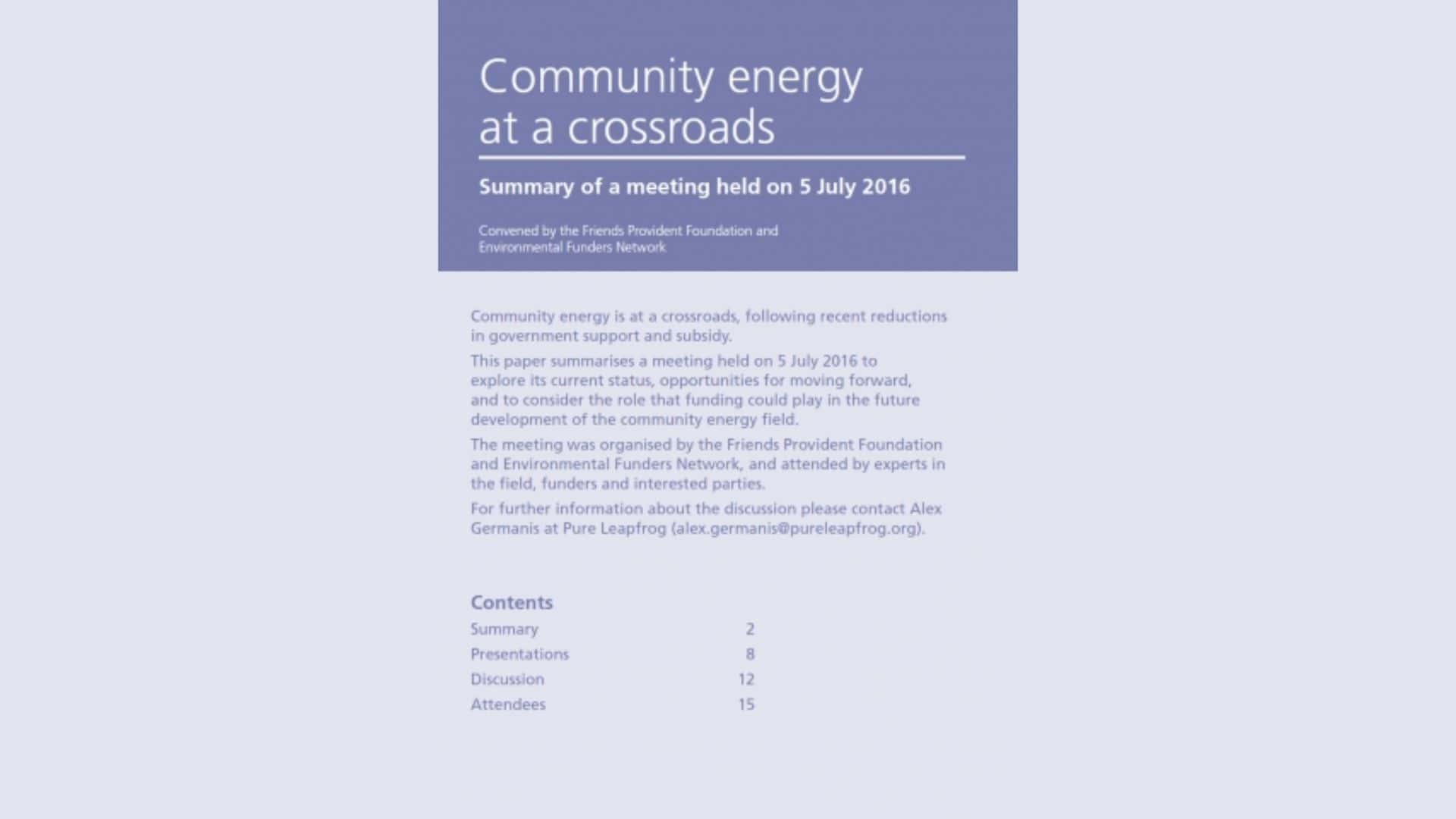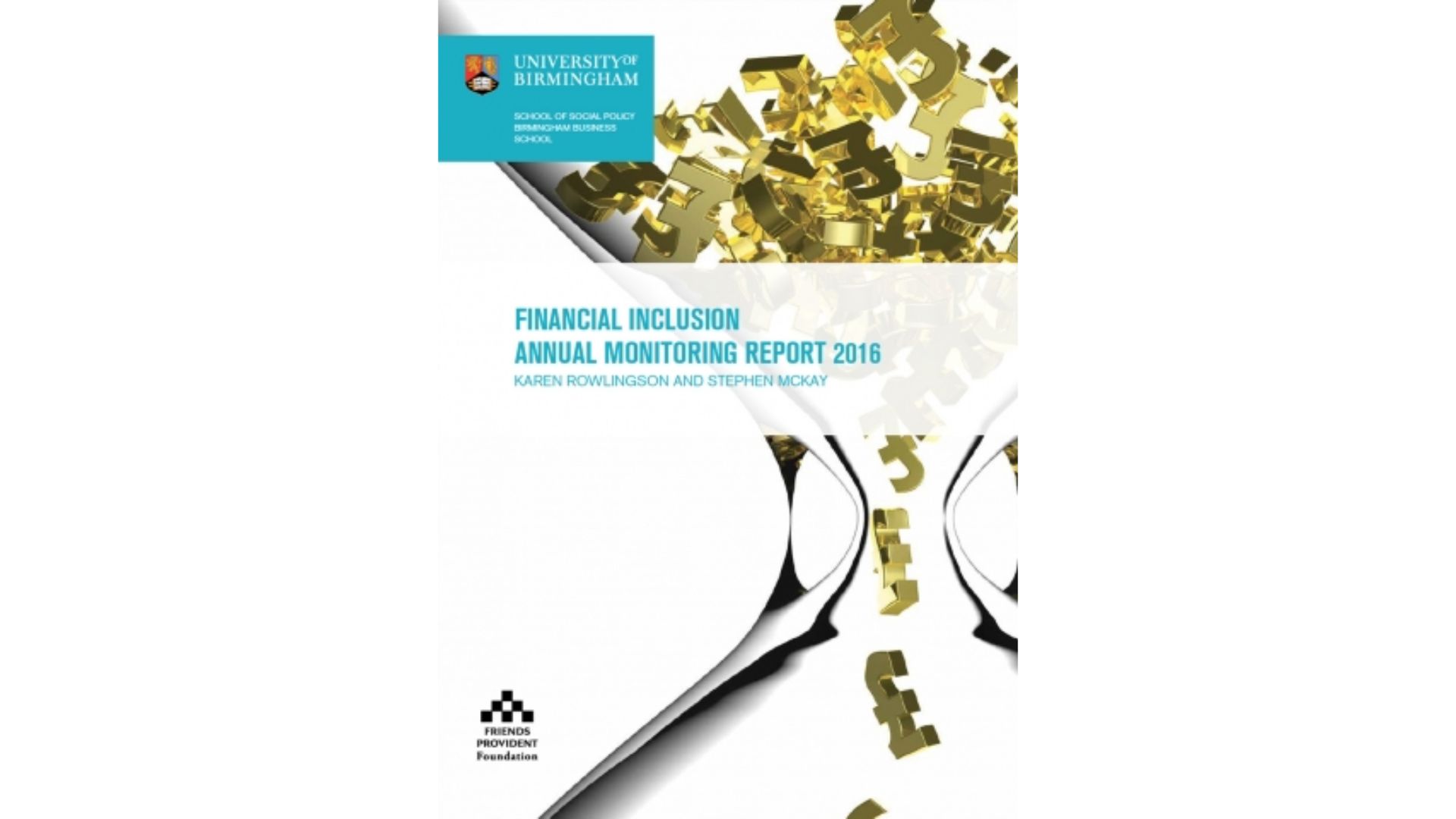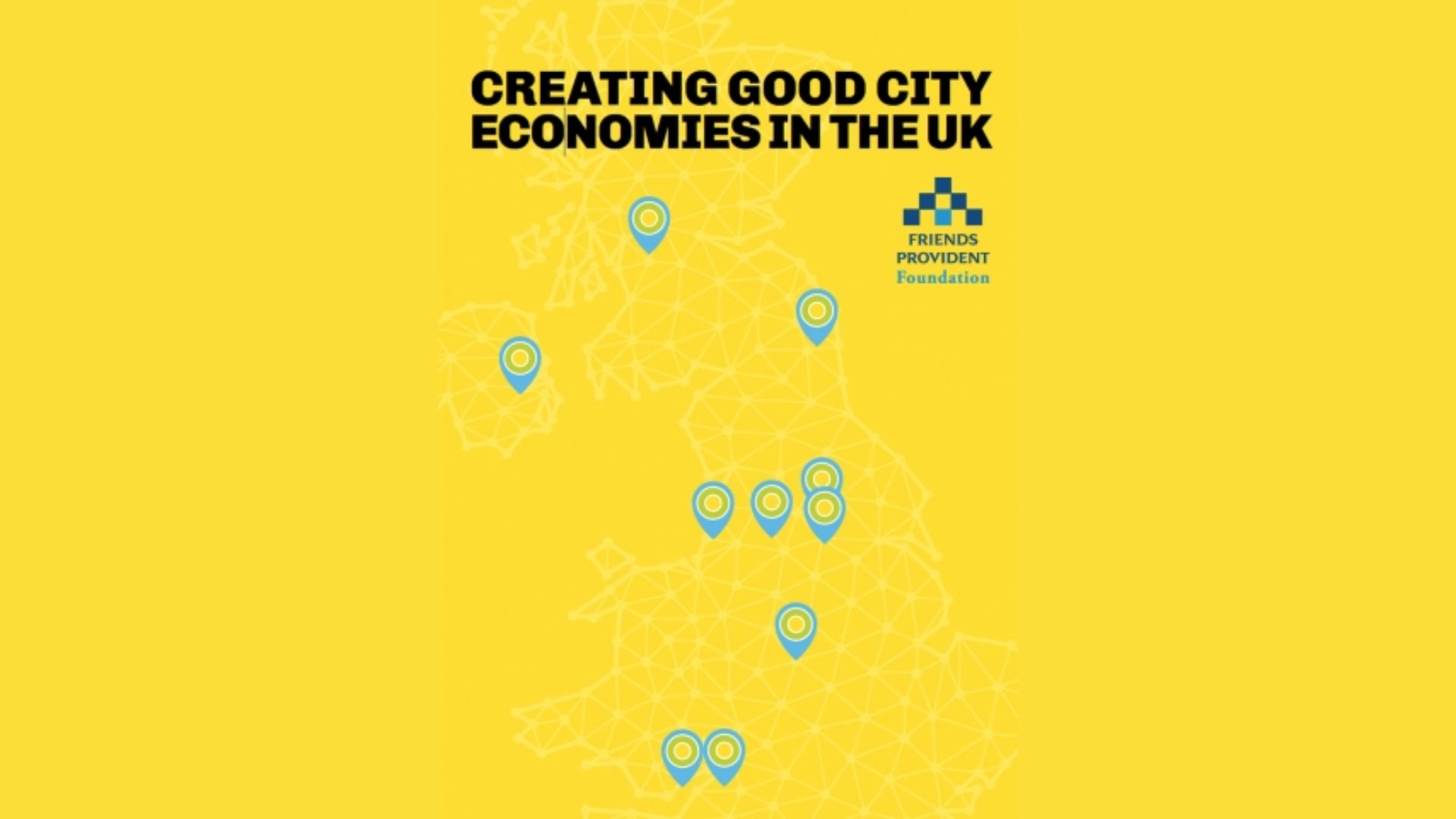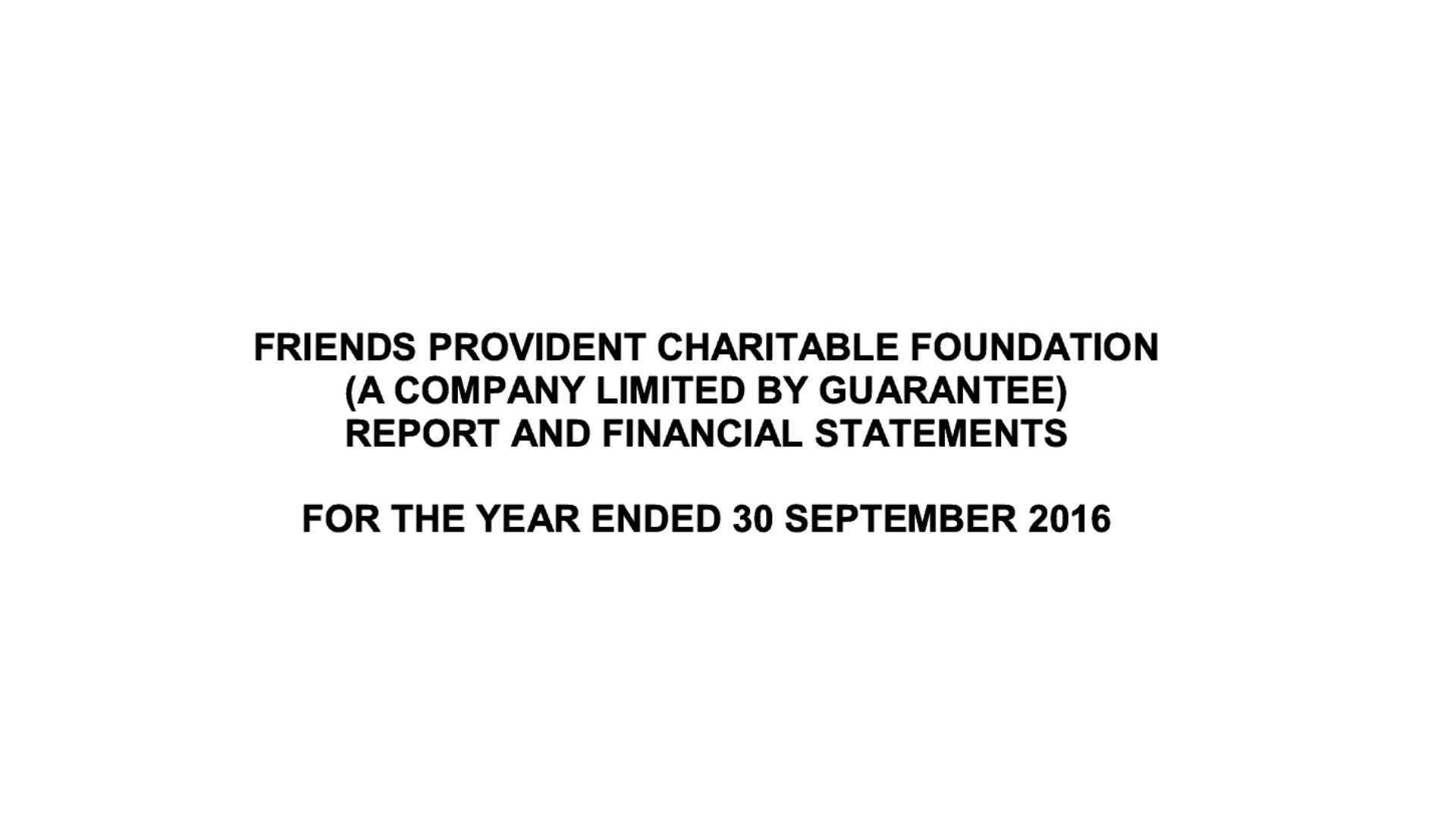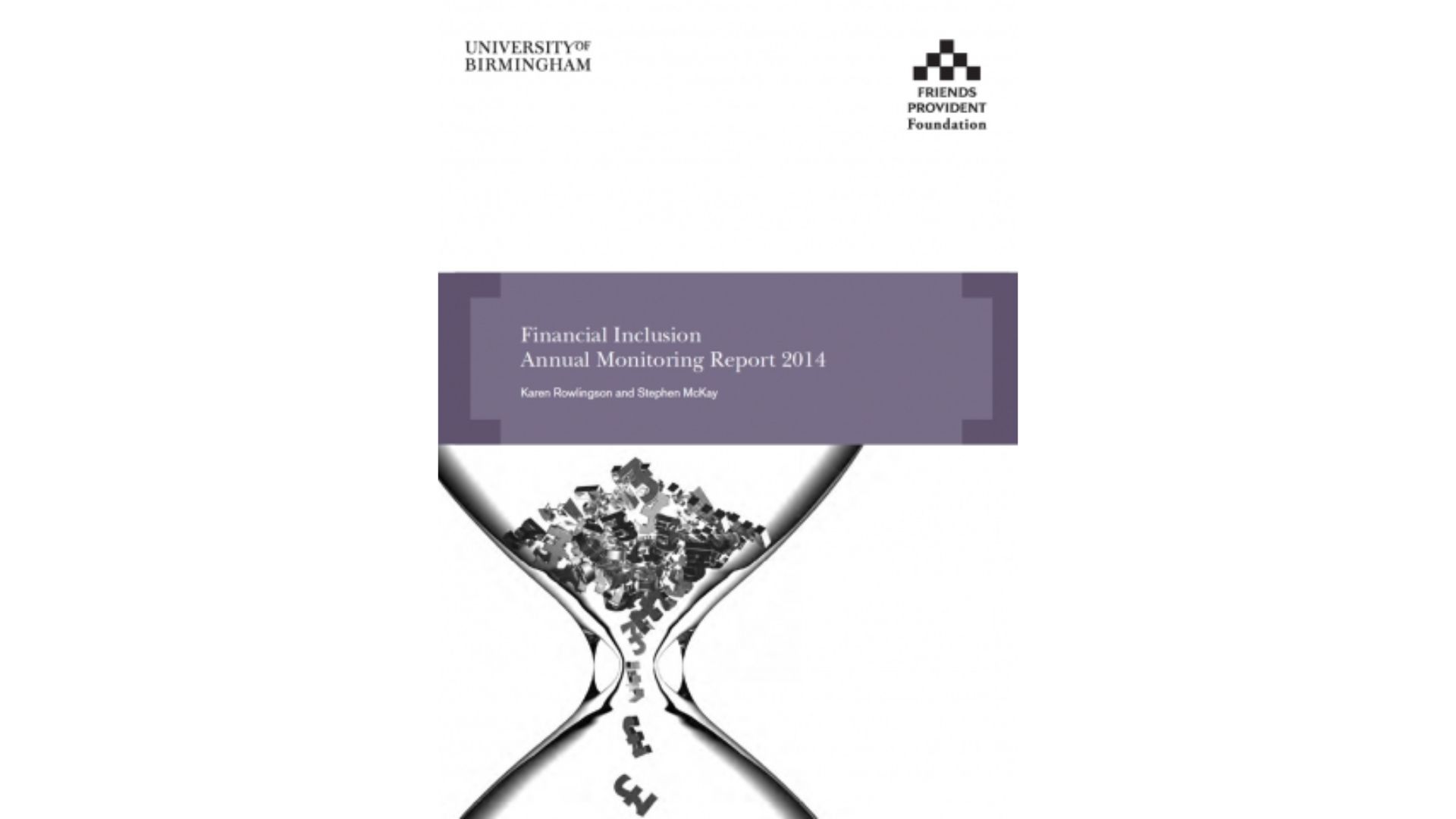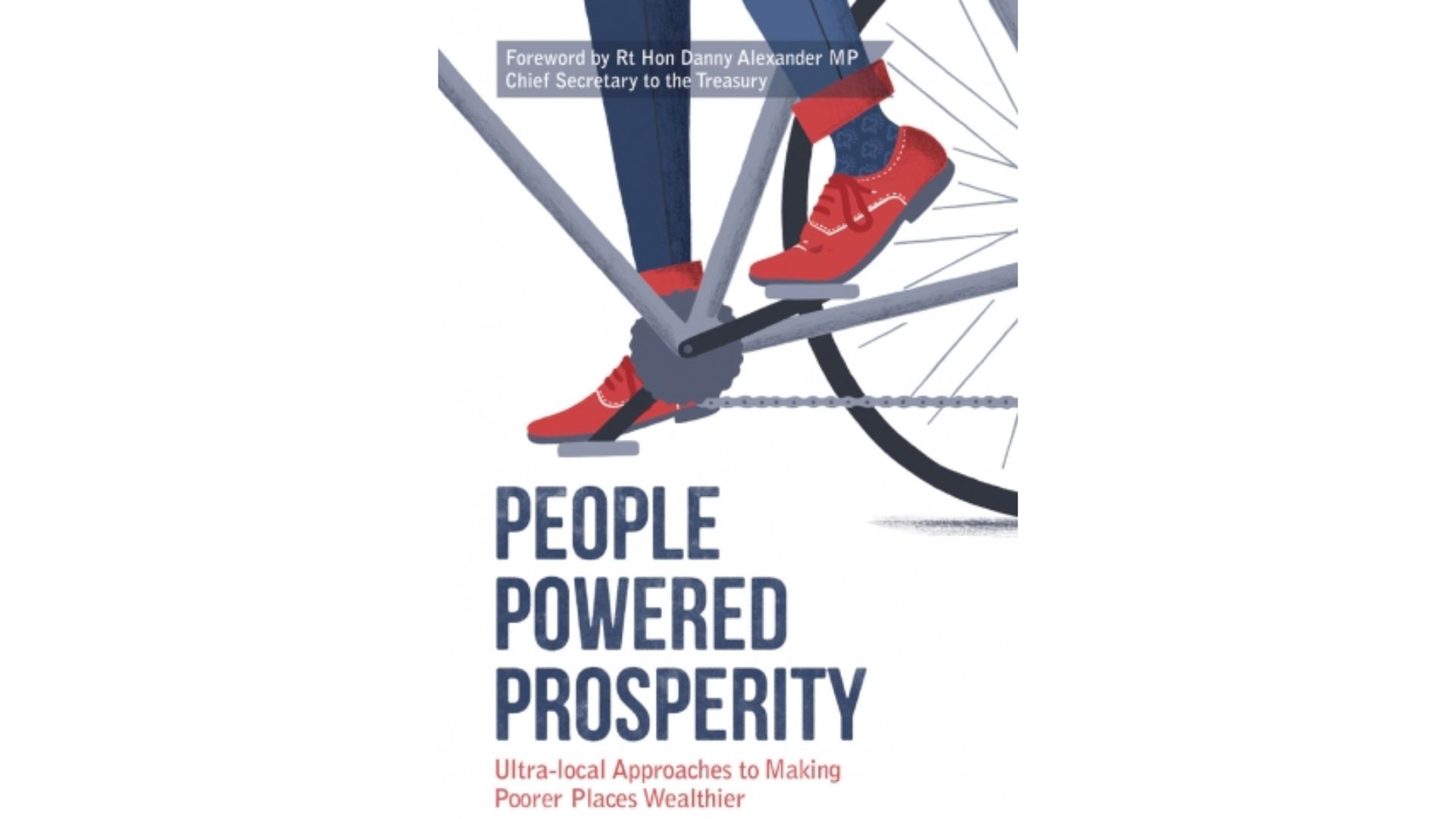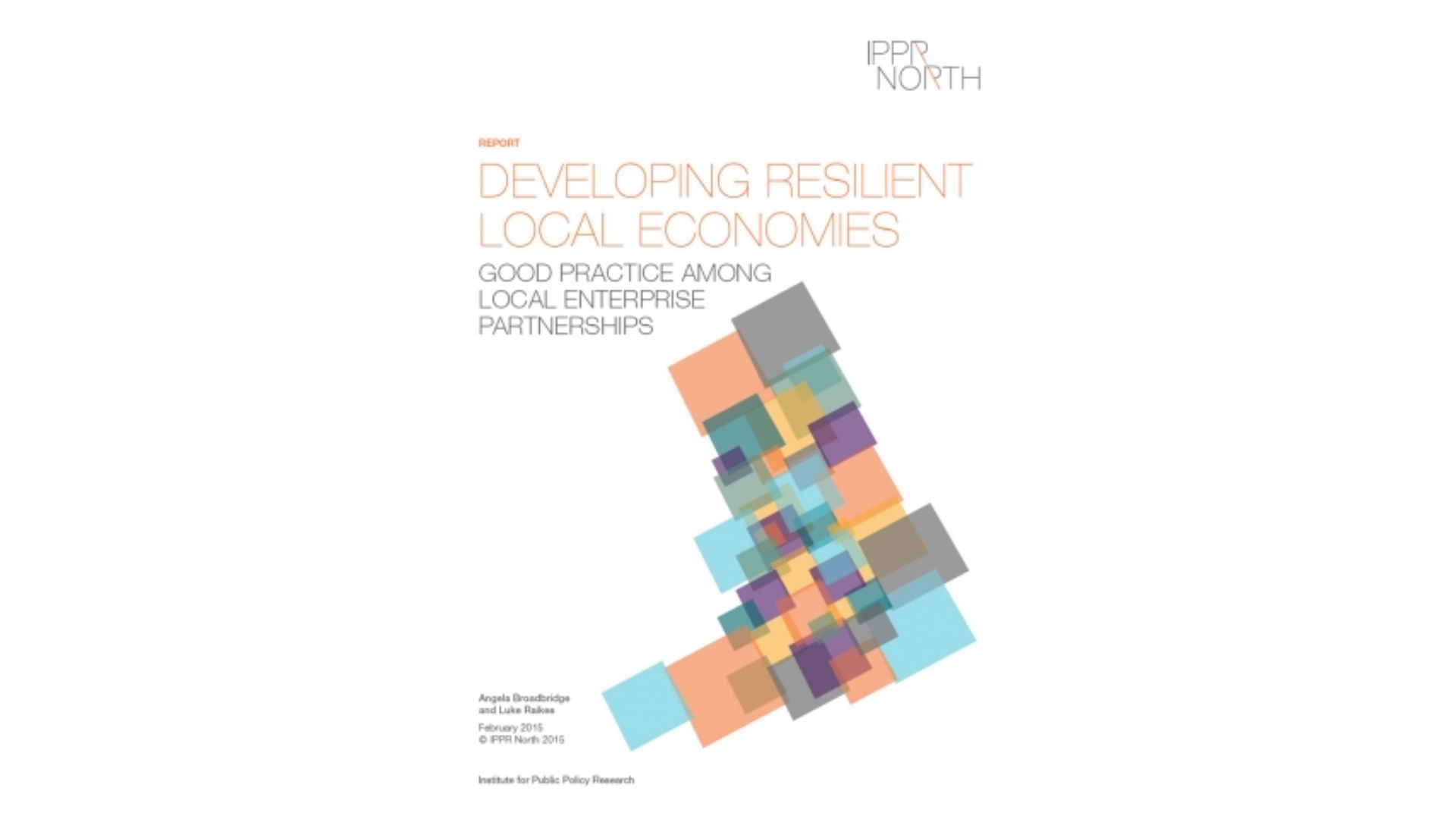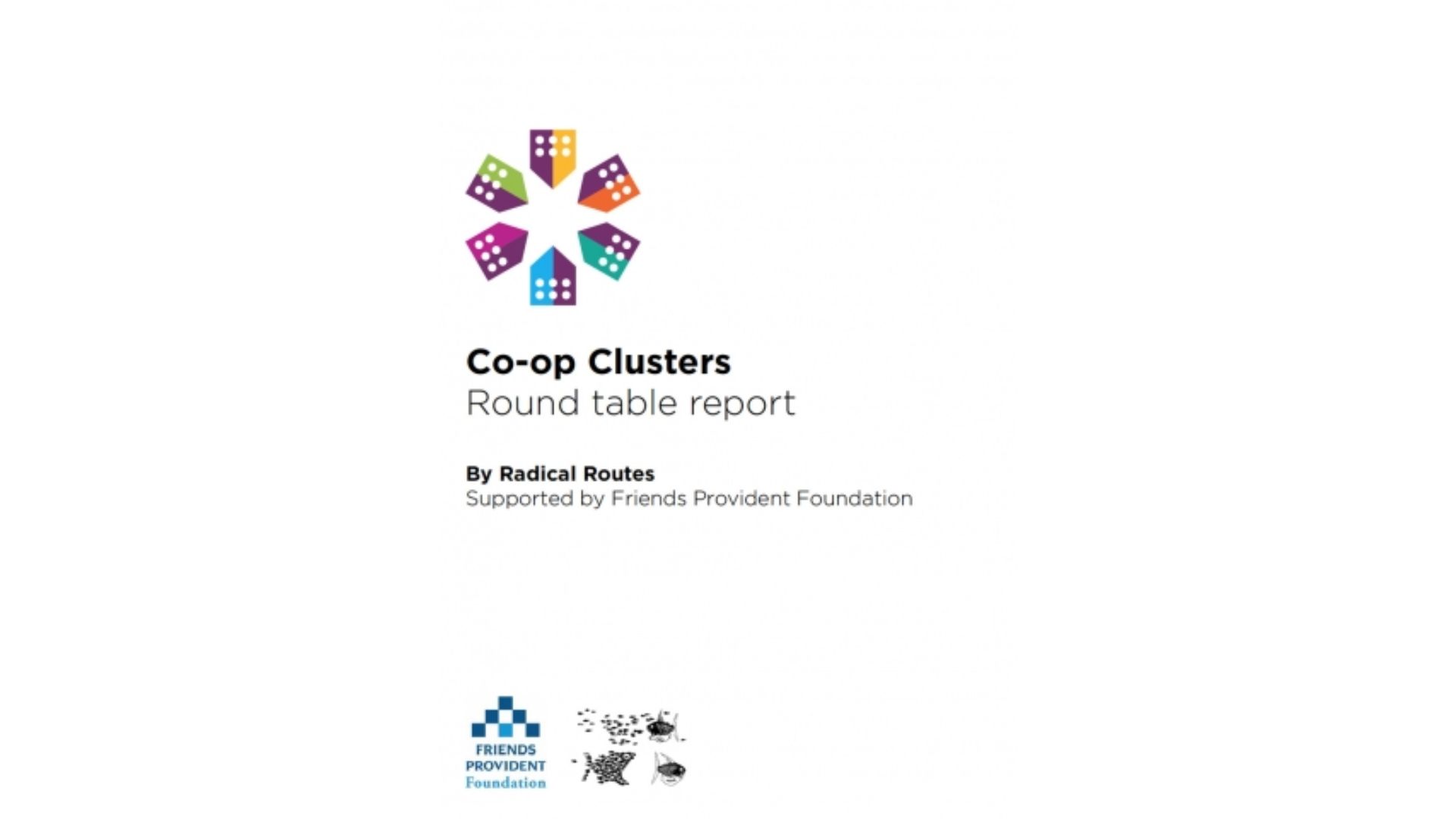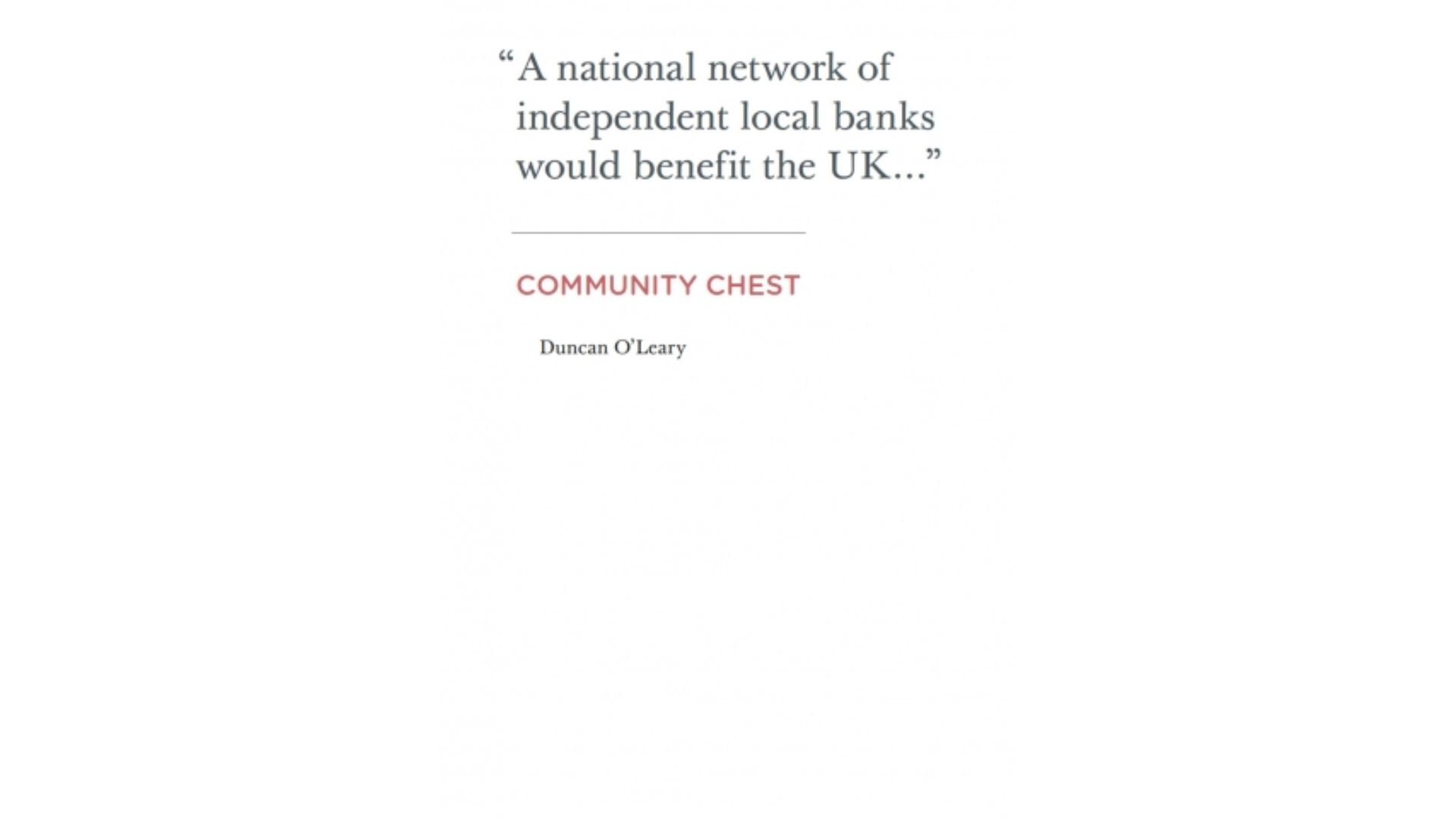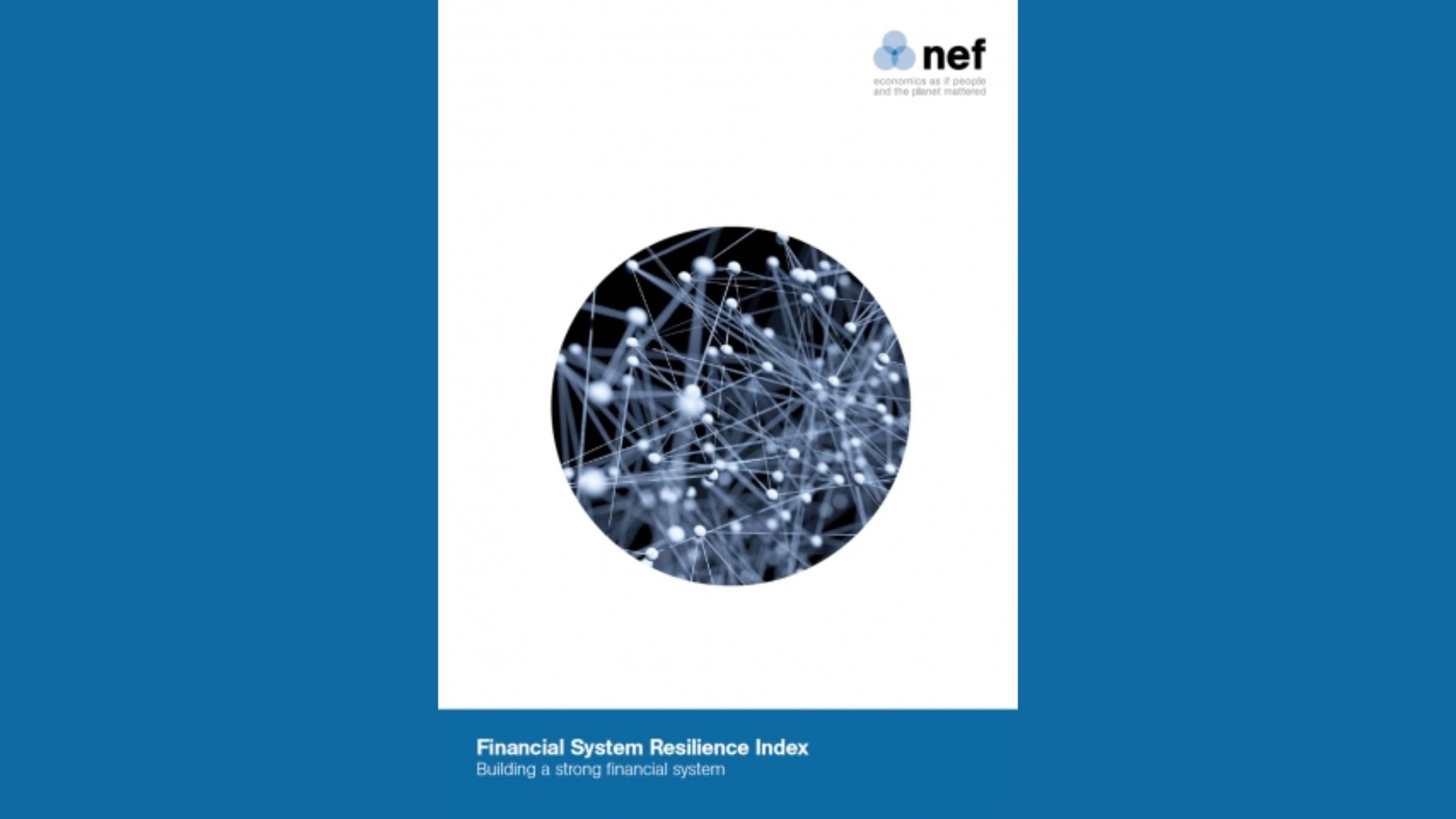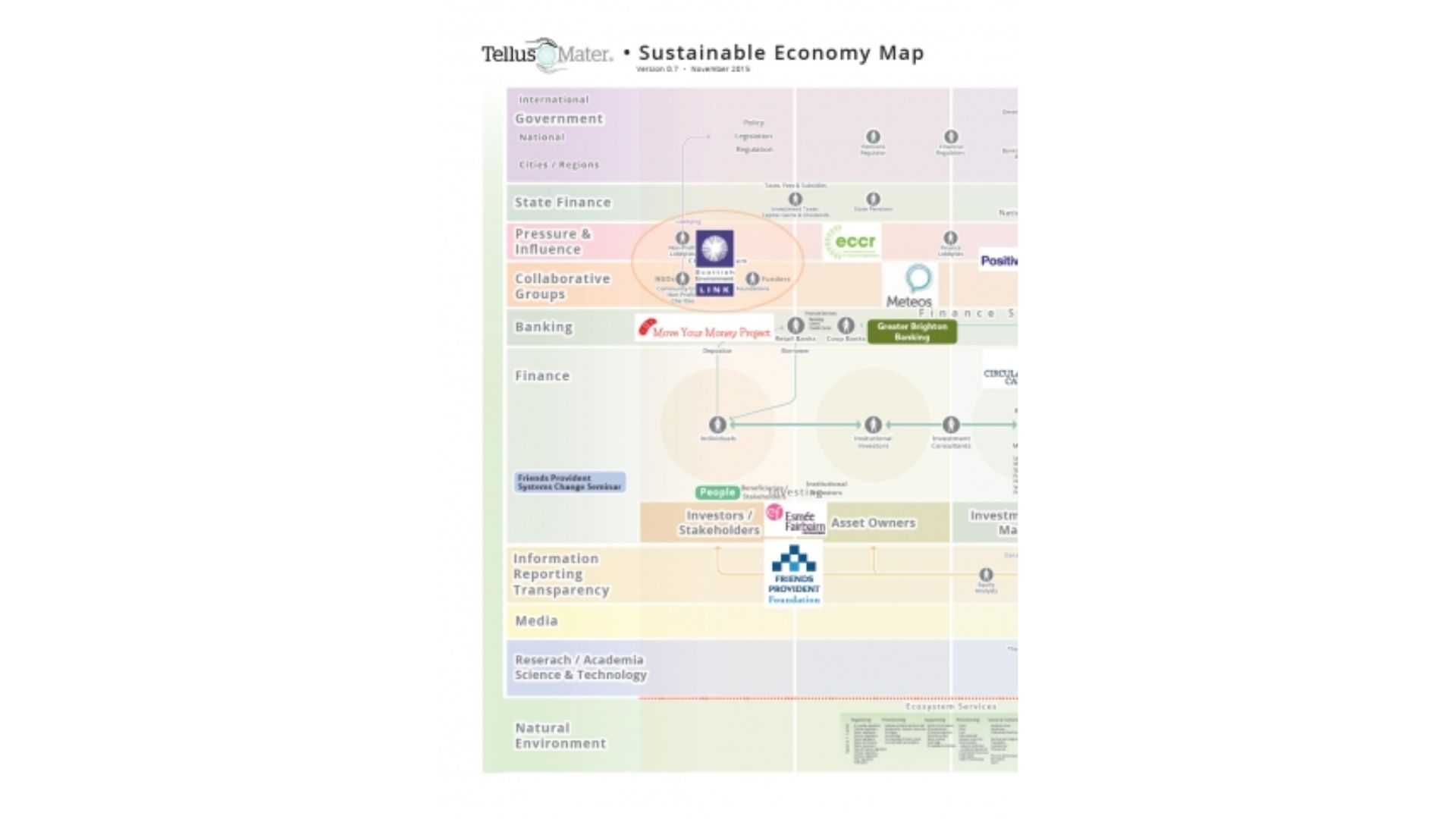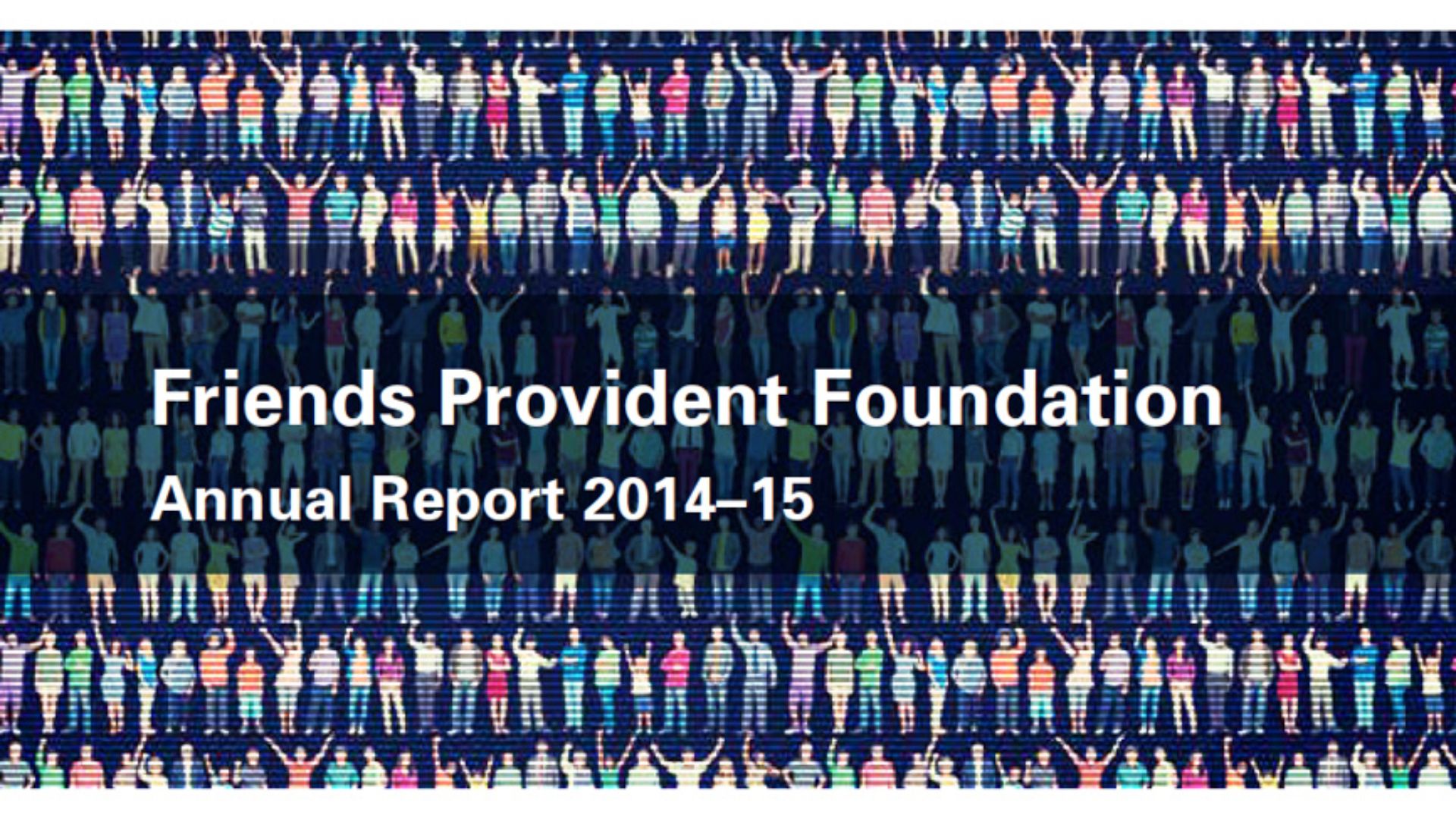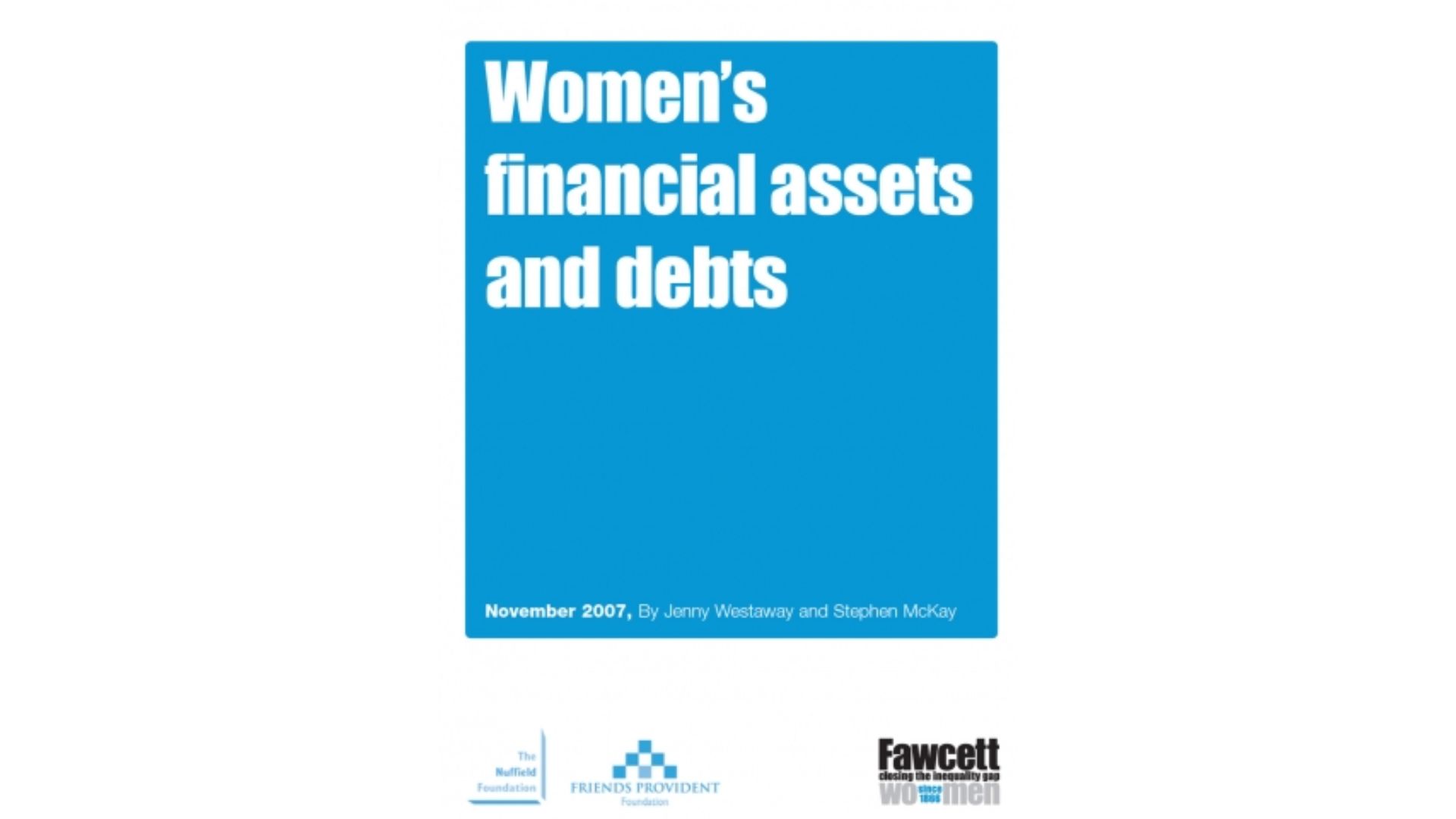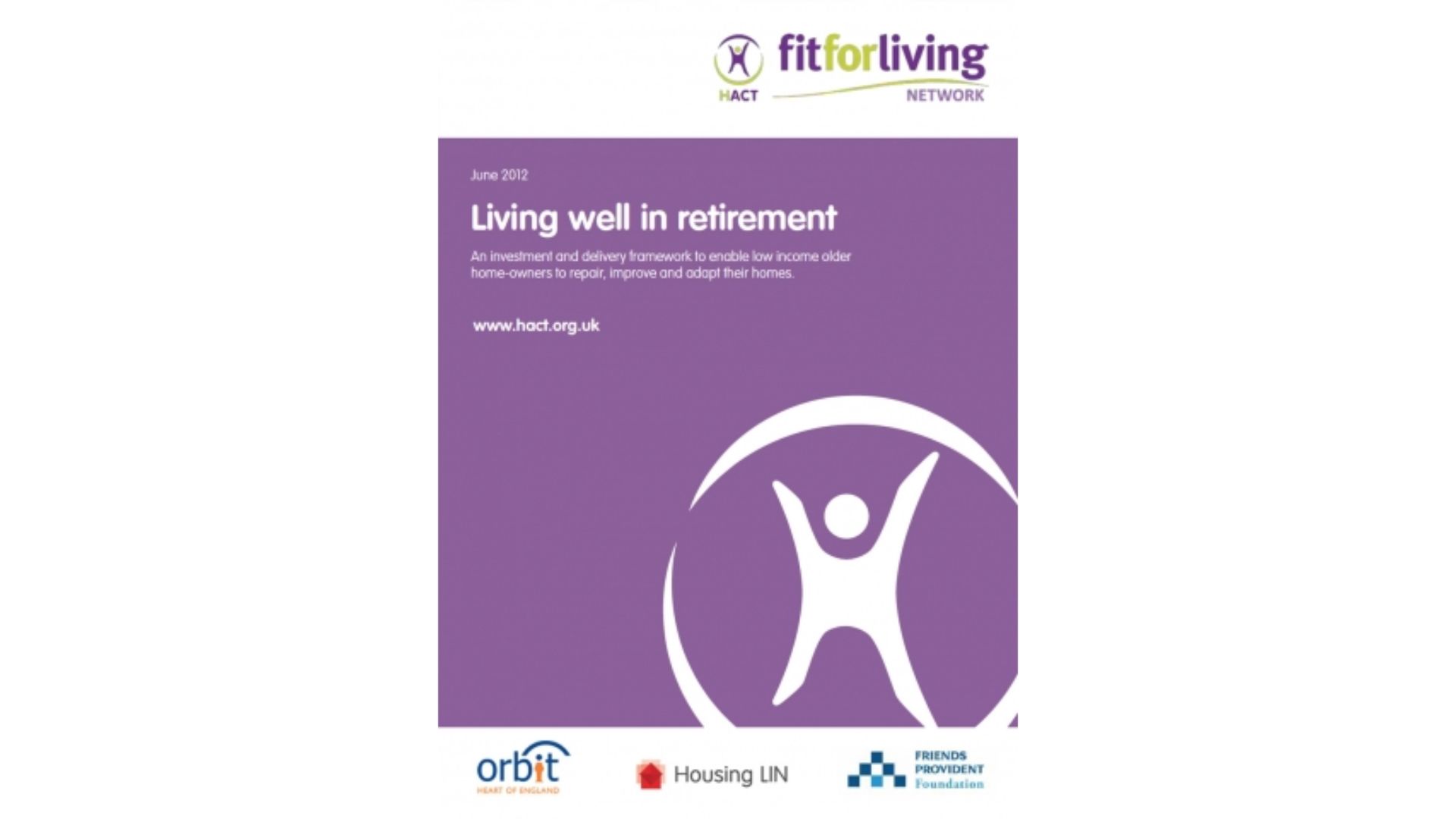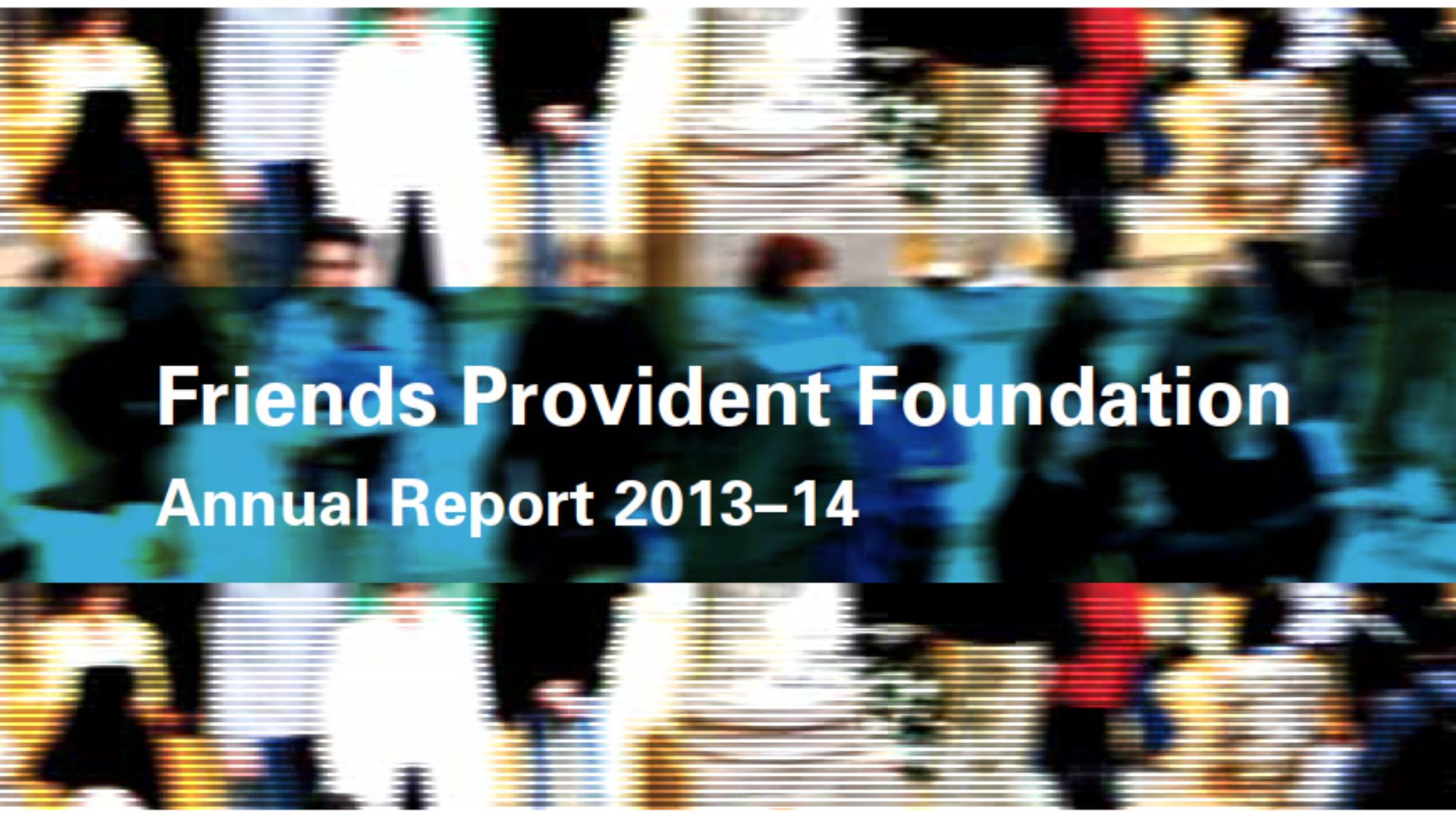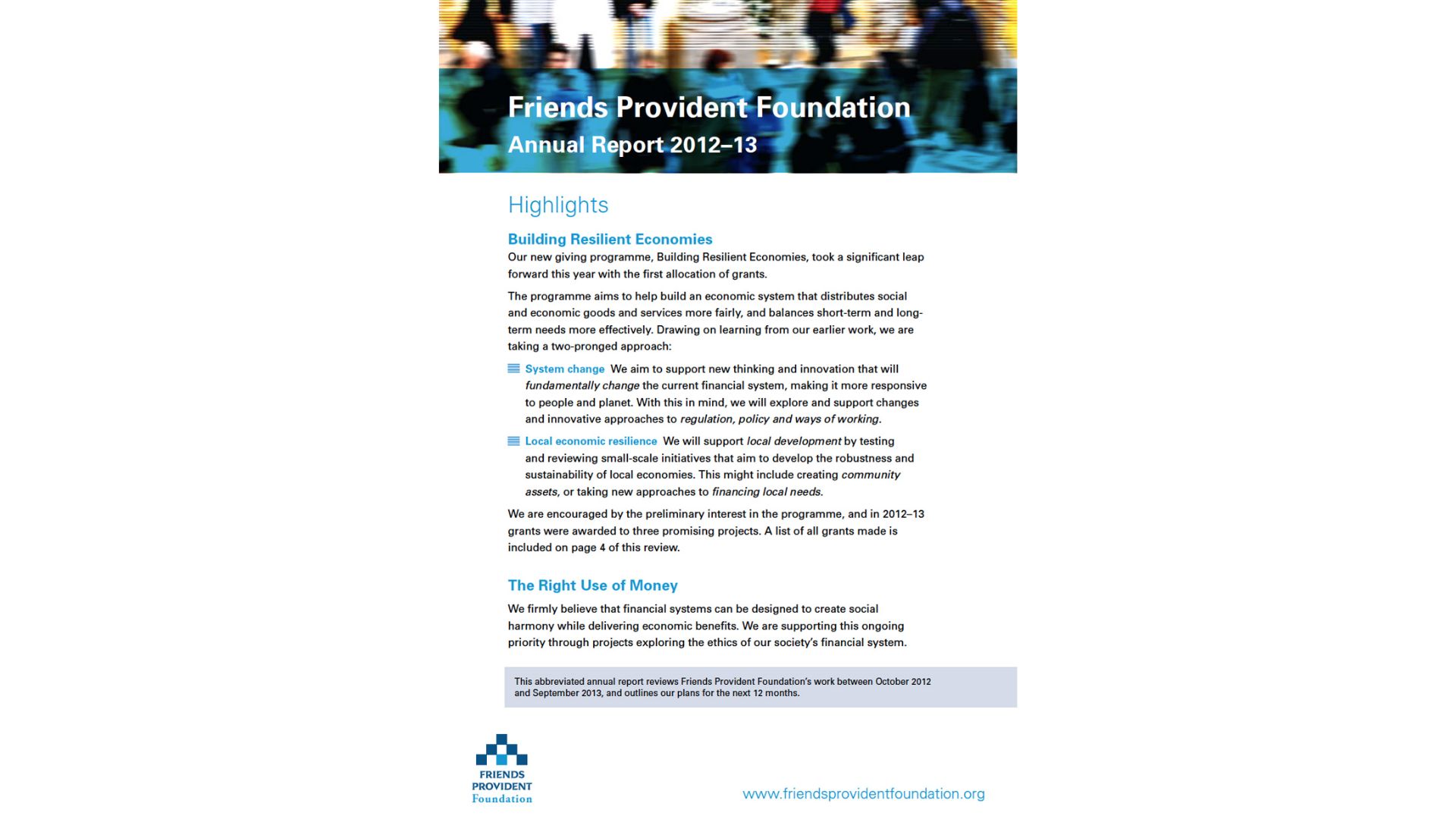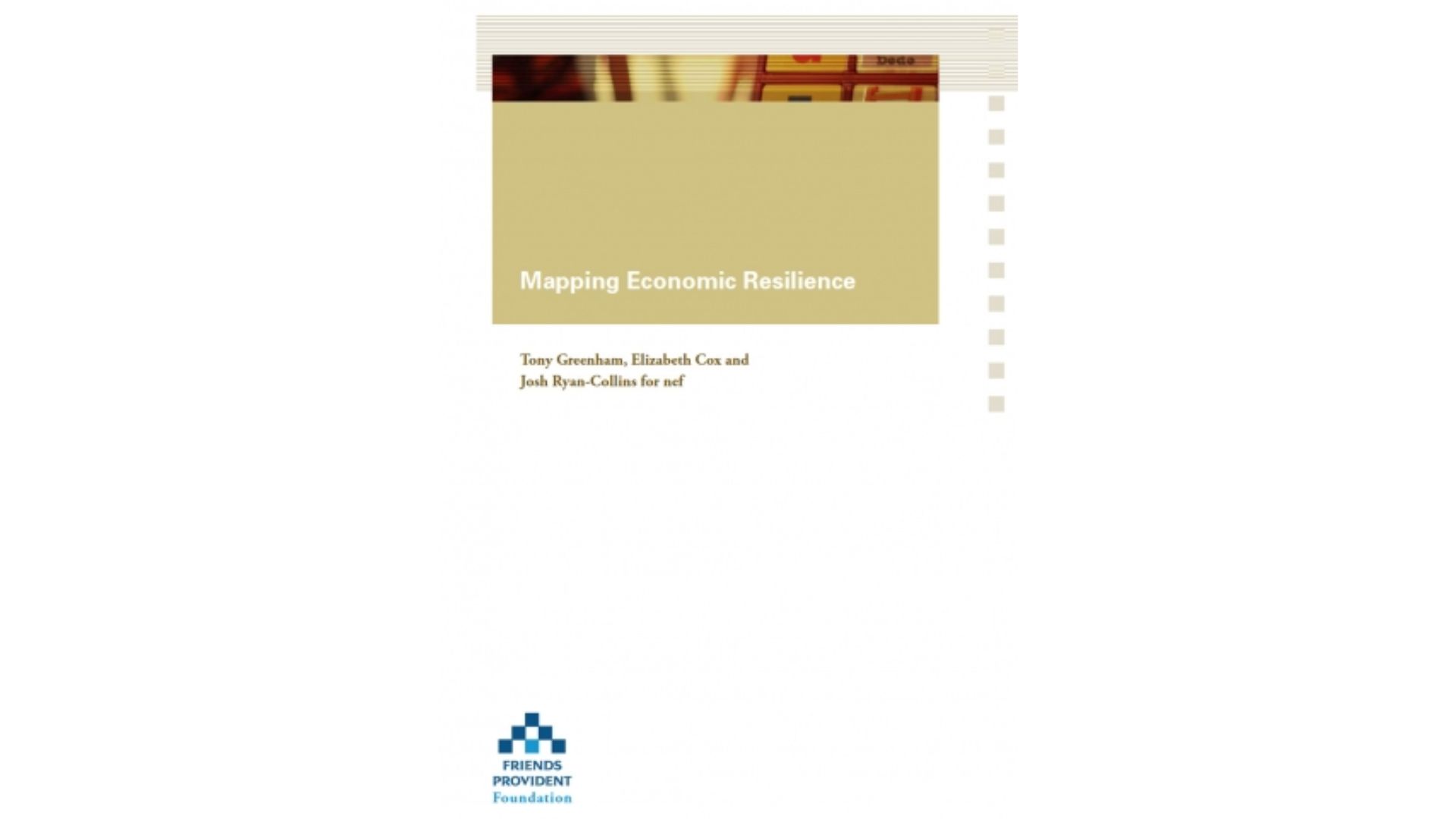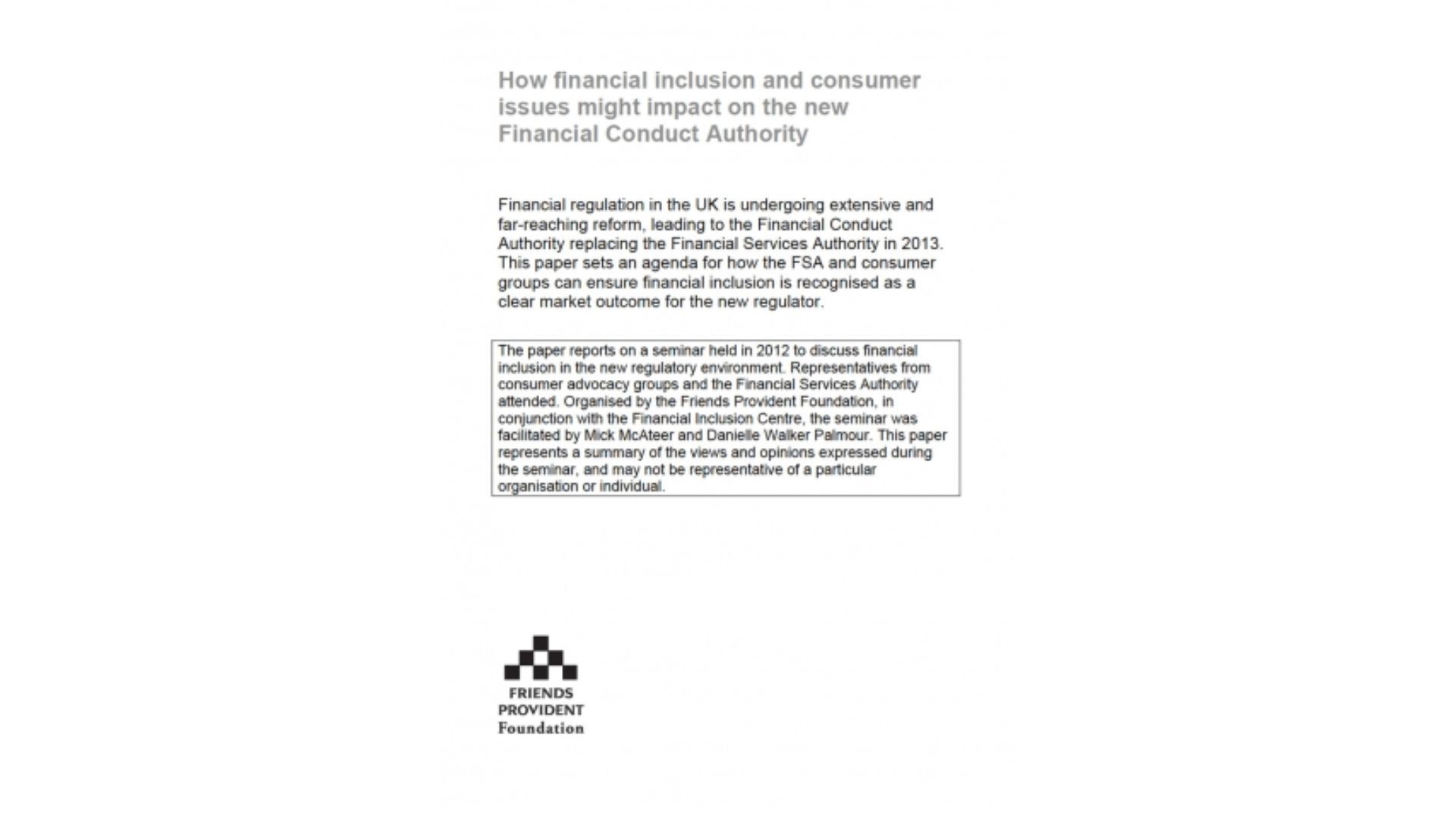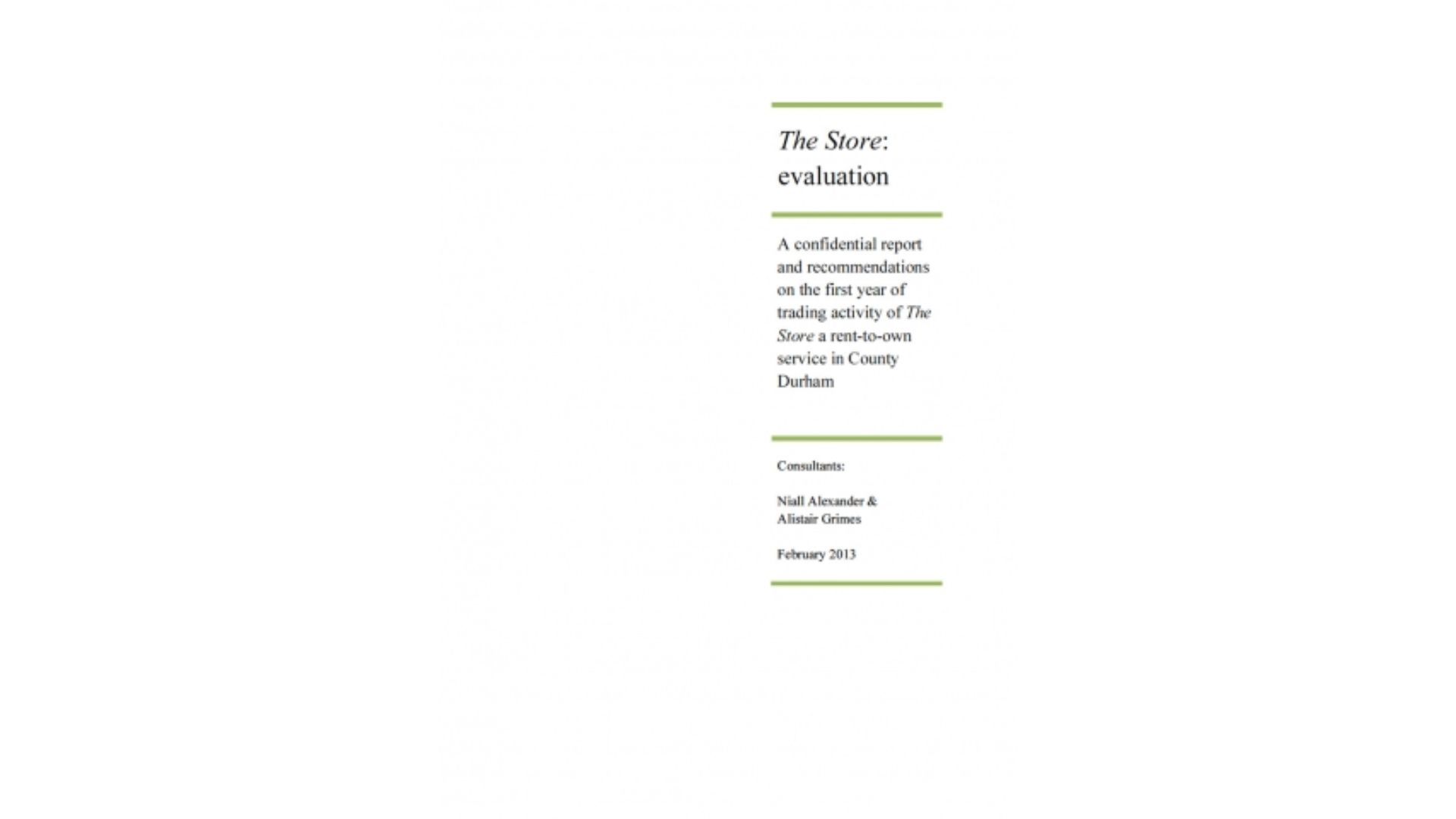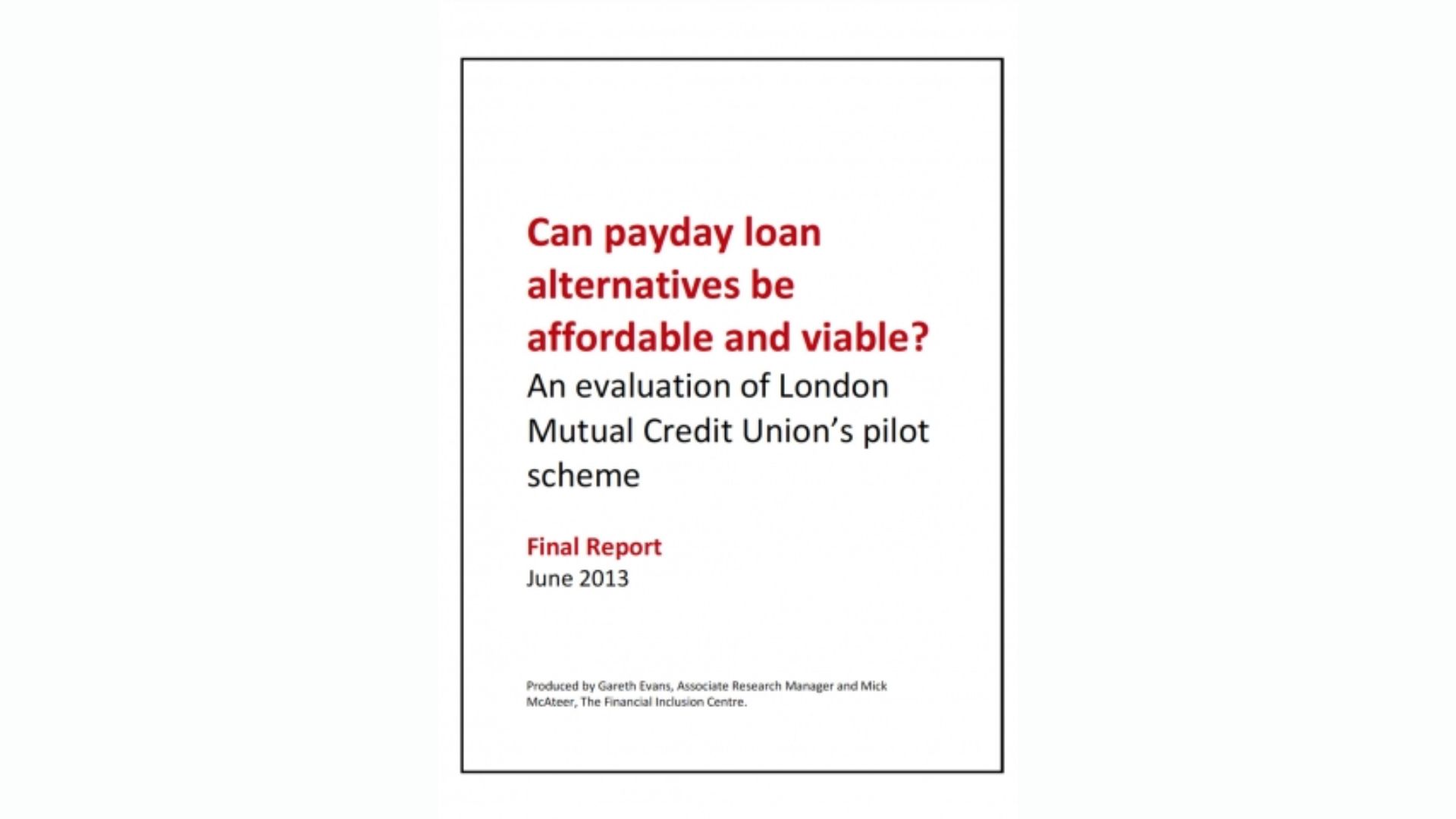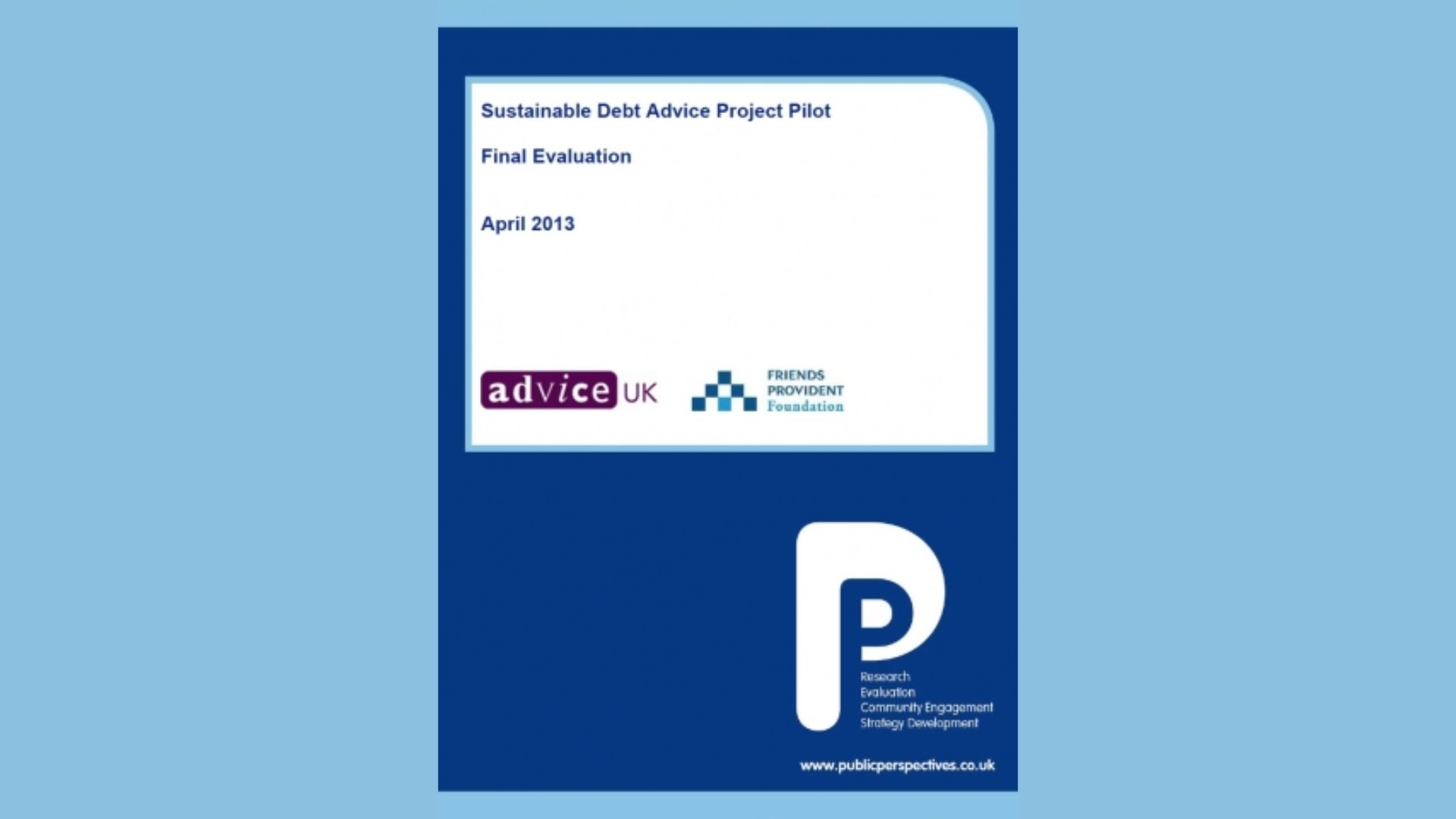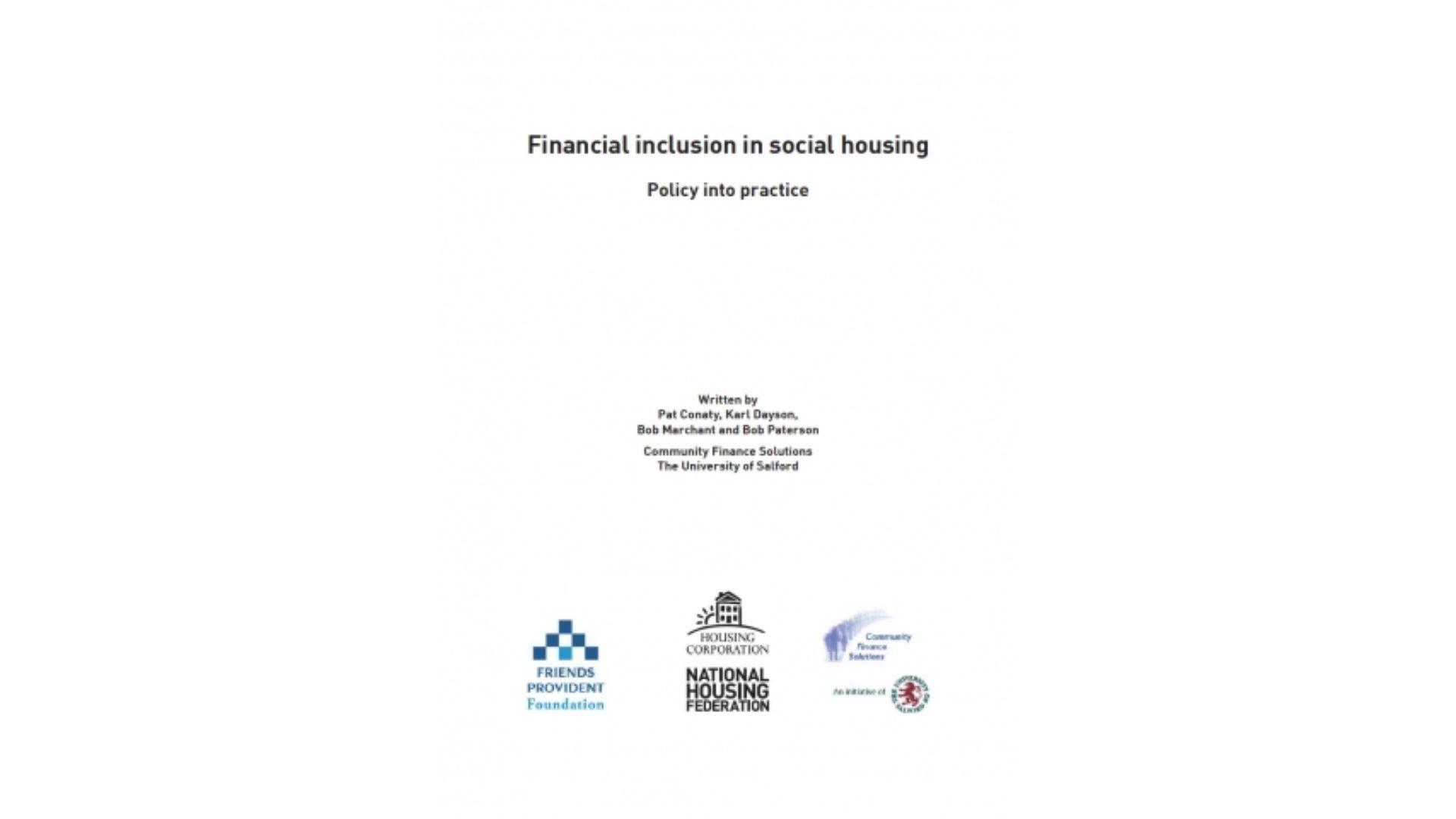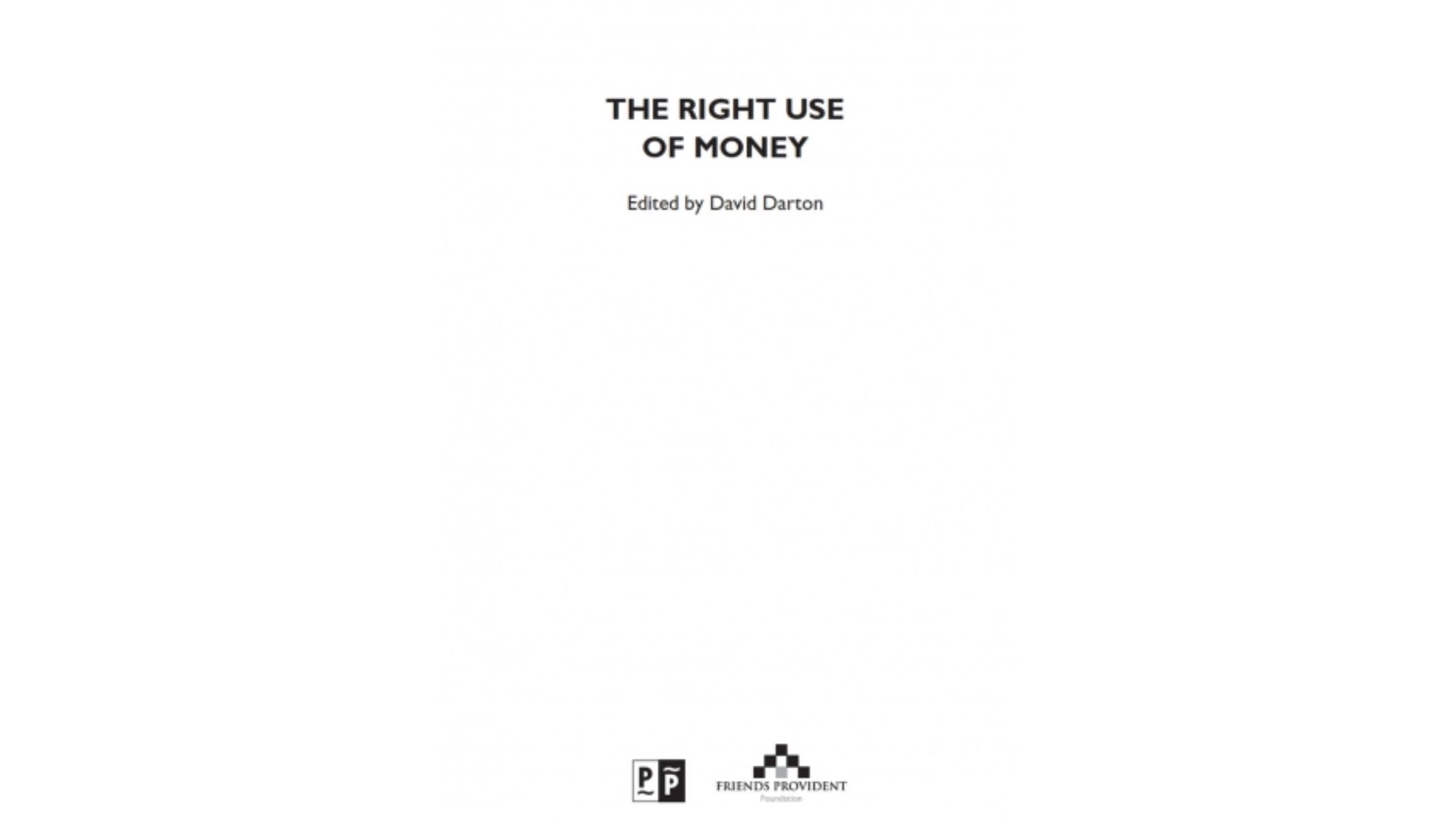Friends Provident Foundation recognises that business as usual risks climate breakdown with profound consequences for people and planet. We view the prevention of runaway climate change as an eco-socio-economic challenge and prerequisite to achieving our objective of a sustainable and fair economy.
The scientific evidence is clear that without rapid and far-reaching changes in energy, land use, transport, buildings, industry, and the economic system itself, we face man-made climate catastrophe and a new extinction event.
Friends Provident Foundation recognises that business as usual risks climate breakdown with profound consequences for people and planet. We view the prevention of runaway climate change as an eco-socio-economic challenge and prerequisite to achieving our objective of a sustainable and fair economy.
The scientific evidence is clear that without rapid and far-reaching changes in energy, land use, transport, buildings, industry, and the economic system itself, we face man-made climate catastrophe and a new extinction event.
We believe it is the responsibility of every institution, business, investor and employer to transition their purpose and operations to be consistent with keeping global heating below 1.5°C compared to pre-industrial levels – the level considered ‘safe’ by the Intergovernmental Panel on Climate Change (IPCC), which states “global net human-caused emissions of CO2 would need to fall by about 45% from 2010 levels by 2030, reaching net zero around 2050.”
At the current rate, global heating will likely rise to 1.5°C above pre-industrial levels between 2030 and 2052. How we act and the decisions we take in the next decade are crucial. A state of climate emergency is the appropriate societal response.
The rapid transition to a net-zero emission pathway must also be a just and fair transition and go hand in hand with ensuring a more sustainable and equitable society.
We therefore commit to deploy our resources and use our influence to help accelerate the transition, ensure our investments have a positive climate impact, and make changes to minimise the climate impact of our operations.
Our commitments
Investments
We will not invest in companies involved in the following areas:
- Extraction, production and distribution of fossil fuels, and similarly high carbon fuels
- Unsustainable harvest of natural resources, e.g. deforestation
- Intensive farming methods that degrade the environment, e.g. palm oil.
We will use our influence as a shareholder to:
- Promote a just and net-zero carbon transition, calling for the adoption of business models that are consistent with keeping global heating below 1.5°C and ensure economic shocks to workers, communities and consumers are mitigated
- Promote responsible corporate lobbying, calling for disclosure of direct and indirect public policy intervention, and to align lobbying (including via intermediaries such as trade associations) with company social and environmental commitments.
We will particularly favour investments in:
- Providers of renewable energy generation and storage, energy efficiency and demand management services, and other companies whose business model focus is on net-zero carbon transition, resource efficiency and circular economy, and environmental sustainability.
We will use our influence with asset managers and the market to:
- Ensure active and high standards of shareholder engagement on climate change, with expectations of forceful stewardship. We expect them to vote for all climate change related shareholder resolutions (taking a comply or explain approach), and to have an engagement escalation policy, e.g. they will vote against Director re-elections or file shareholder resolutions
- Encourage social and environmental impact reporting, including the climate impact of our investments (positive or negative), and to undertake a climate risk assessment of the funds we invest in.
Grants
- We provide grants to support a range of new thinking and practical projects with the objective of a fair and sustainable economy. We commit a strand of this work to ‘fair transition’ to address the risk of “stranded people” and “stranded communities” in terms of skills and economic utility. This includes as a result of the rapid and far reaching changes needed across the economy to address climate breakdown, and those already happening such as the transition from large centralised energy generation from fossil fuels to distributed renewable energy. A fair transition is a necessity for a rapid and resilient net-zero transition
- We will encourage our grant holders to develop their own responses to the climate emergency and will provide means through which they can exchange ideas and good practice with us and each other.
Operations
- We will engage our property manager at Blake House in York to switch to a renewable energy tariff and to improve building energy efficiency as well as engage other tenants in an on-going dialogue in how we might collectively improve our practices
- We will review our travel policy to support sustainable travel and consider positive incentives for reduced and sustainable travel in staff holiday policy
- We will be flexible in our working practices to help staff reduce the carbon impact of commuting
- We will reduce our catering carbon footprint by transitioning to meat-free catering, reviewing the use of palm oil in Foundation purchased food and challenging our caterers to report on carbon and food waste management when developing menus
- We will build considerations of environmental impact into our procurement processes
- We will ensure that staff and contractors (e.g. freelance assessors) are supported to develop appropriate levels of ‘climate literacy’
- We will report annually on our progress against these commitments as part of our annual report.
CLIMATE EMERGENCY DECLARATION – ANNUAL STATEMENT 2022
In September 2019, we published a Climate Emergency Declaration stating our view that “the prevention of runaway climate change is an eco-socio-economic challenge and prerequisite to achieving our objective of a sustainable and fair economy” and that we believe “it is the responsibility of every institution, business, investor and employer to transition their purpose and operations to be consistent with keeping global heating below 1.5°C.”
We made commitments covering investments, grants, and operations, which are available on our website, including to report annually on progress as part of our annual report. In 2021/22:
- We used our influence as a shareholder to “promote a just and net-zero carbon transition”.
Since 2020, we have worked with a ShareAction-led investor coalition to engage HSBC on net zero transition and fossil fuel finance. In April 2022, we withdrew our second shareholder resolution in two years following important commitments secured from HSBC, including to:
- Phase down financing of fossil fuels in line with limiting global temperature rise to 1.5C
- Update the scope of its oil, gas and thermal coal policies by the end of 2022
- Update the scope of its fossil fuel targets to cover capital markets activities by the end of 2022
- Publish a transition plan in 2023, which will clearly explain how HSBC will implement its net zero ambition and will be aligned with the 1.5C goal and just transition principles.
Further action will be taken in 2023 if the bank’s new policies fall short of its commitments.
In 2022, we also co-filed a shareholder resolution at Standard Chartered with NGO Market Forces. It called on the bank to:
- Cease the provision of finance to fossil fuel expansion, including new projects and expansion of existing projects, and;
- Adopt short, medium, and long-term targets to reduce fossil fuel exposure consistent with the goal of net zero by 2050.
The resolution was the first to be aligned with the new International Energy Agency’s (IEA) net zero by 2050 pathway, and the first ESG resolution to be tabled at Standard Chartered. 12% of shareholders voted in support at the AGM.
We have also been using shareholdings in energy utility companies to successfully engage them to adopt formal just transition strategies (see investment report).
- We have used our influence with asset managers and the market to “ensure active and high standards of shareholder engagement on climate change”.
Working alongside grant recipient Students Organising for Sustainability (SOS) and the Charities Responsible Investment Network, we produced the ‘COP26 declaration of asset owner expectations’, which was launched at a fringe event at the COP26 climate talks in November 2021 with 27 founding signatories representing assets of £7 billion.
The declaration sets minimum standards to judge asset manager claims against and assist others to judge what is good practice and what is greenwashing. During 2022, signatories have been engaging their managers on these standards to help establish them as market norms. Cazenove/Schroders adopted new policies following our engagement and are approaching compliance with the declaration.
- We have particularly favoured investments in “companies whose business model focus is on net zero carbon transition”. Our social investments have a focus on community energy and in 2021/22 included new investments of £100,000 in Energy Garden and £40,000 in People Powered Retrofit. We also invested £90,000 in nature-based solutions with Wyre Catchment CIC. Our mainstream and Snowball investments include renewable energy, green bonds, and energy transition (see investment report)
- We committed a strand of our grant work to ‘fair transition’, to address the risk of ‘stranded people’ and ‘stranded communities’ in terms of skills and economic utility, including as a result of the rapid and far reaching changes needed to decarbonise the economy. We view a fair transition as a necessity for a rapid and resilient net-zero transition.
In 2021/22, we gave a grant of £100,000 to Community Energy England to support sector resilience and growth, £85,000 to the London School of Economics Grantham Institute for its ‘Financing the Just Transition’ programmeme, £150,000 to Students Organising for Sustainability (SOS) for its ‘Invest for Change’ programmeme with students engaging universities to invest endowments sustainably, £25,500 to Ethical Consumer for its fossil-free investment fund ratings system, and £10,000 to Riding Sunbeams to support its reorganisation (see table of grantholders).
- Whilst the pandemic has disrupted the delivery of some operational commitments, we have:
- reduced our catering carbon footprint by switching to meat-free catering
- signed up to the ‘Climate Perks’ commitment from climate charity Possible to offer staff paid ‘journey days’ to encourage low-carbon holiday travel
- engaged our property manager and supported them to introduce building-wide recycling and basic energy efficiency measures
- reviewed our travel policy to privilege public and sustainable transport.
We will continue to deploy our resources and use our influence to help accelerate the transition
CLIMATE EMERGENCY DECLARATION – ANNUAL STATEMENT 2021
In September 2019, we published a Climate Emergency Declaration stating our view that “the prevention of runaway climate change is an eco-socio-economic challenge and prerequisite to achieving our objective of a sustainable and fair economy” and that we believe “it is the responsibility of every institution, business, investor and employer to transition their purpose and operations to be consistent with keeping global heating below 1.5°C.”
We made commitments covering investments, grants and operations, which are available on our website, including to report annually on progress as part of our annual report. In 2020/21:
- We used our influence as a shareholder to “promote a just and net-zero carbon transition”. This included co-filing a shareholder resolution at HSBC in January 2021, along with 14 other institutional investors. The resolution was coordinated by ShareAction and called for a net-zero transition plan and timetable to divest fossil fuels, in line with the climate science. We withdrew it in March following negotiation with HSBC on the wording of its management resolution, which commits HSBC to alignment with the Paris climate agreement, including short and medium-term science-based targets and to divestment from coal.
At the HSBC AGM in May, the resolution passed with 99.7% of the shareholder vote. Regular meetings are being held with HSBC as it develops its coal policy and wider climate strategy. Further action could be taken in 2022 if they are inadequate.
Throughout 2020/21, we have also been using our shareholder influence to engage energy utility companies to adopt formal just transition strategies to accompany net zero plans, securing the world’s first strategy from SSE plc.
- We have used our influence with asset managers and the market to “ensure active and high standards of shareholder engagement on climate change”. These standards featured heavily in our ‘ESG investing olympics’ tender for a new asset manager, and subsequent ‘state of the sector’ report and market recommendations.
We have engaged one of our asset managers to act on climate misinformation by one its largest holdings, Alphabet, the parent company of YouTube and Google. Our manager requested YouTube de-prioritise content featuring climate denialism in a similar way to extremist content and stop it from being monetised. A policy was announced and implementation is being monitored.
- We have particularly favoured investments in “companies whose business model focus is on net-zero carbon transition”. Our social investments have a focus on community energy and include Riding Sunbeams, Awel Wind Co-op, and Egni Solar Co-op. Our mainstream investments include a new manager with investments in renewable energy, green bonds and energy transition
- We committed a strand of our grant work to ‘fair transition’, to address the risk of ‘stranded people’ and ‘stranded communities’ in terms of skills and economic utility, including as a result of the rapid and far-reaching changes needed to decarbonise the economy. We view a fair transition as a necessity for a rapid and resilient net-zero transition.
In 2020/21, we gave a grant of £101,200 to Community Energy England to support ‘transitioning to a fairer, decentralised, decarbonised and democratic energy system’ and £30,000 to Power for People for its Local Energy Bill campaign. We also gave a grant of £252,707 to the Womens’ Budget Group for its ‘Feminist Green New Deal’ programmeme and £50,000 to 350.org for its ‘Green New Deal Rising’ programmeme for youth leadership.
- We have used our influence to support public policy engagement. In 2021, we match-funded a Climate Coalition campaigner to advocate for community energy in the run up to COP26. We also helped mobilise some of the 75 signatories to an open letter in support of the Environmental Audit Committee’s recommendations on community energy
- Whilst the pandemic has disrupted the delivery of some operational commitments, we have:
- reduced our catering carbon footprint by switching to meat-free catering;
- signed up to the ‘Climate Perks’ commitment from climate charity Possible to offer staff paid ‘journey days’ to encourage low-carbon holiday travel;
- engaged our property manager and supported them to introduce building-wide recycling and basic energy efficiency measures and;
- reviewed our travel policy to privilege public and sustainable transport.
We will build upon the progress made in 2020/21 and continue to deploy our resources and use our influence to help accelerate the transition.





